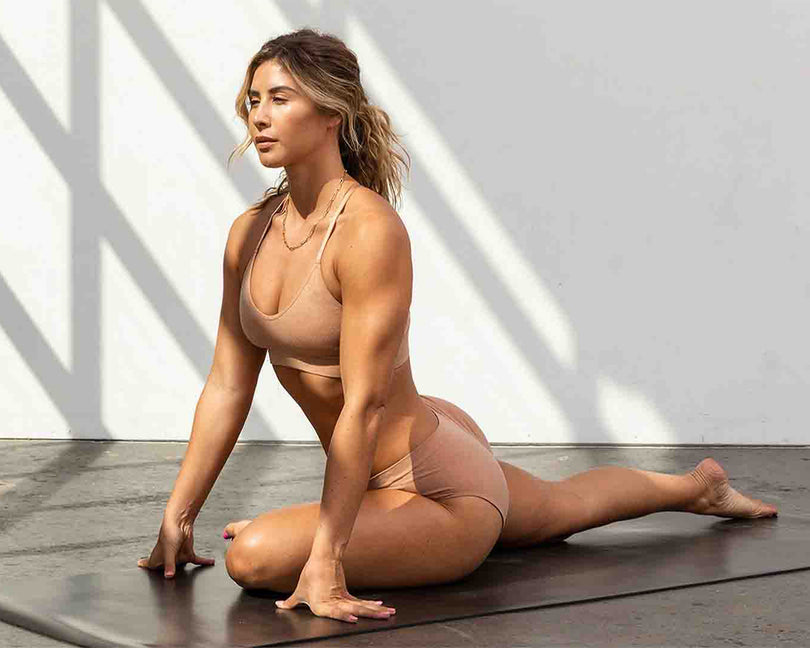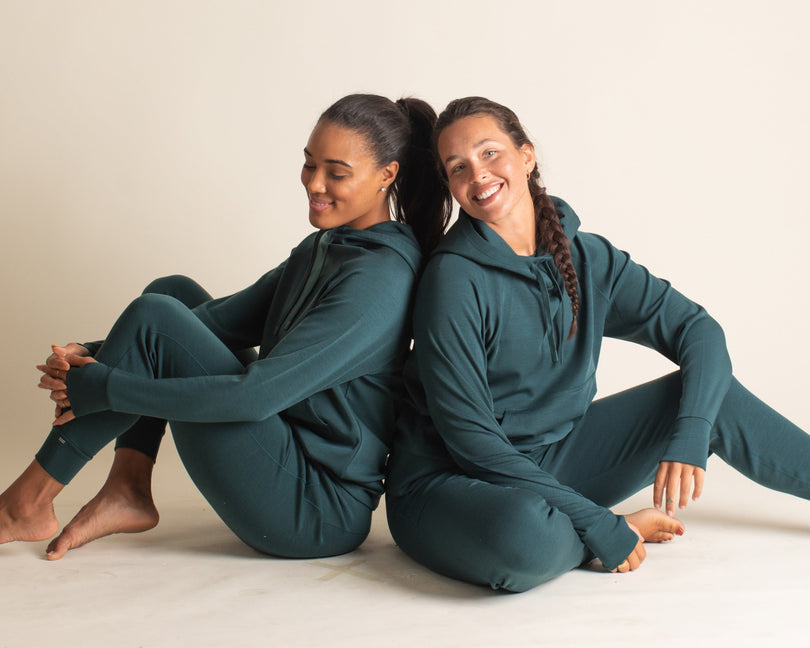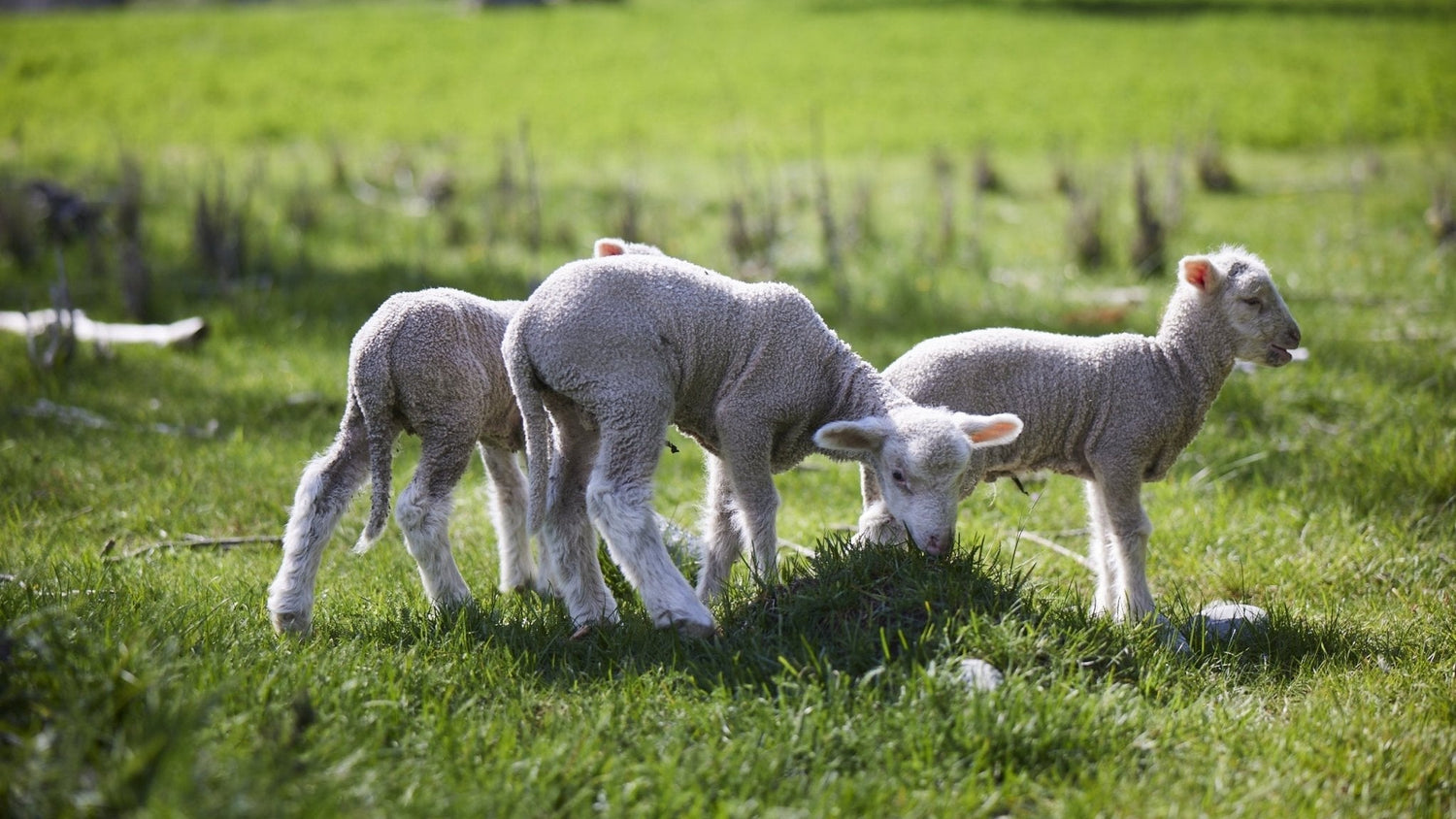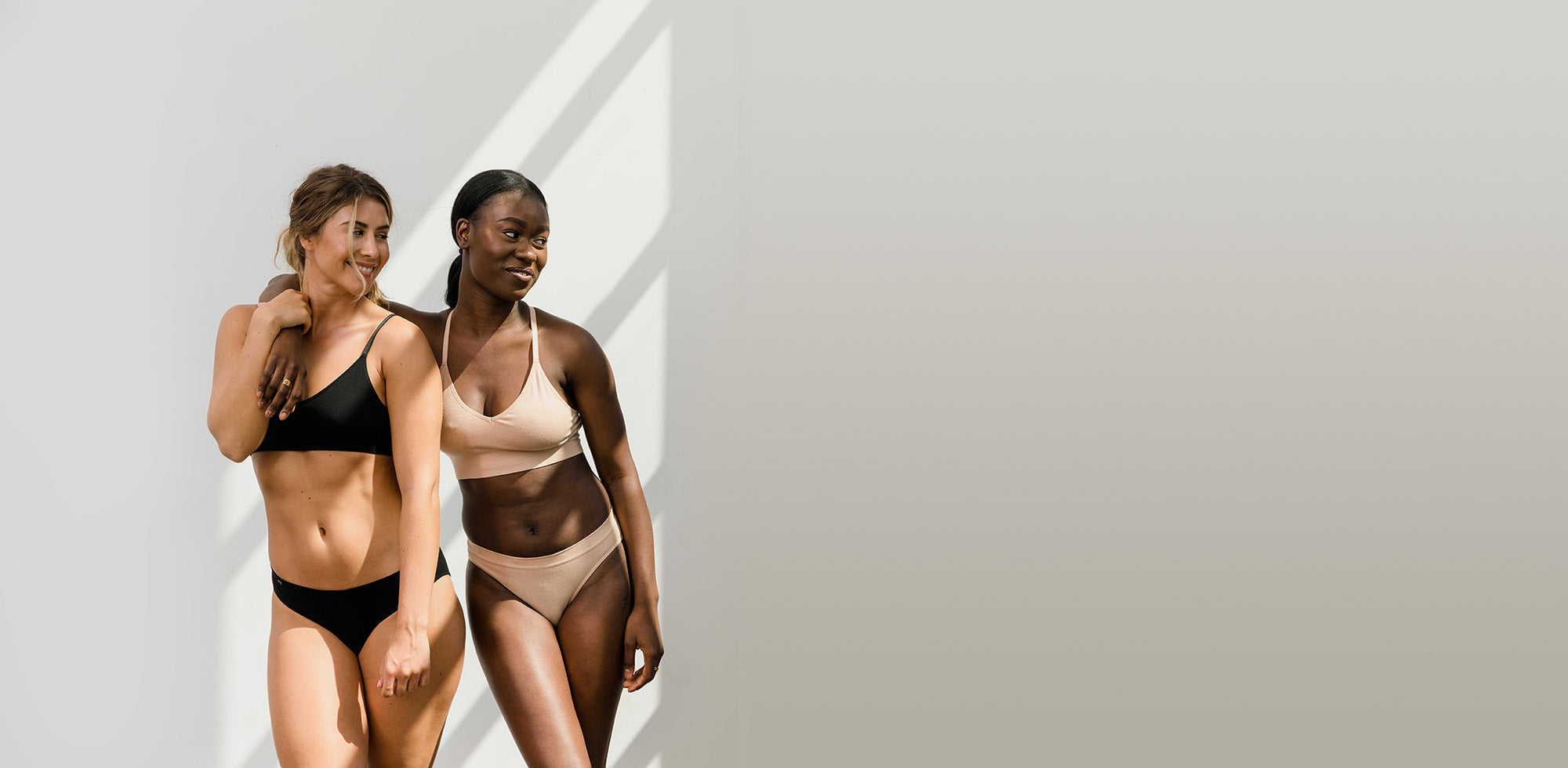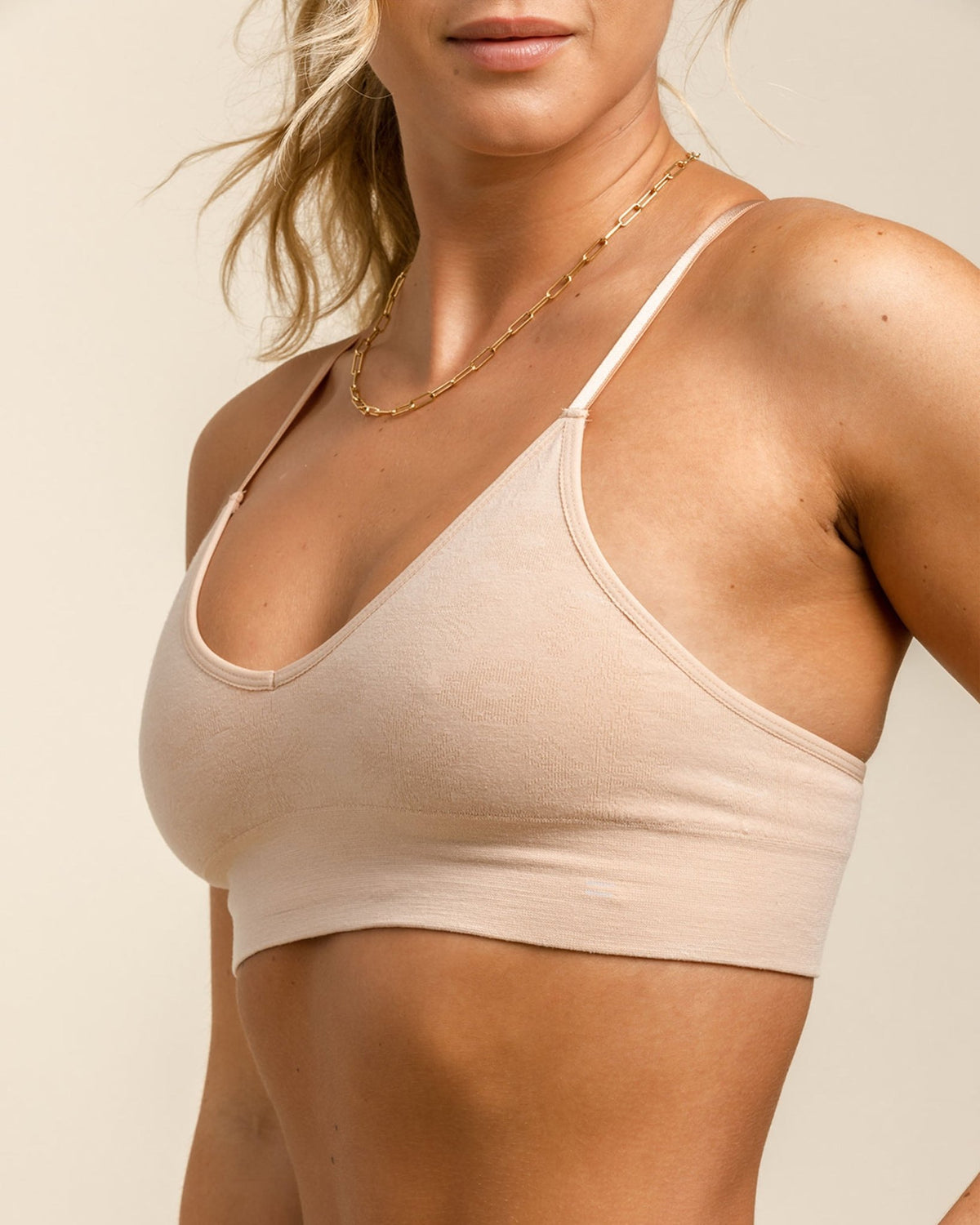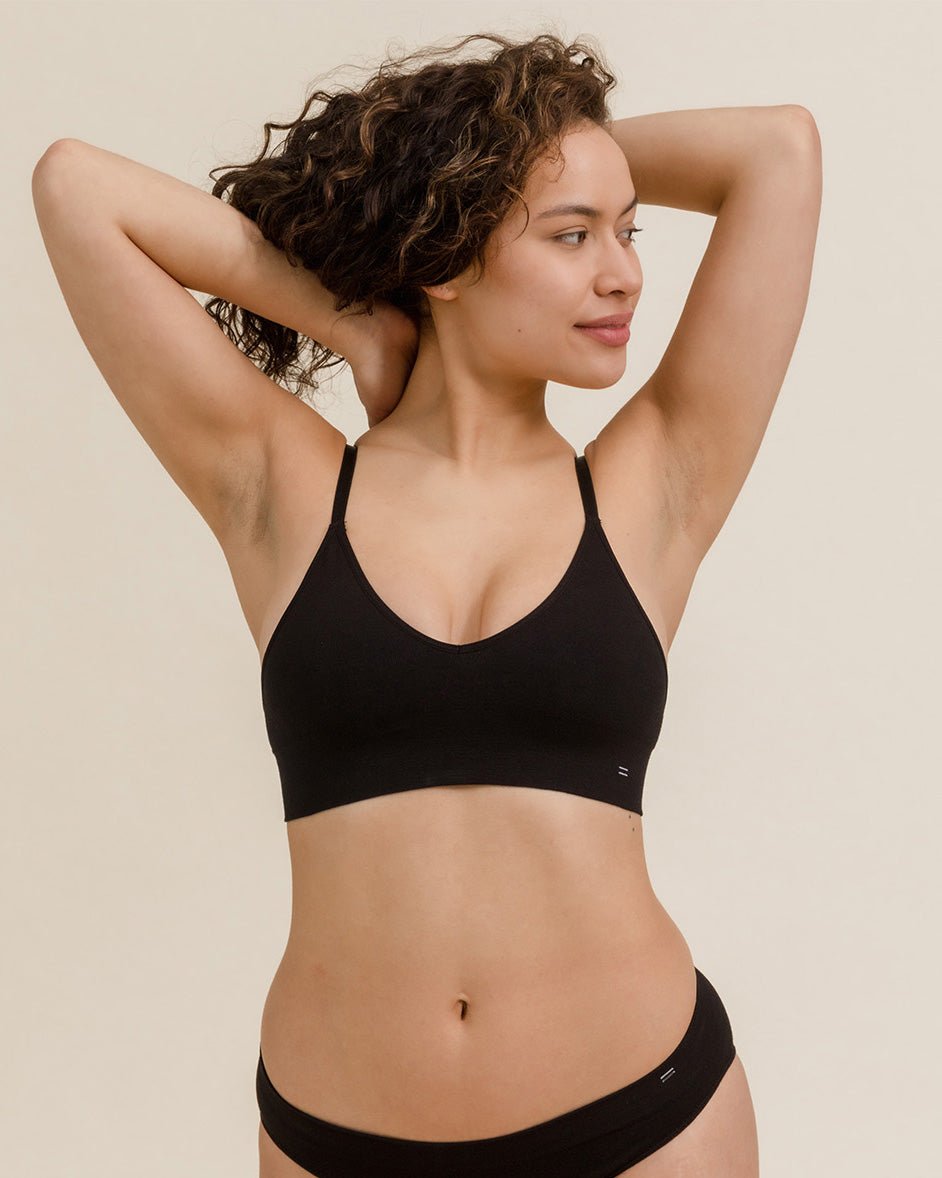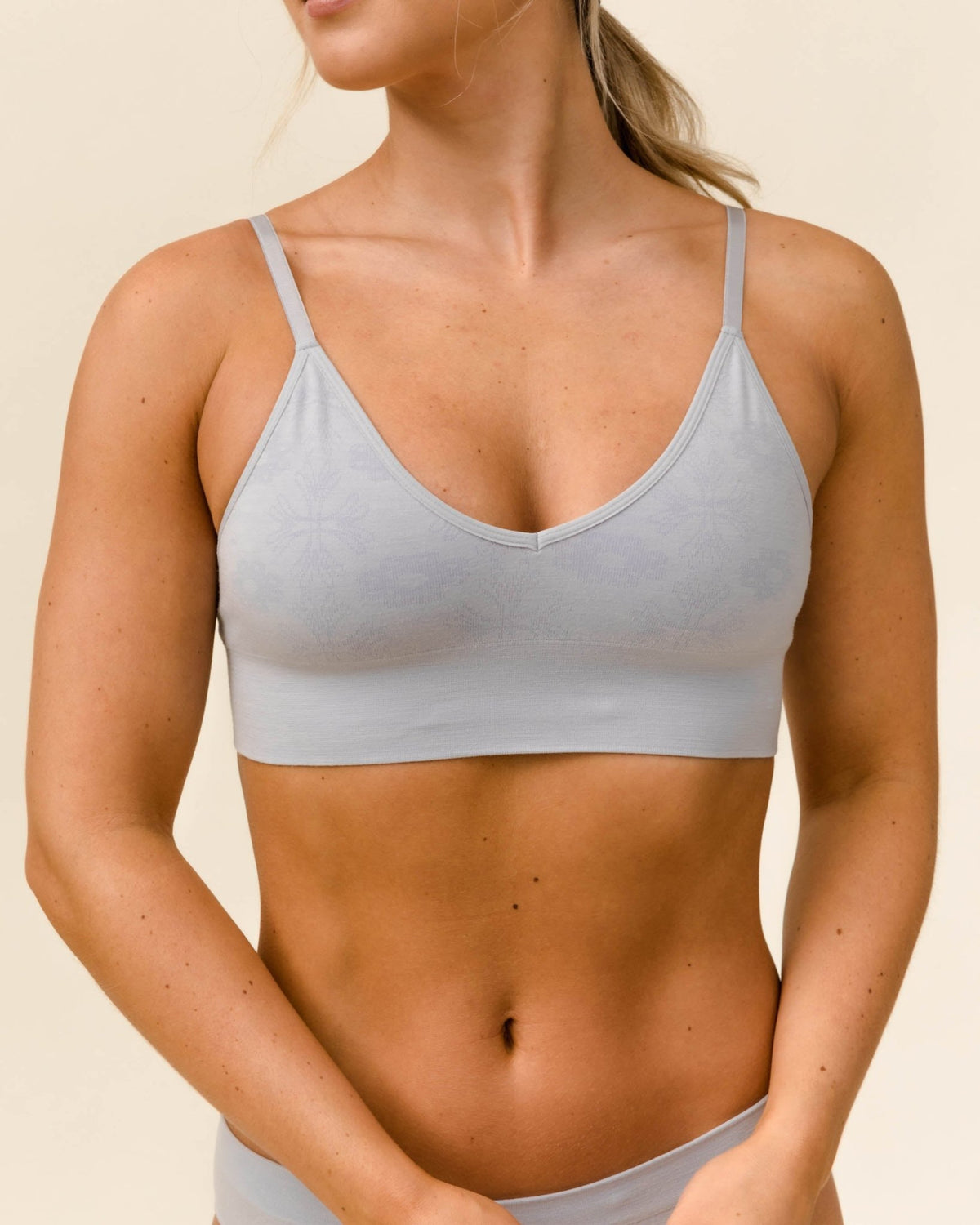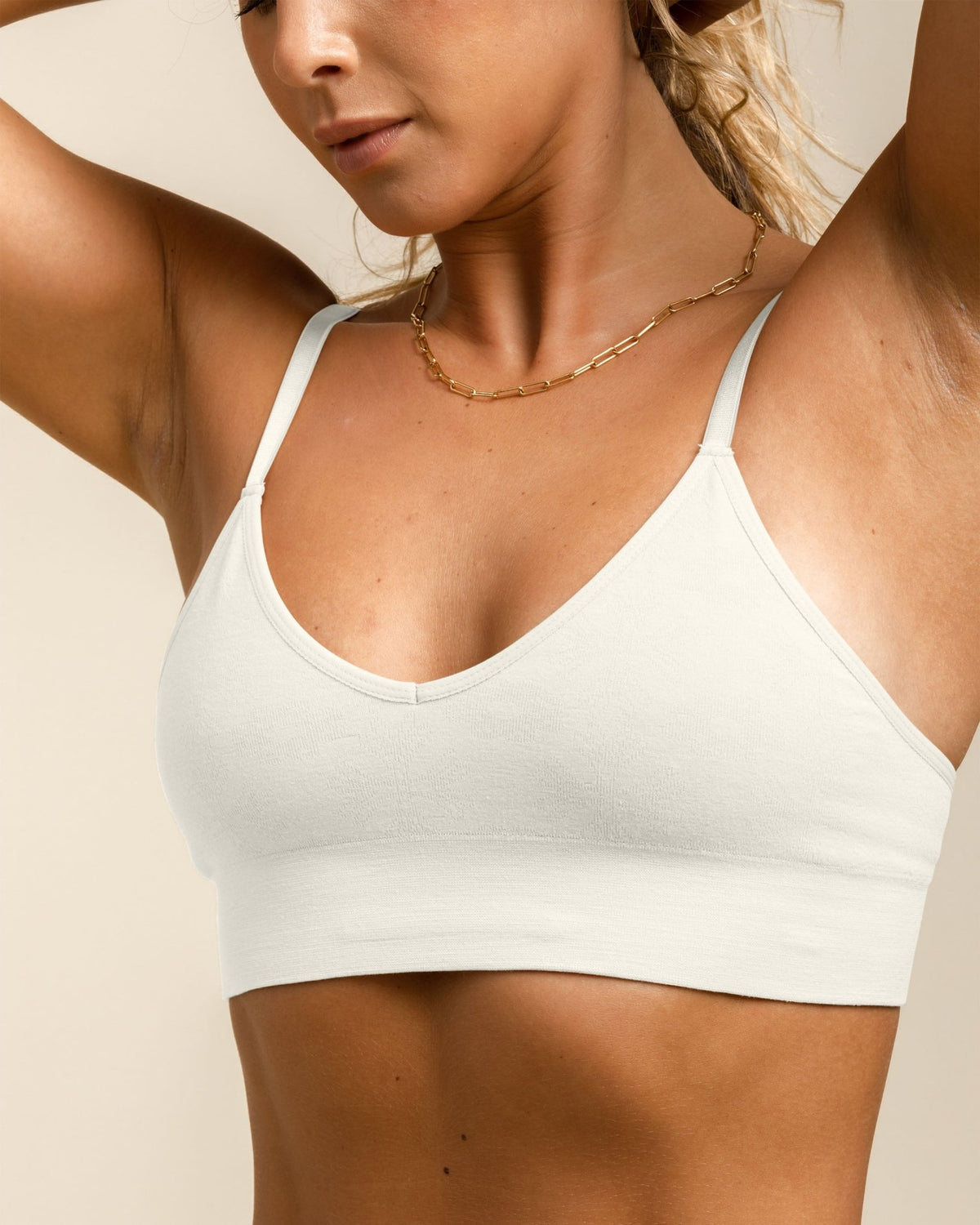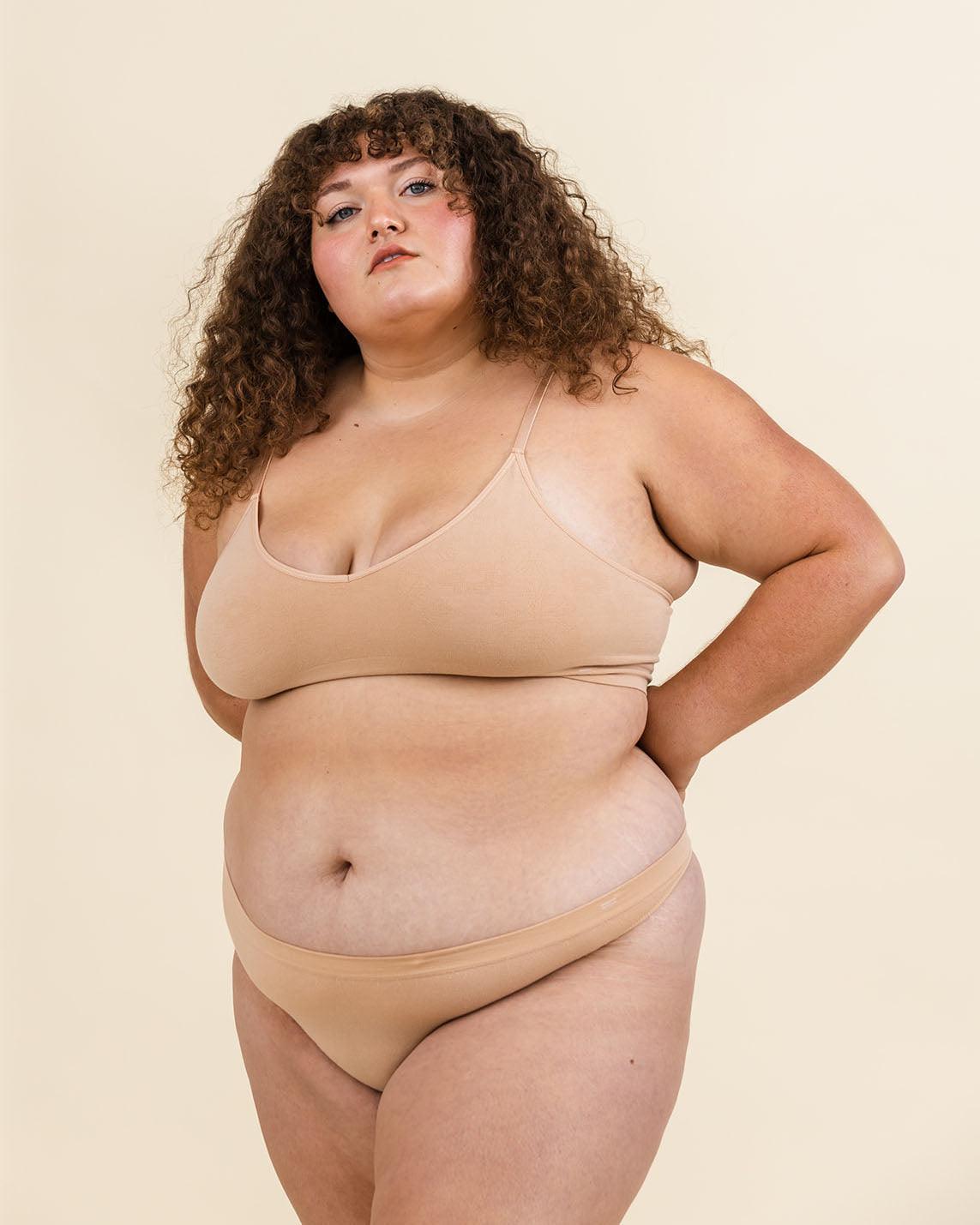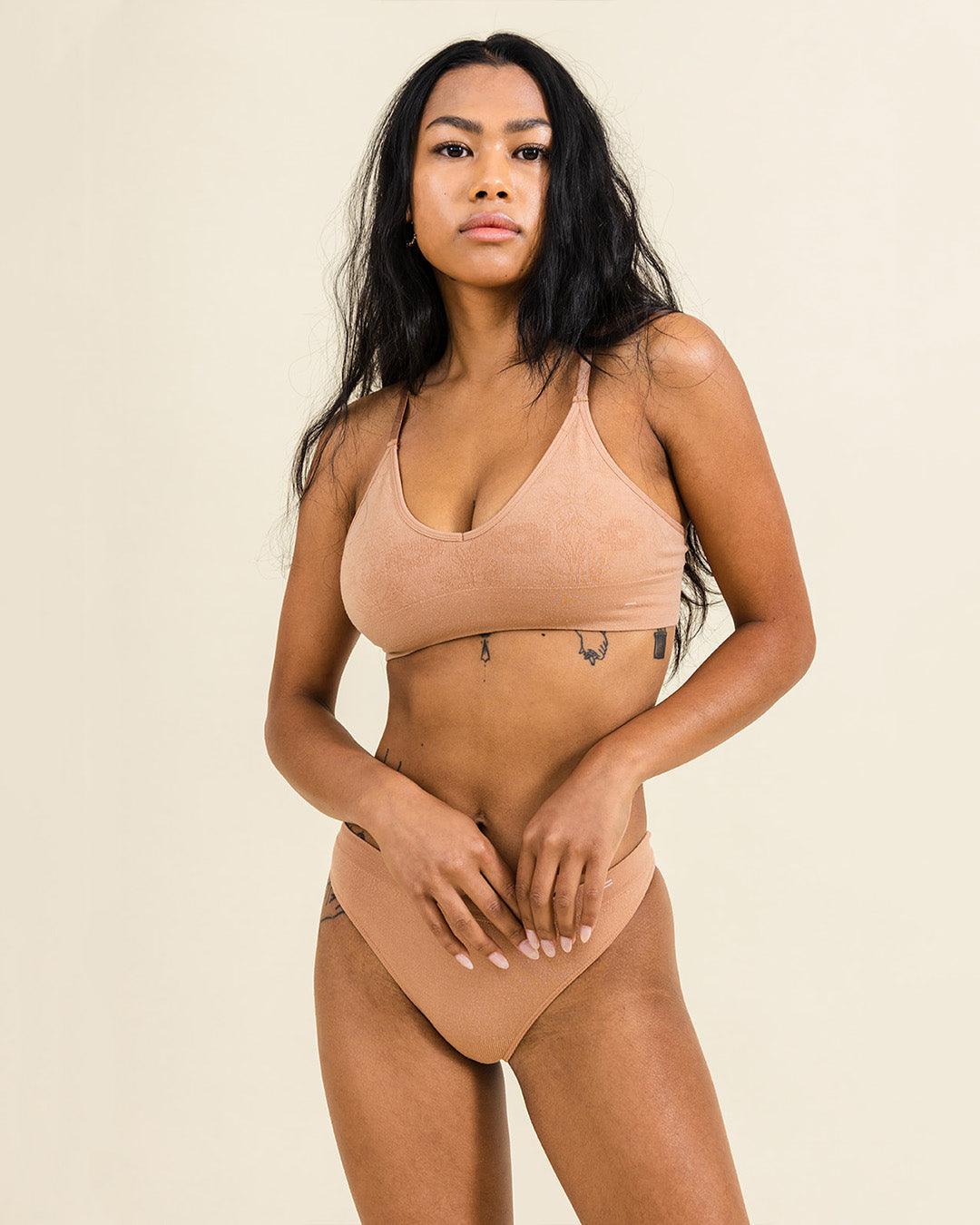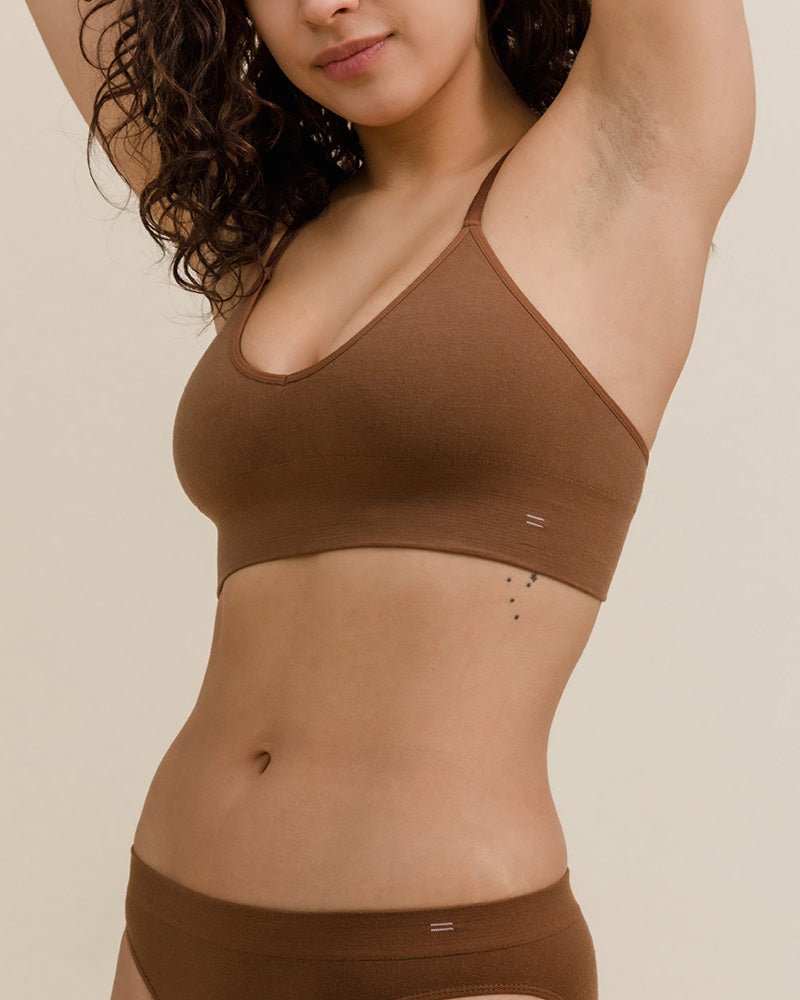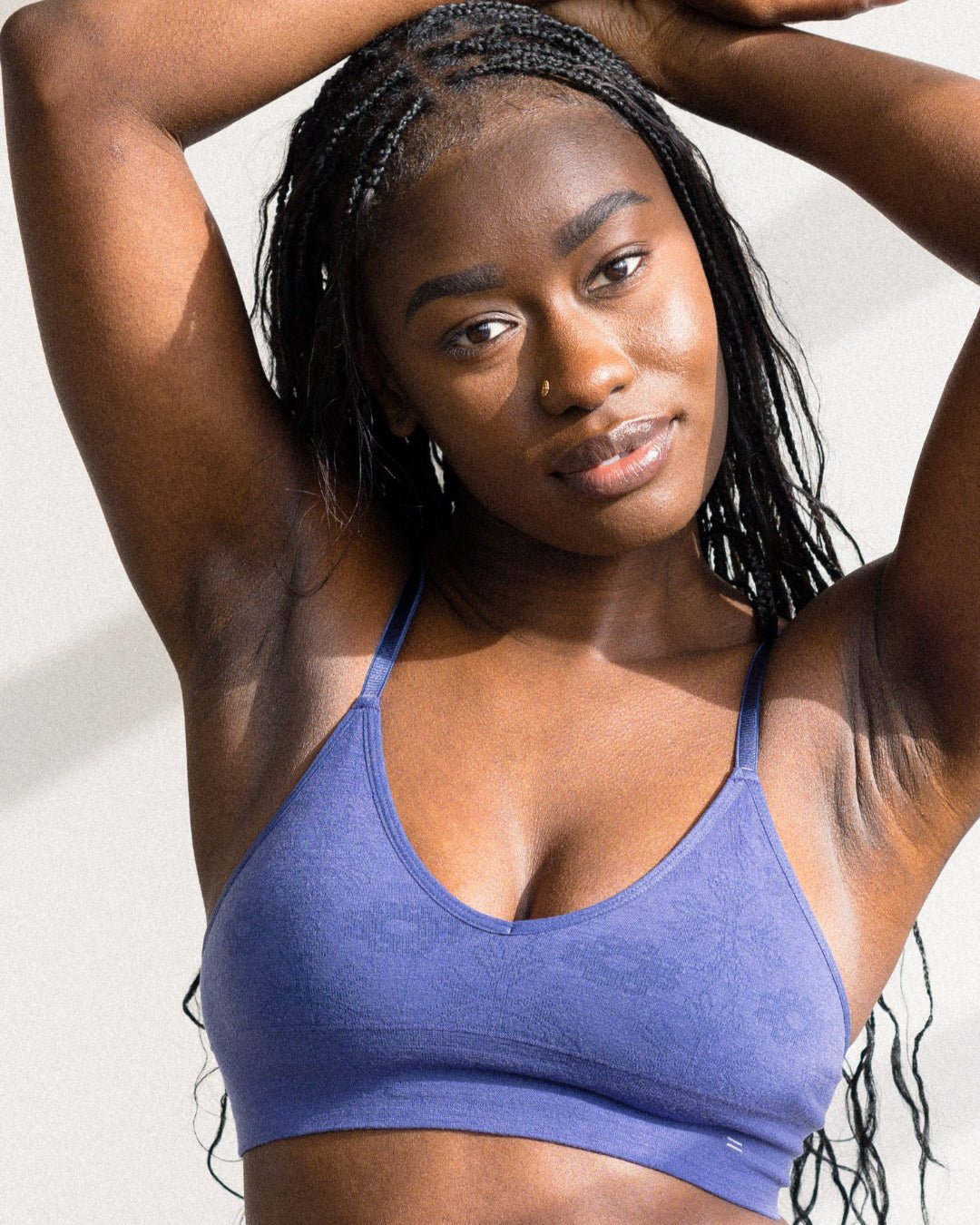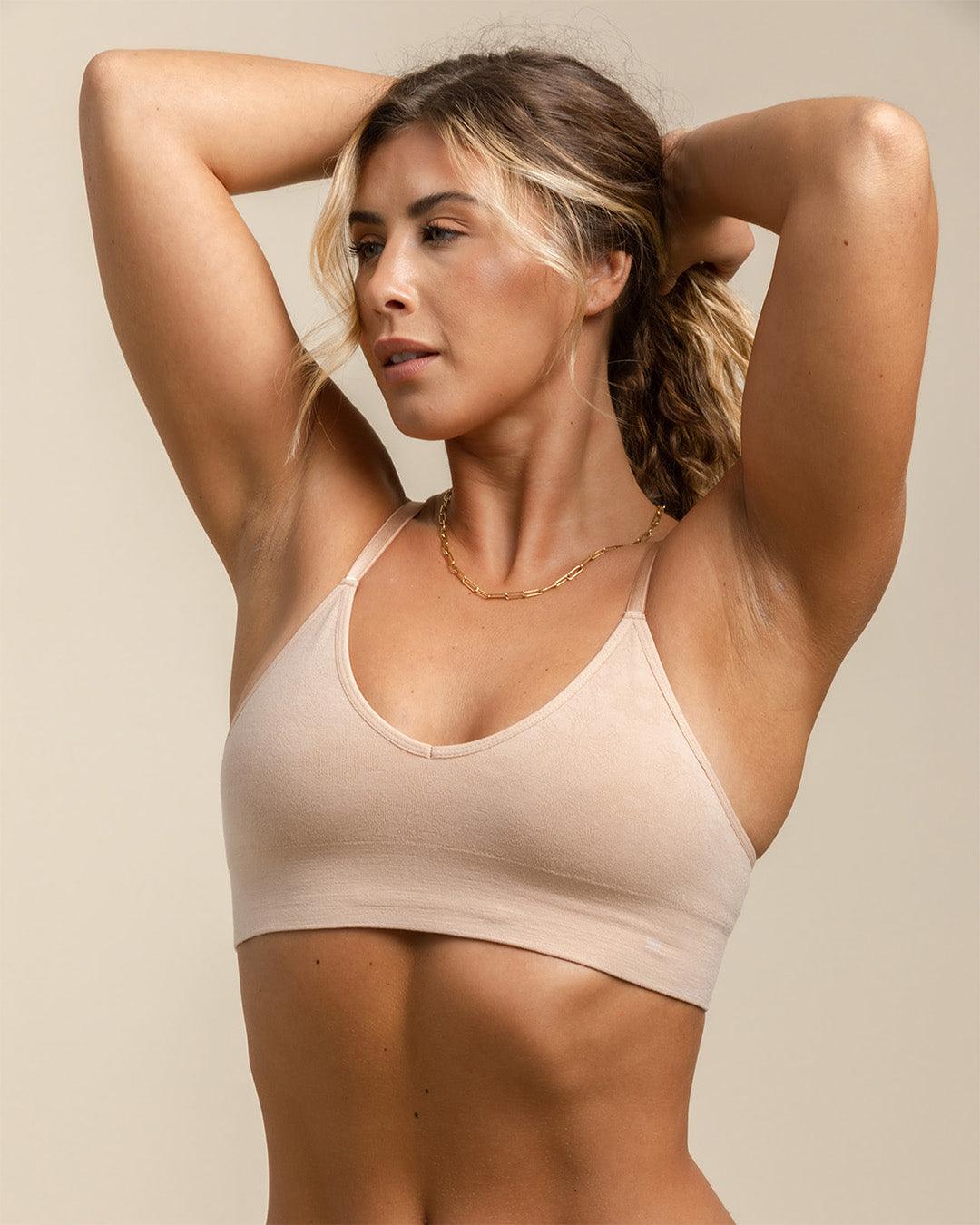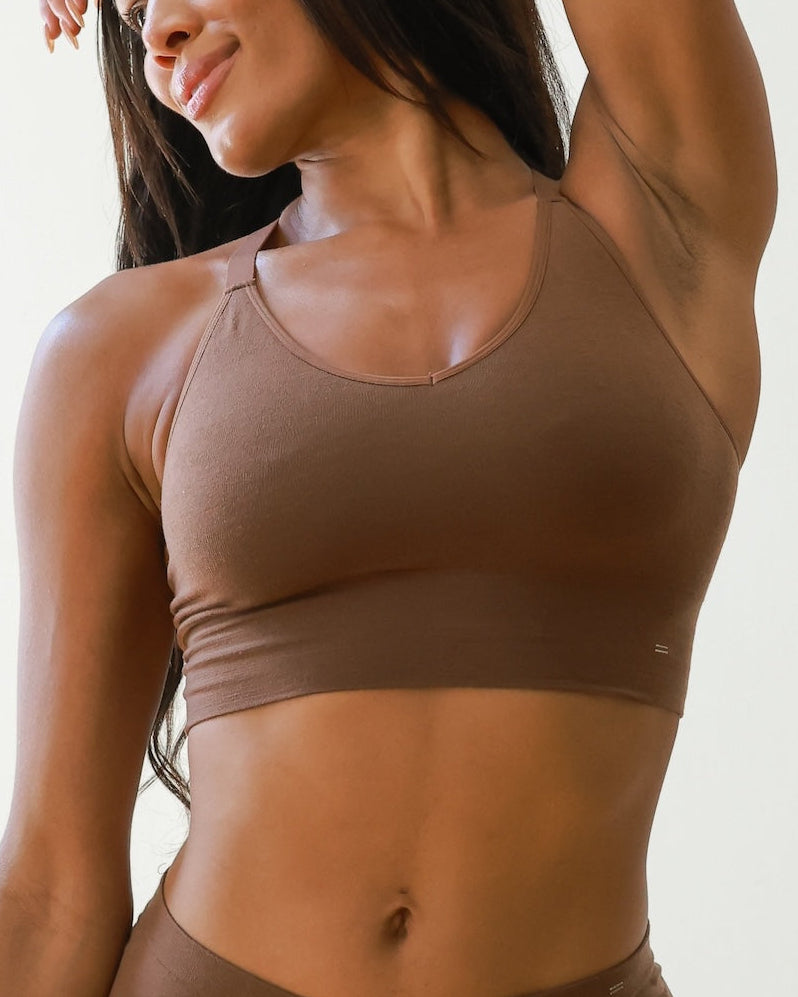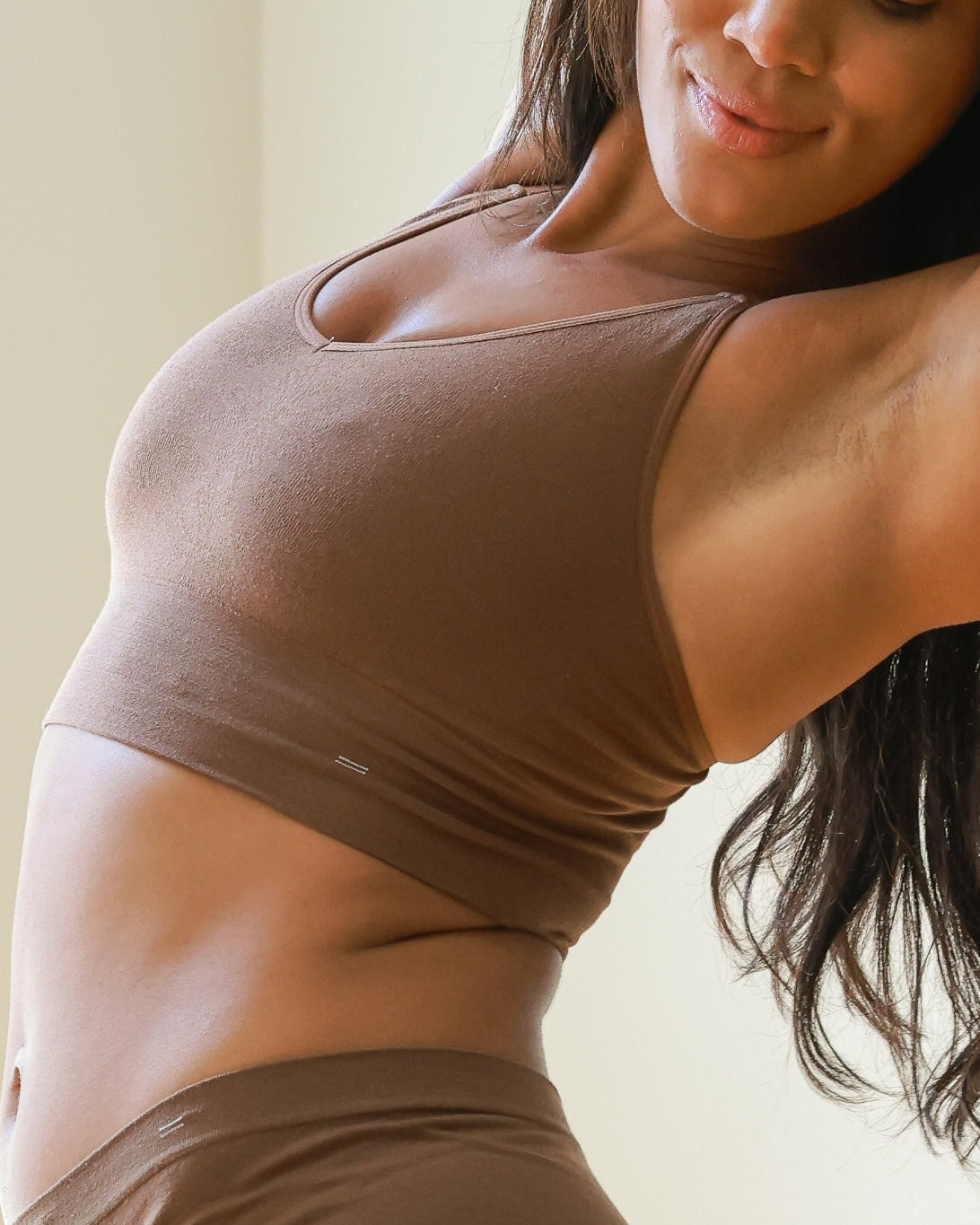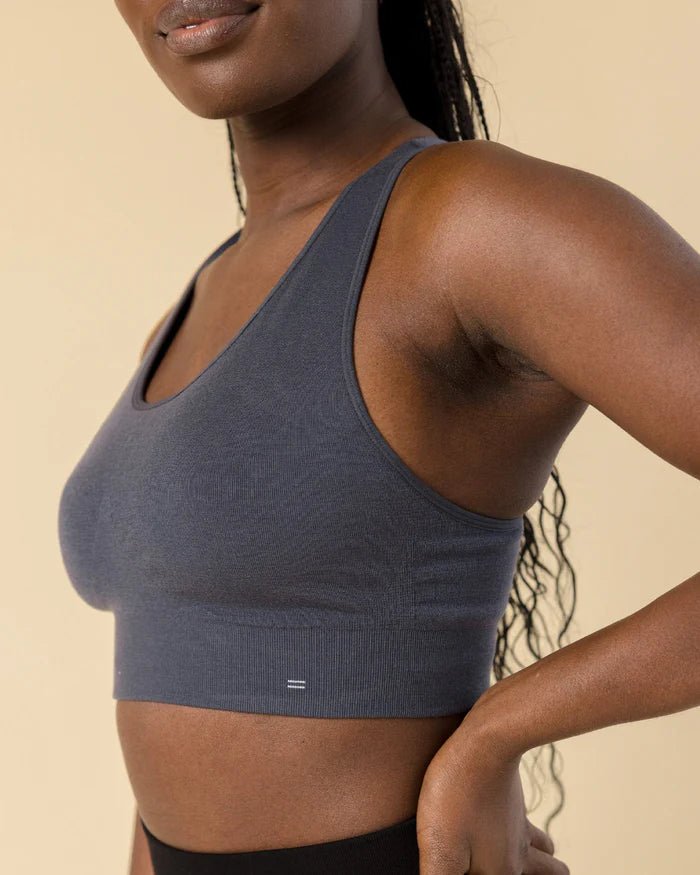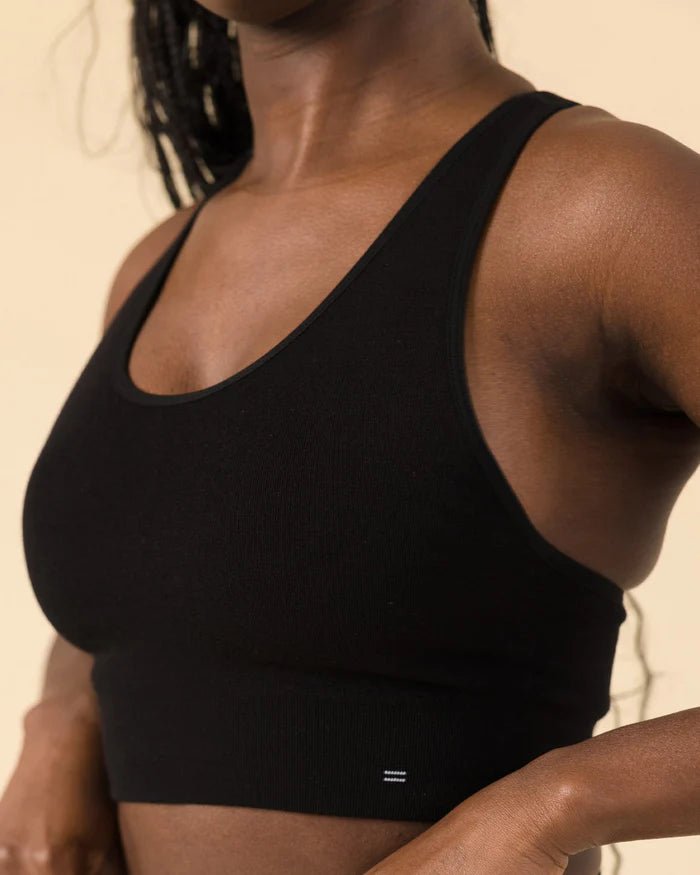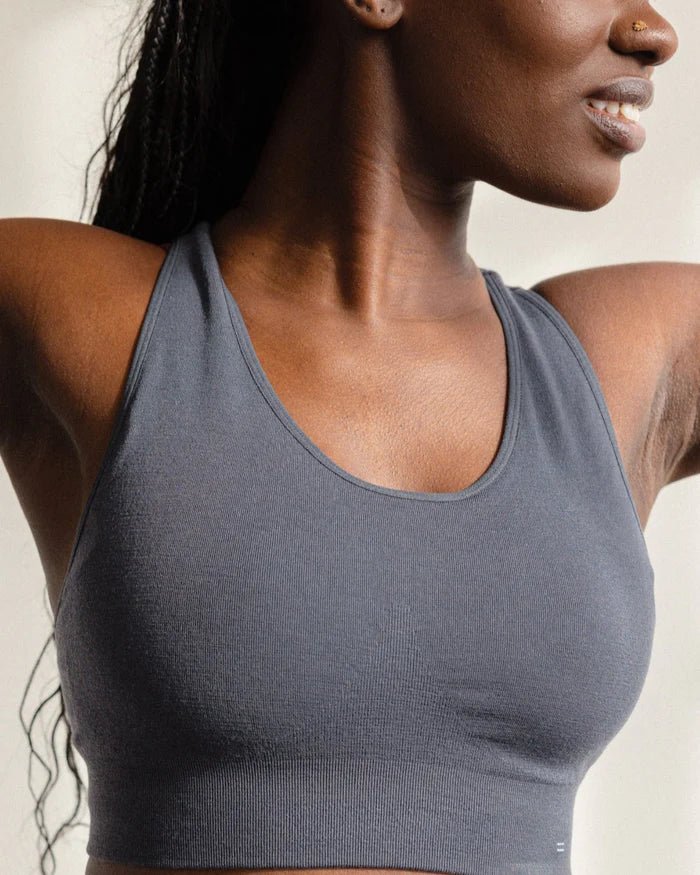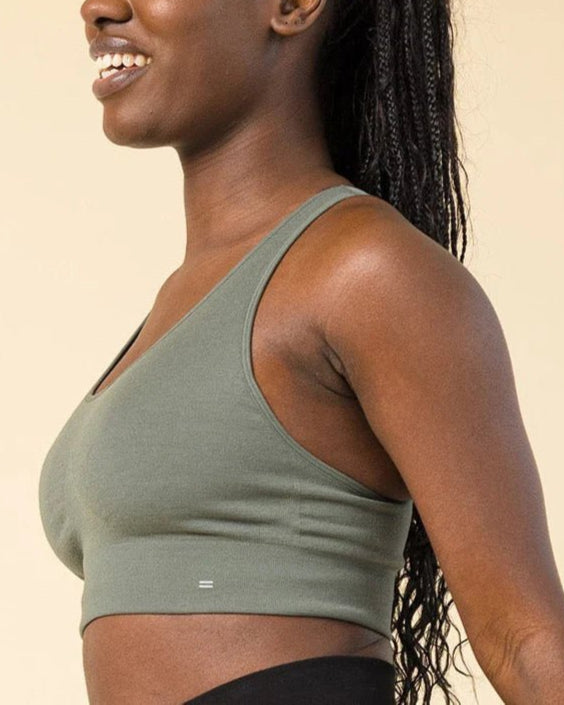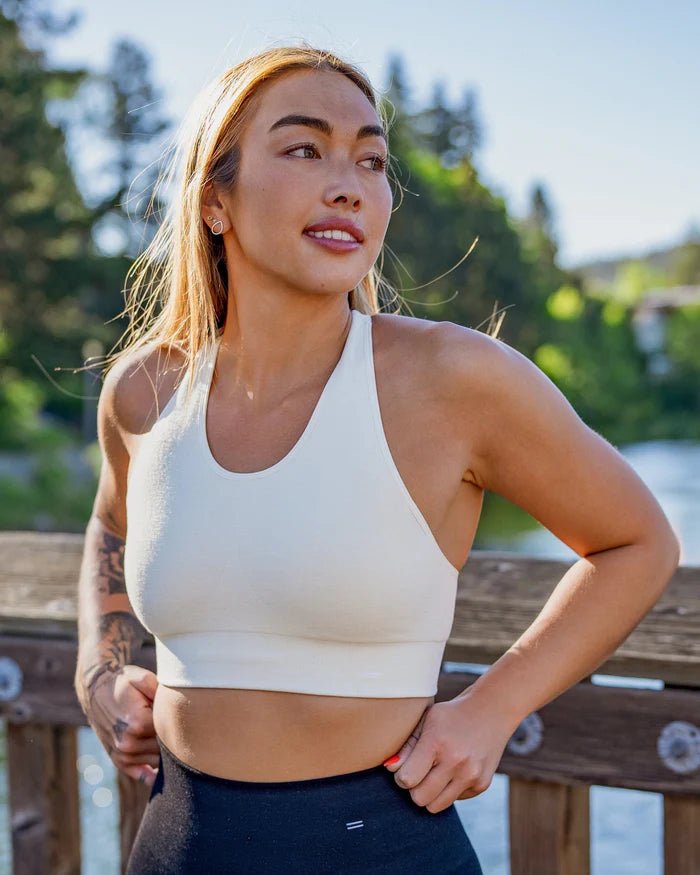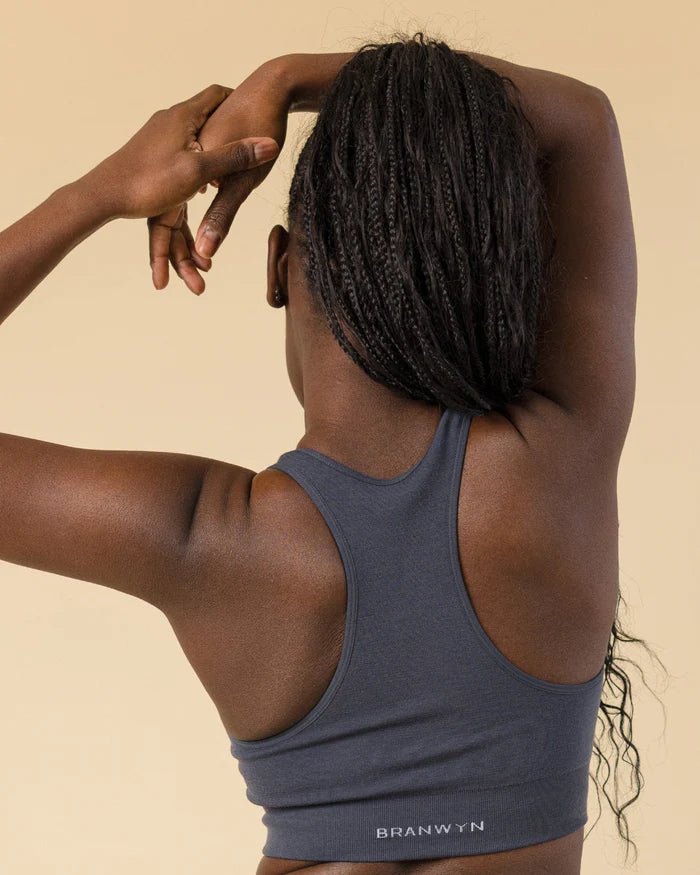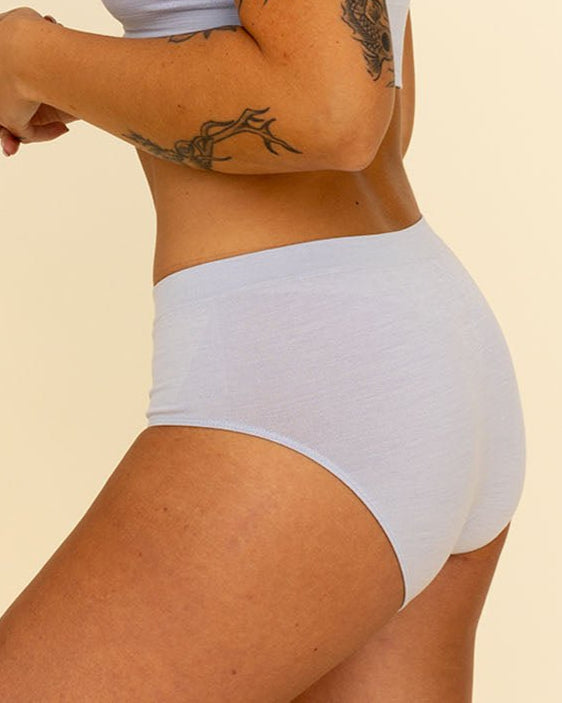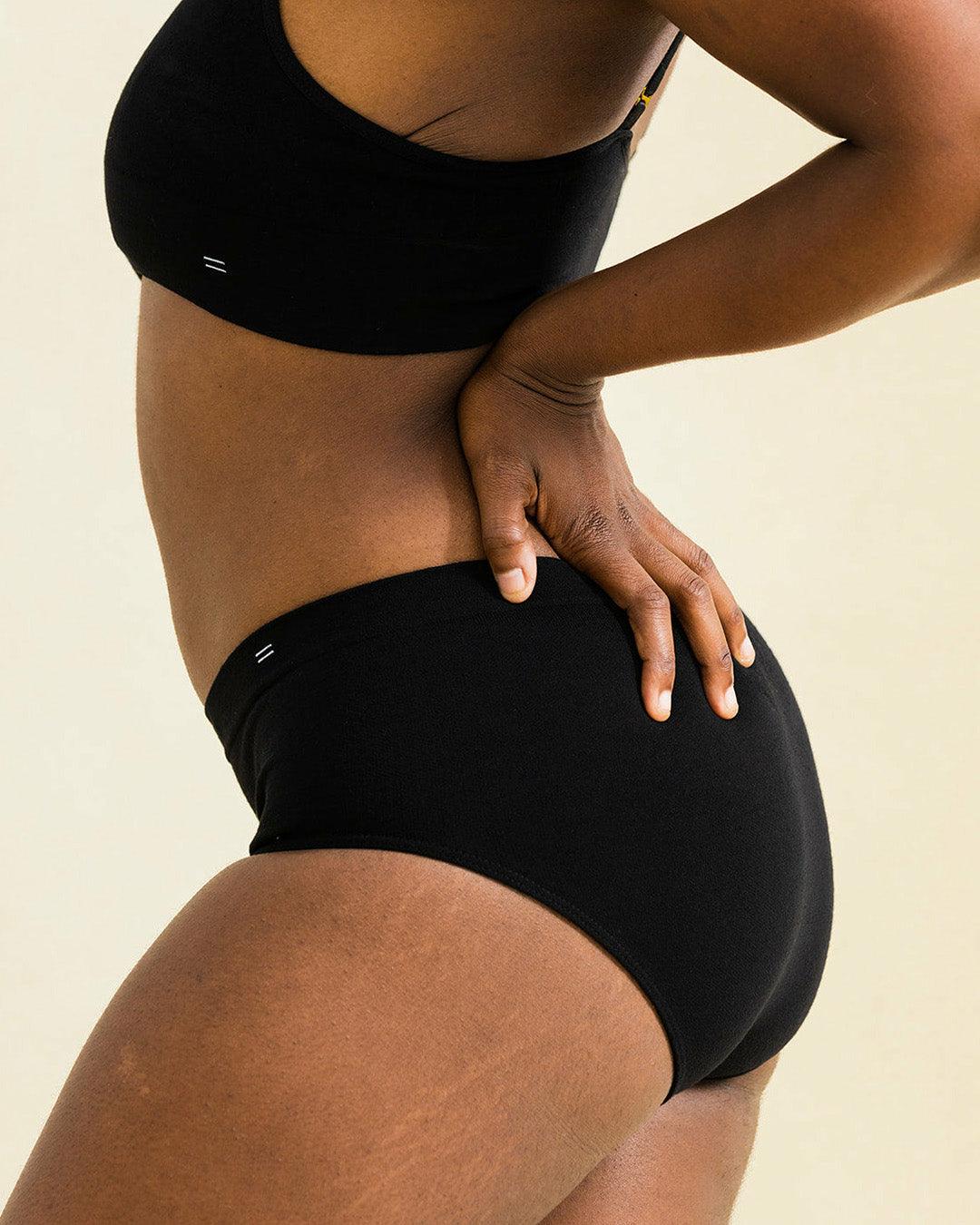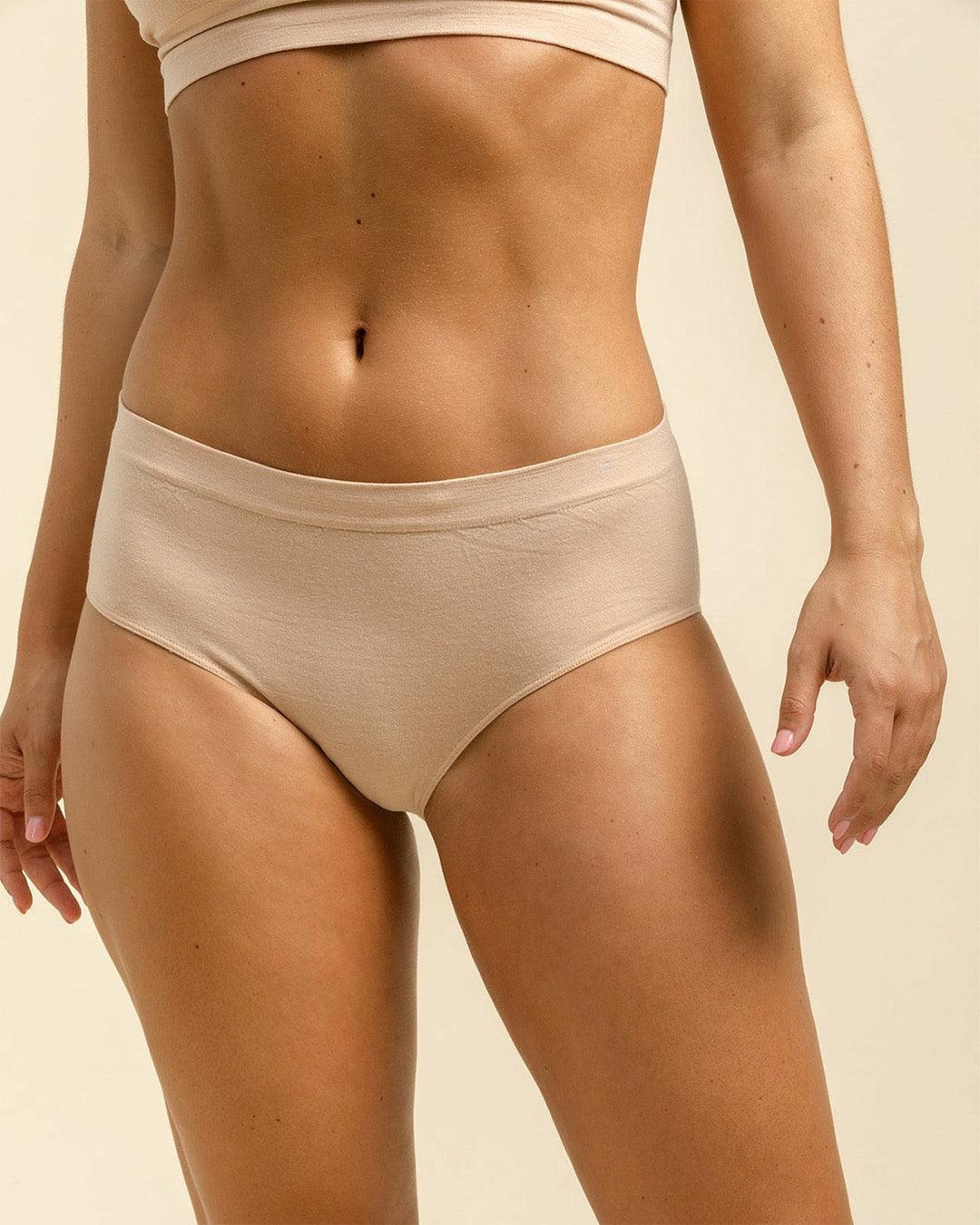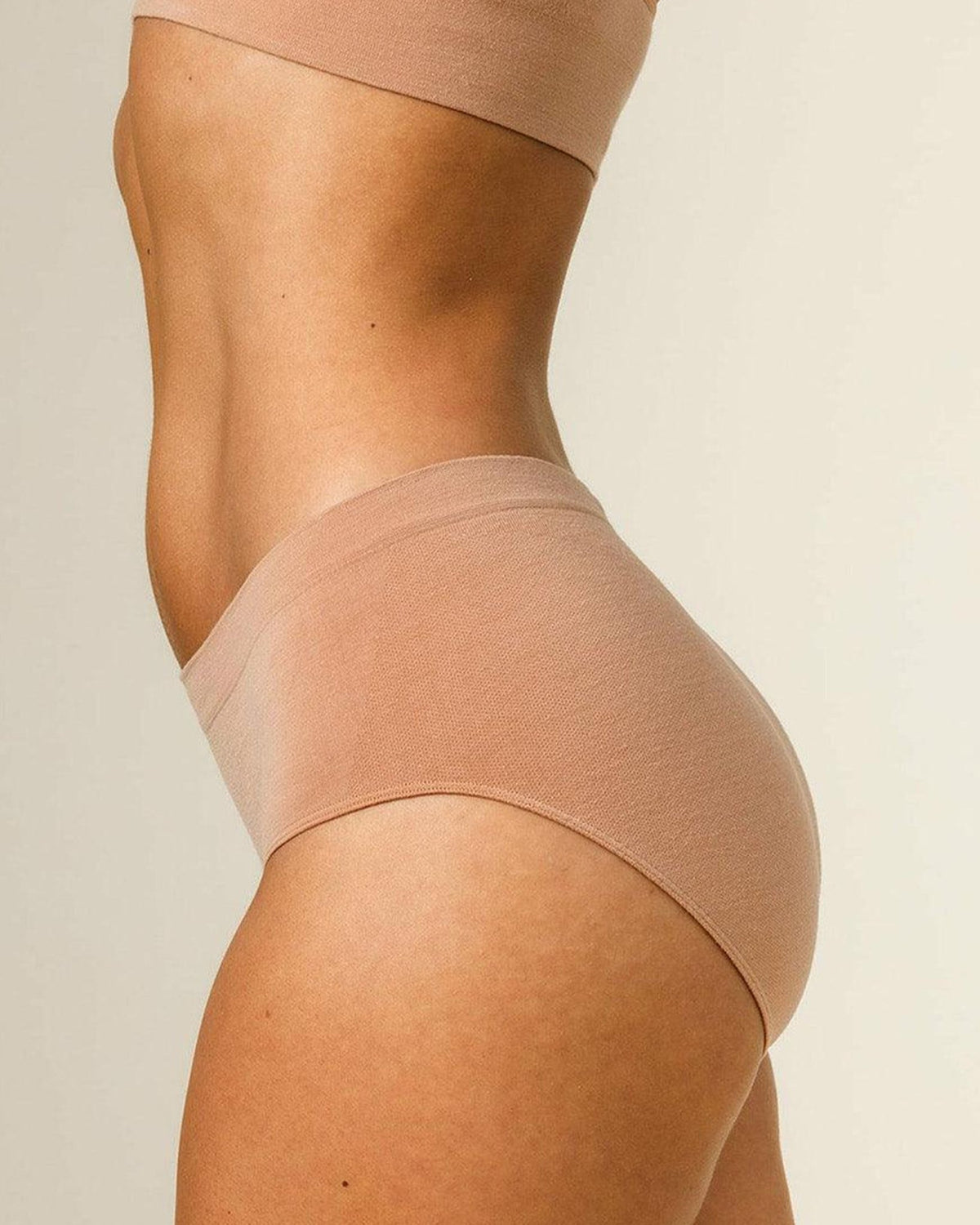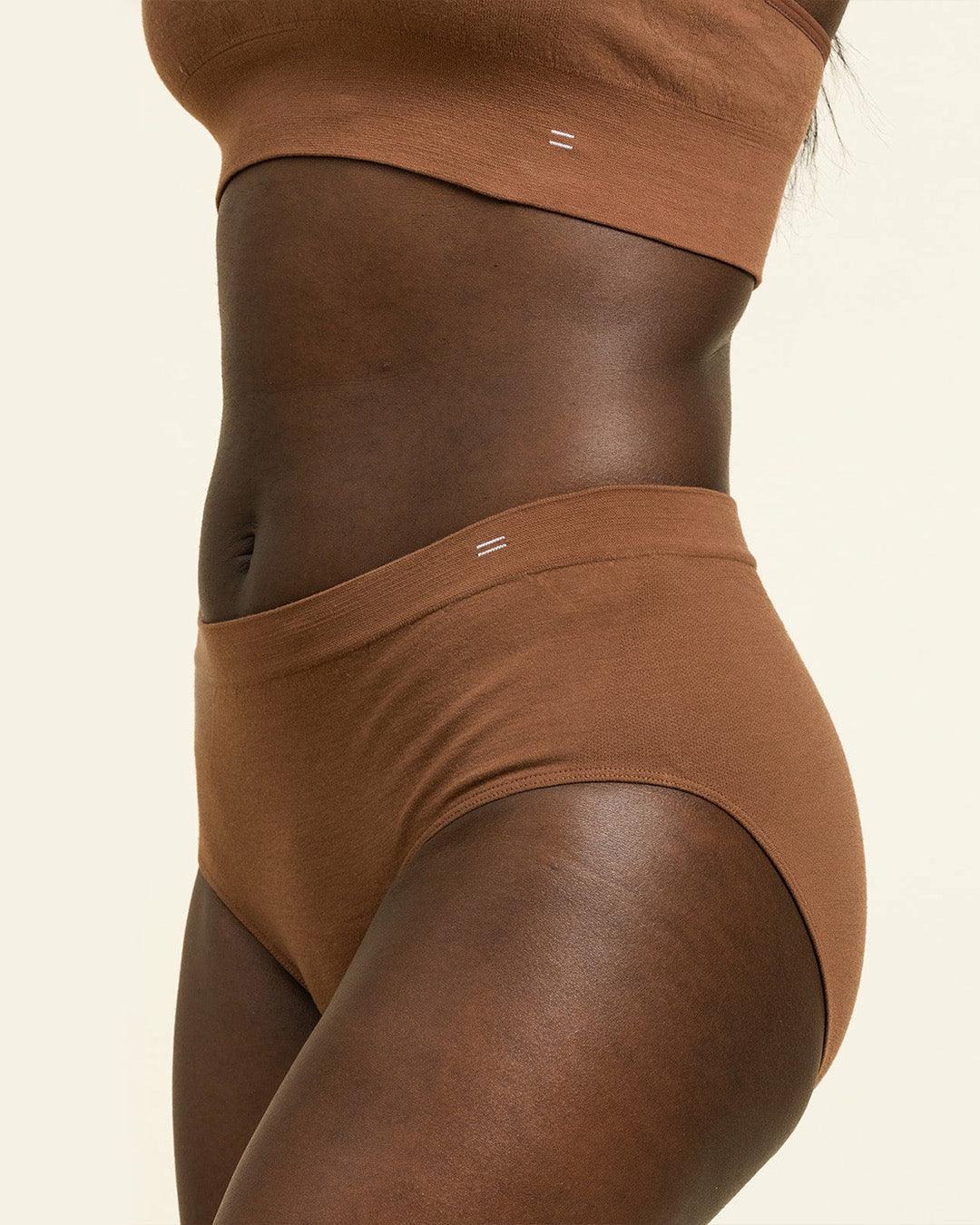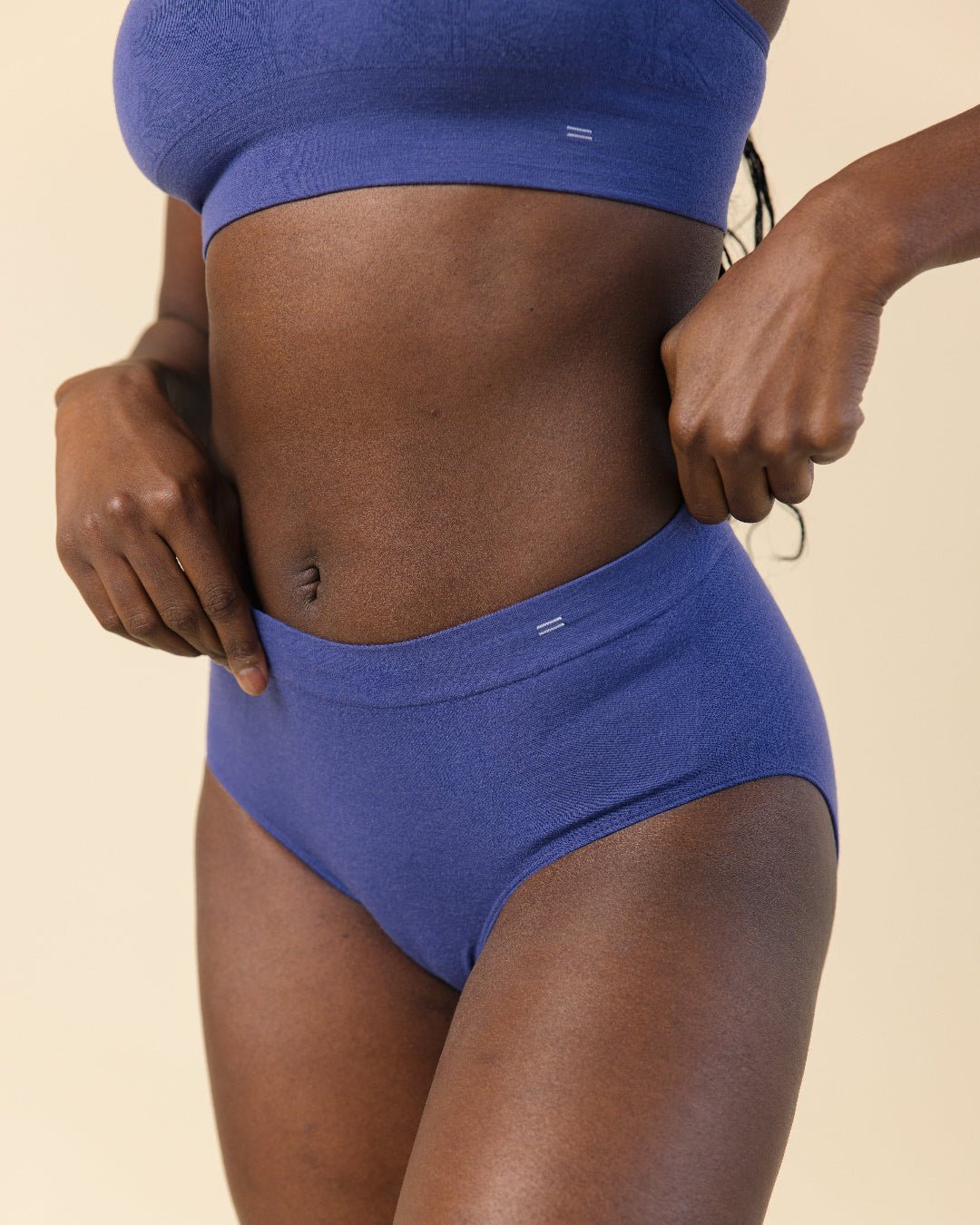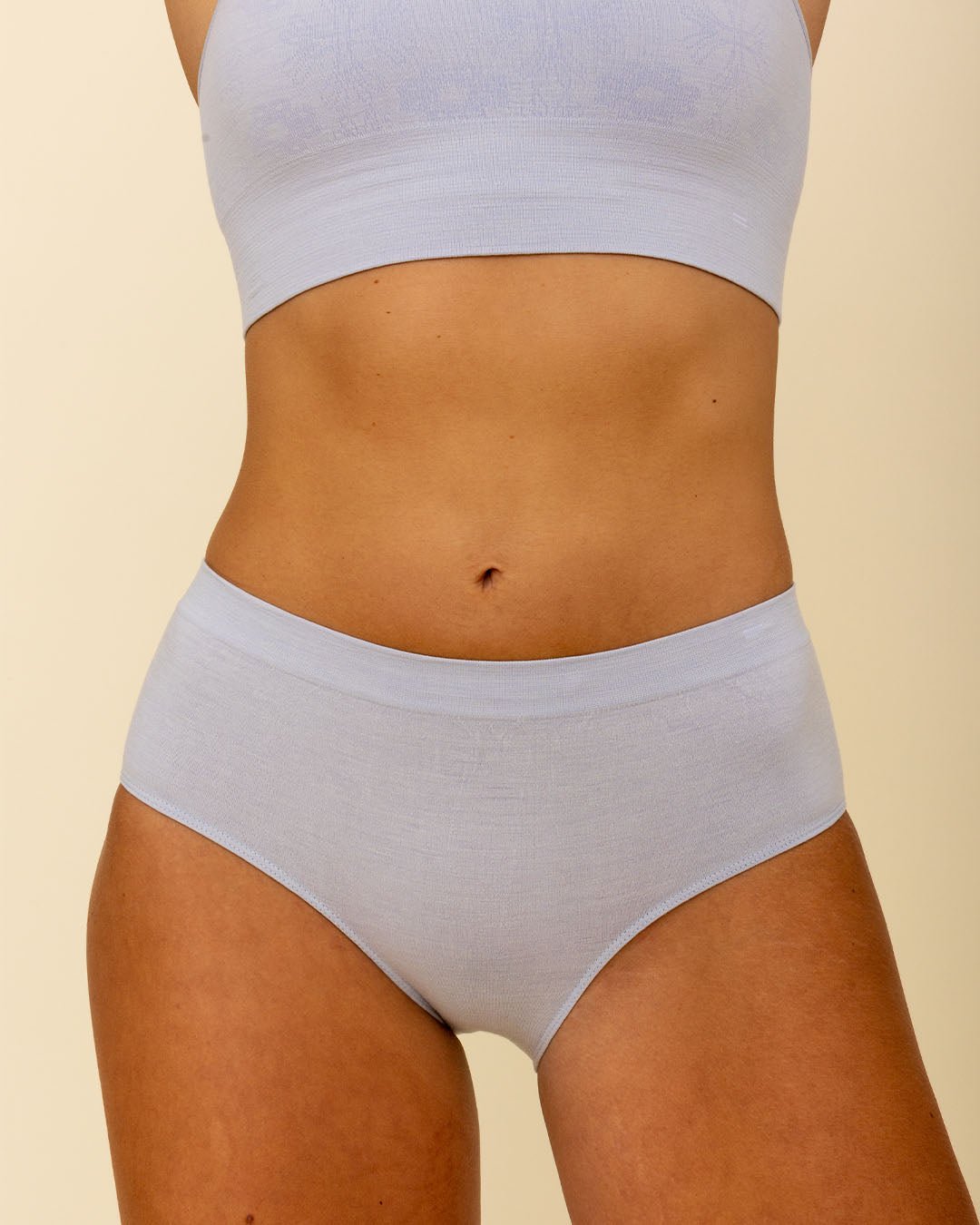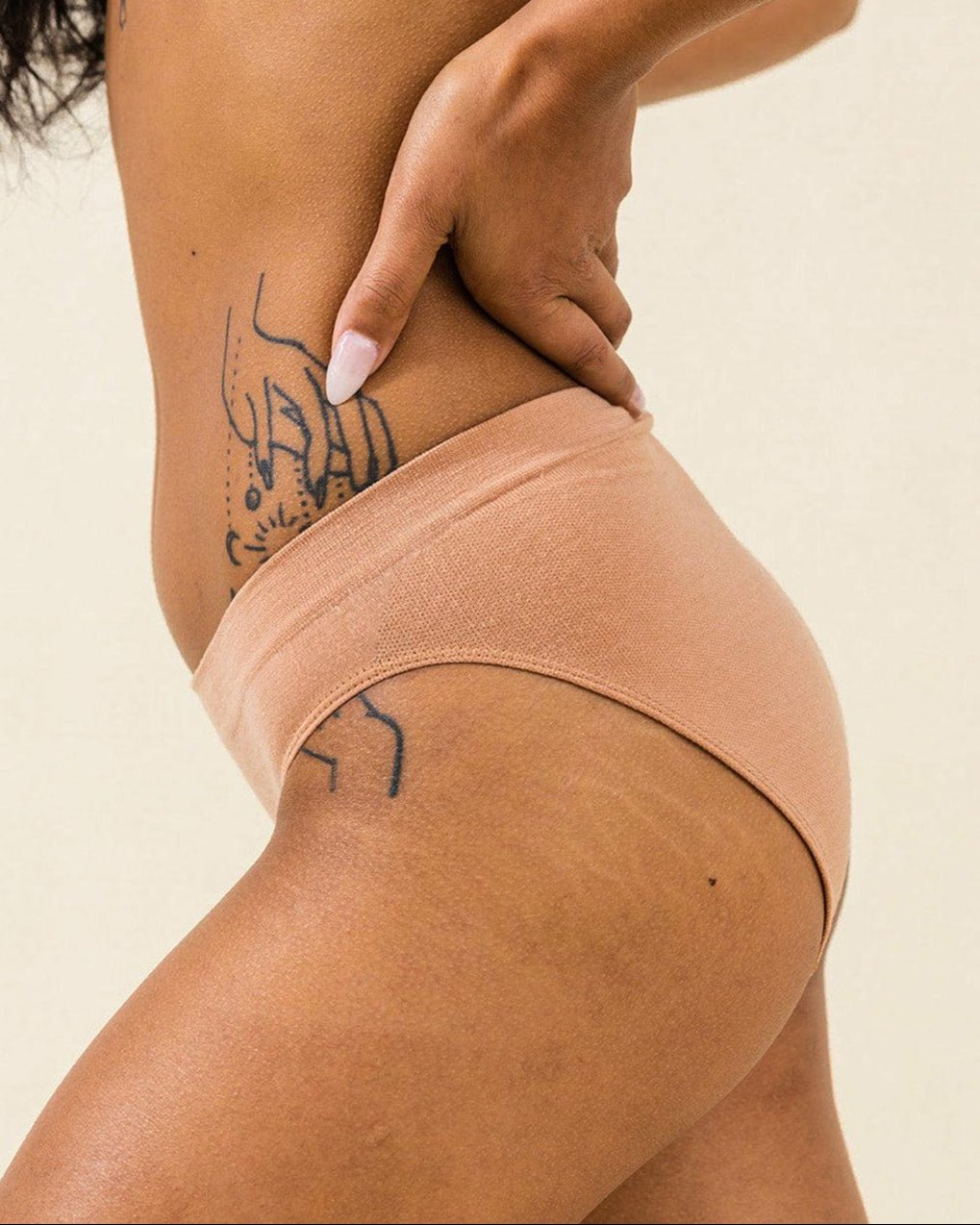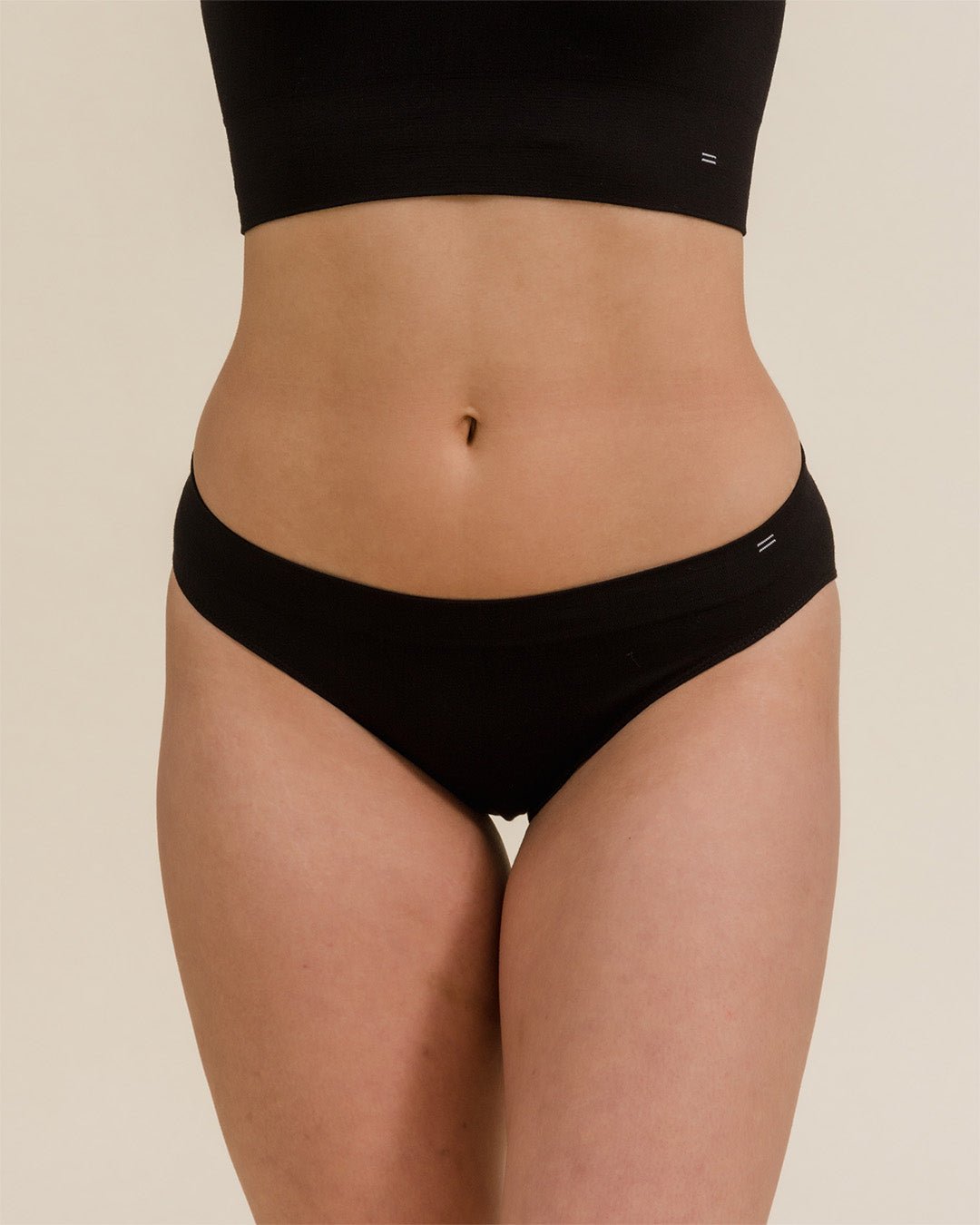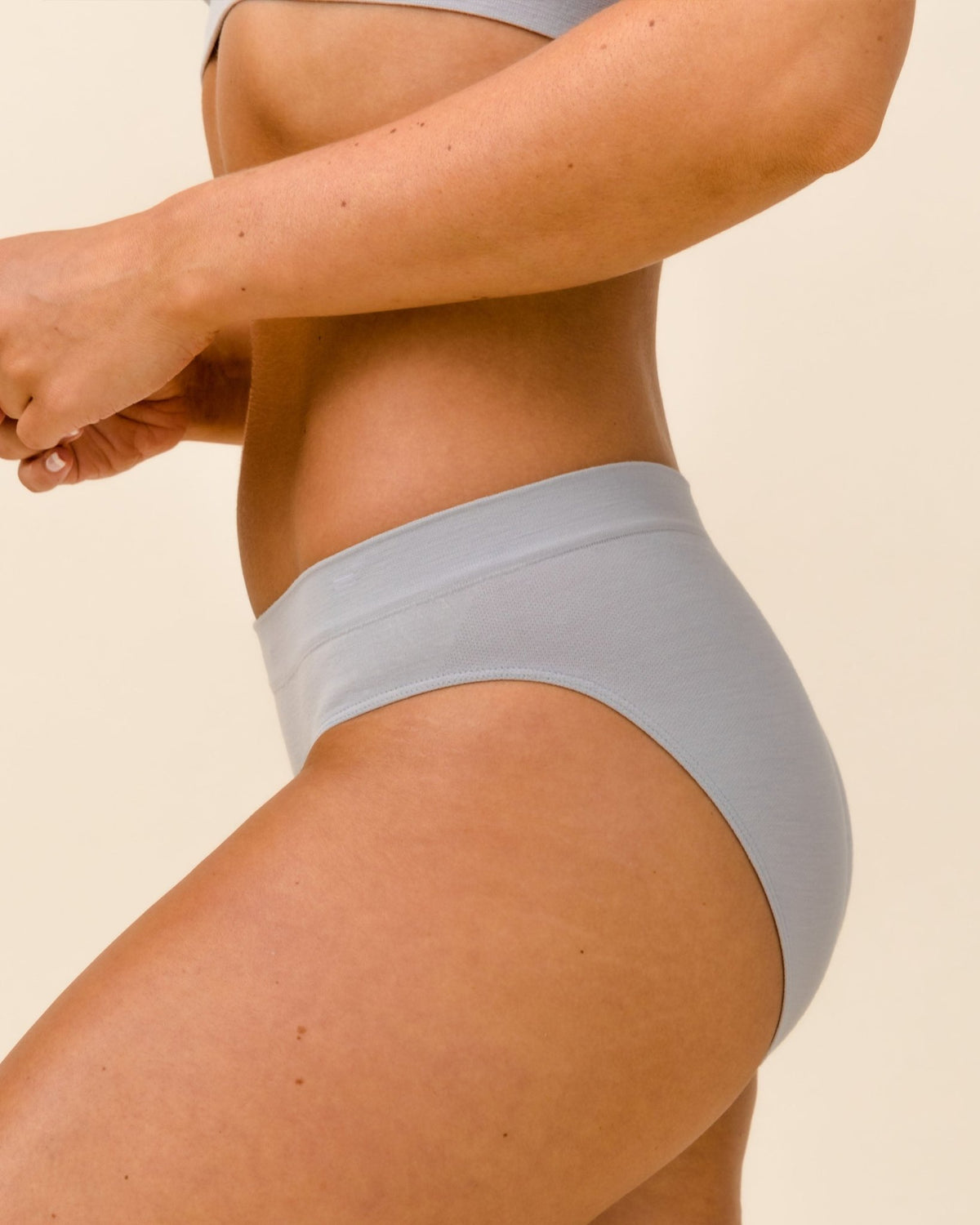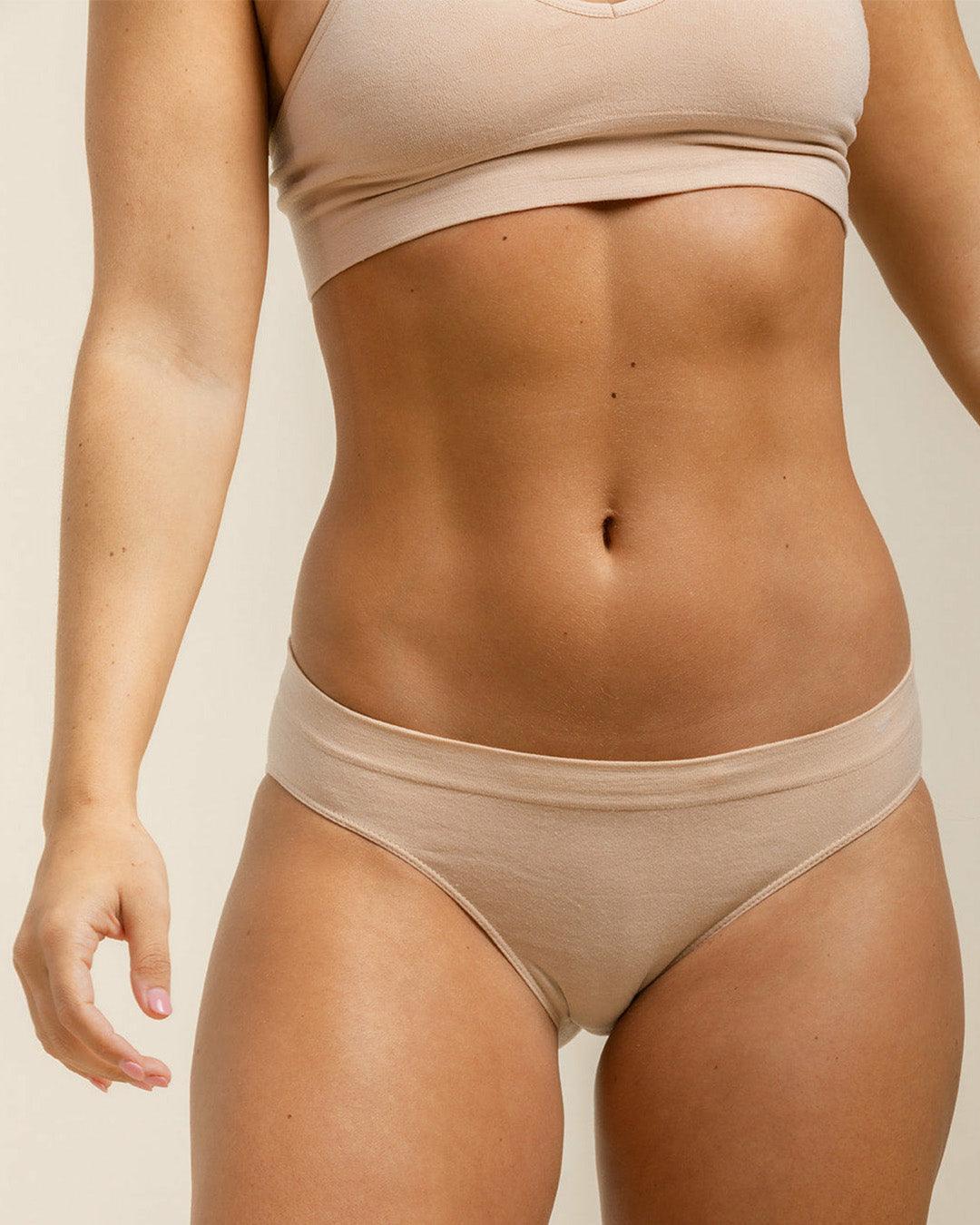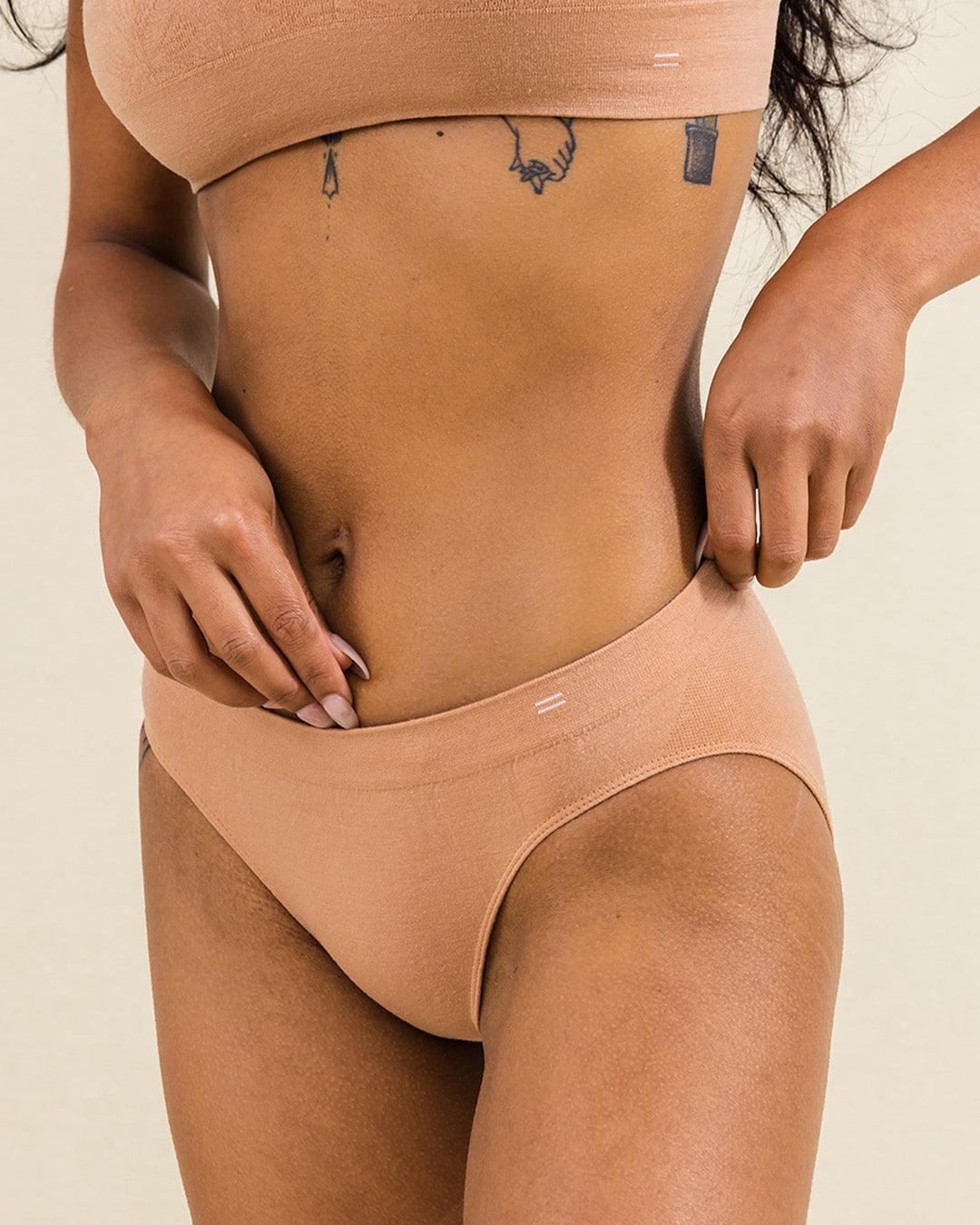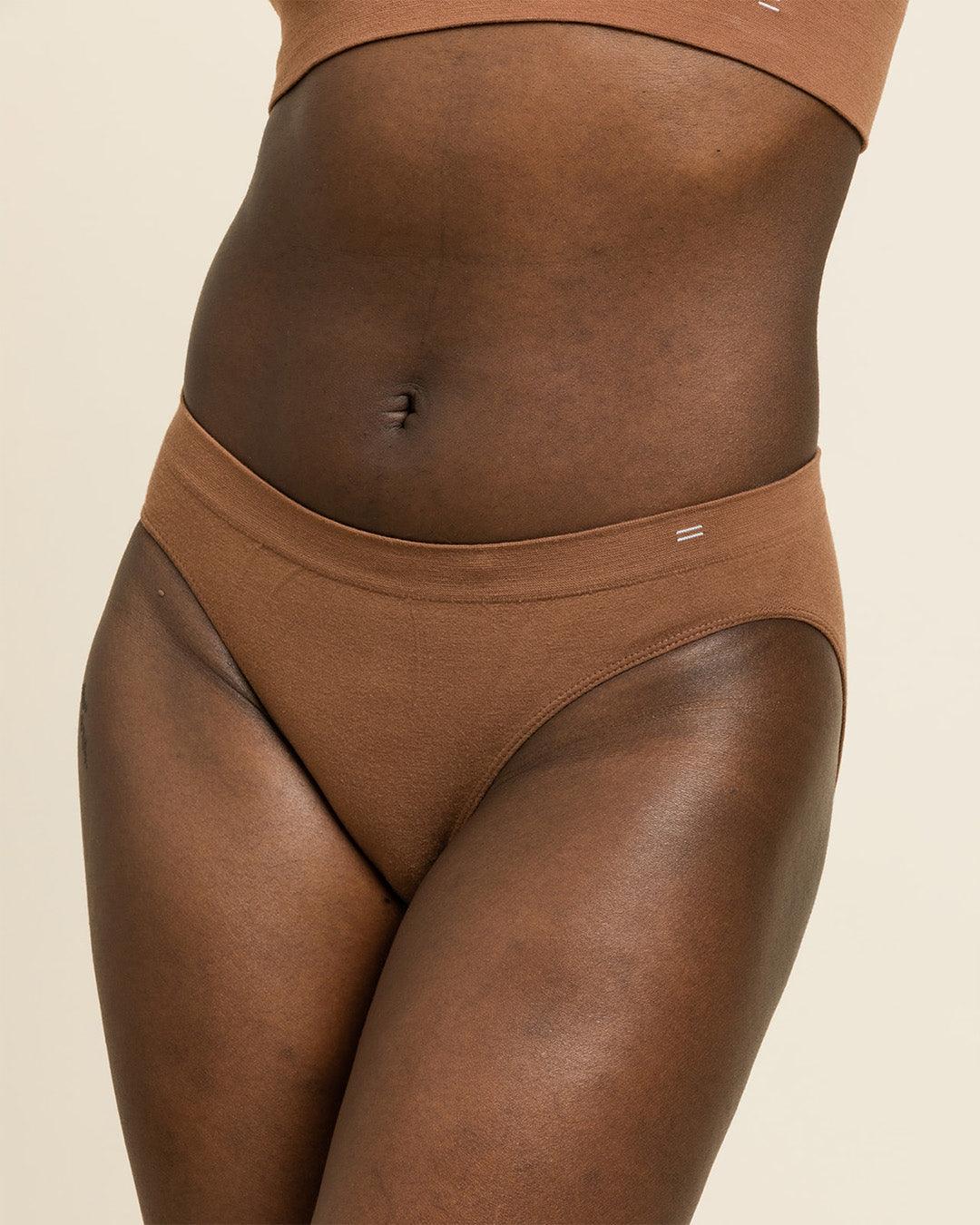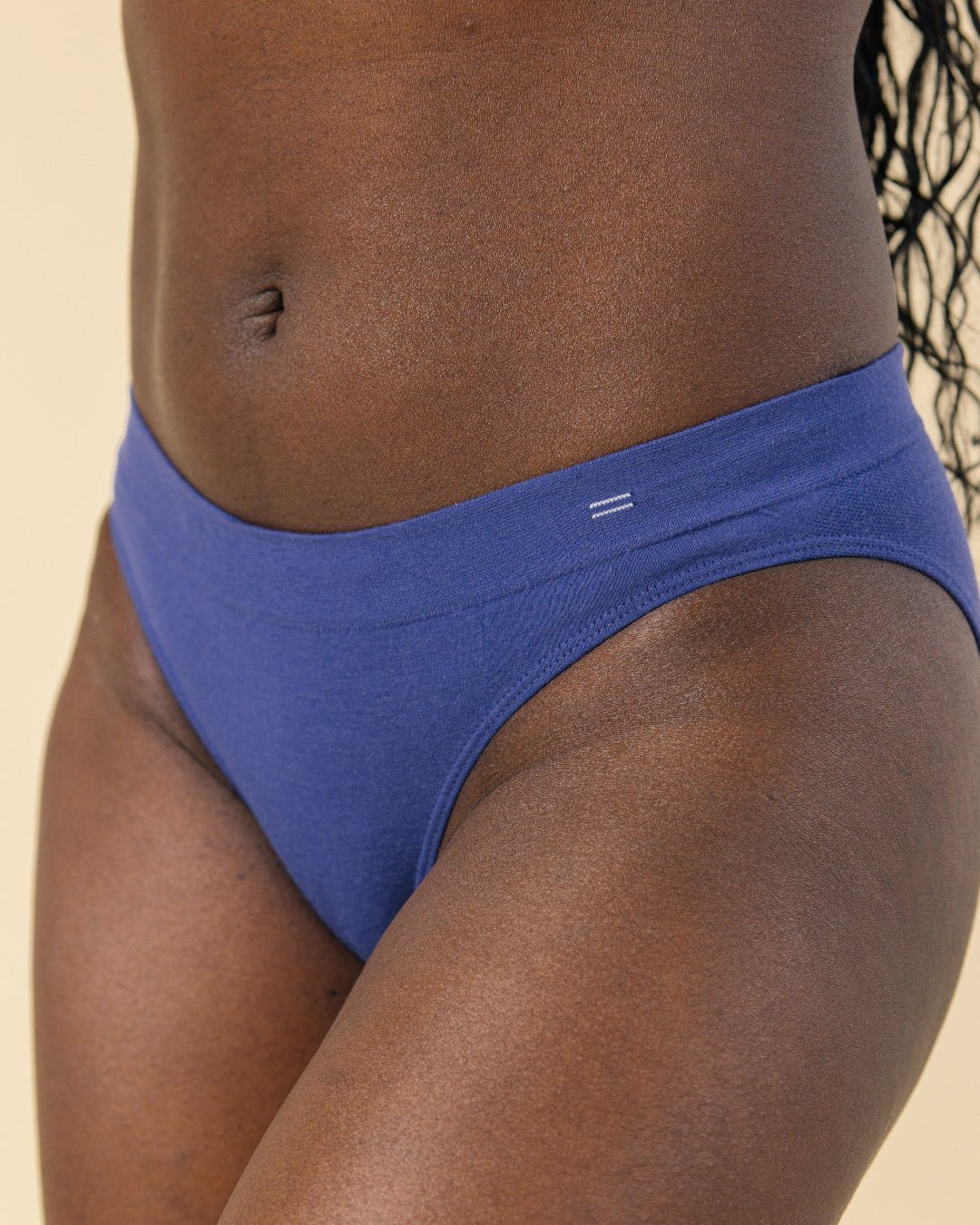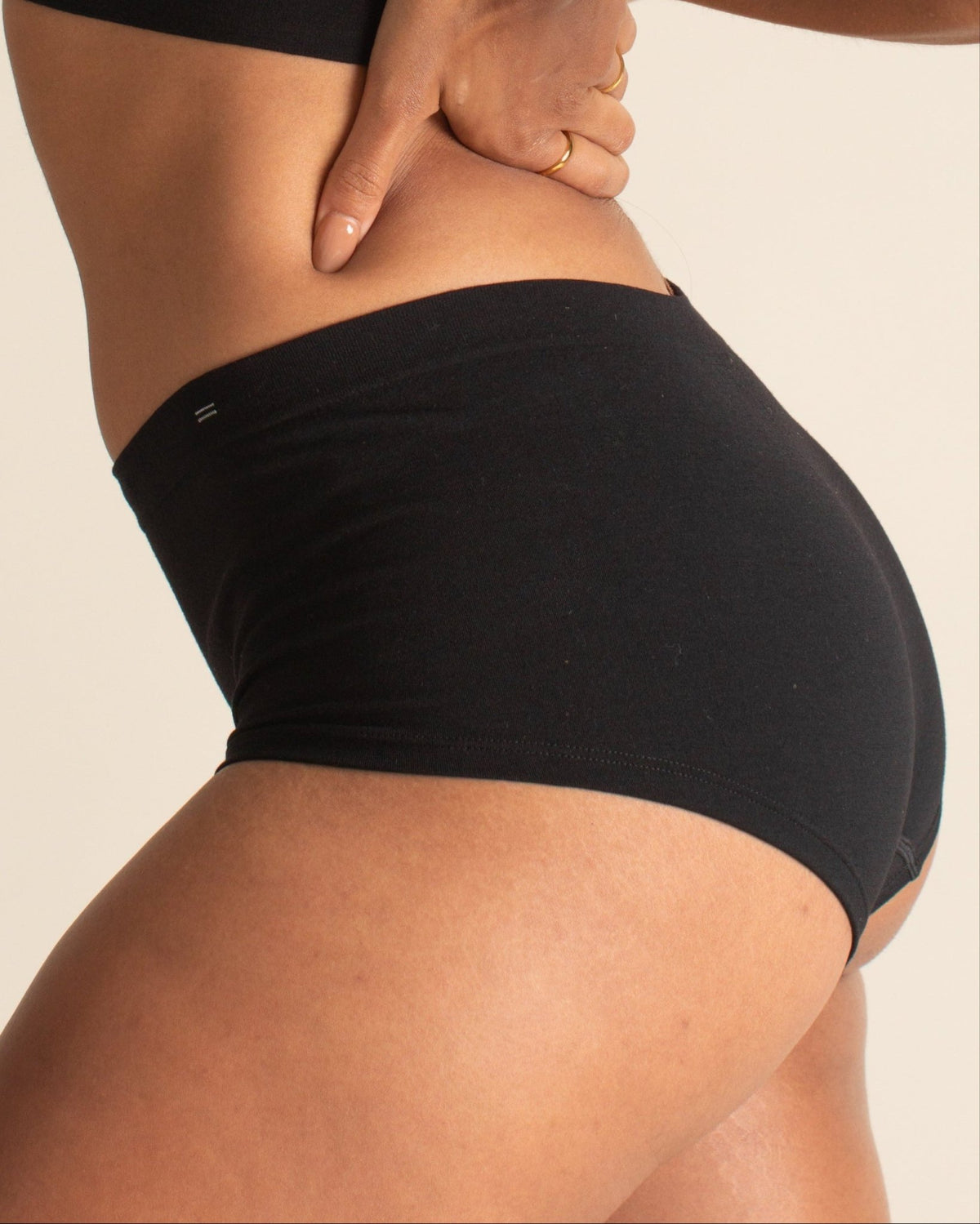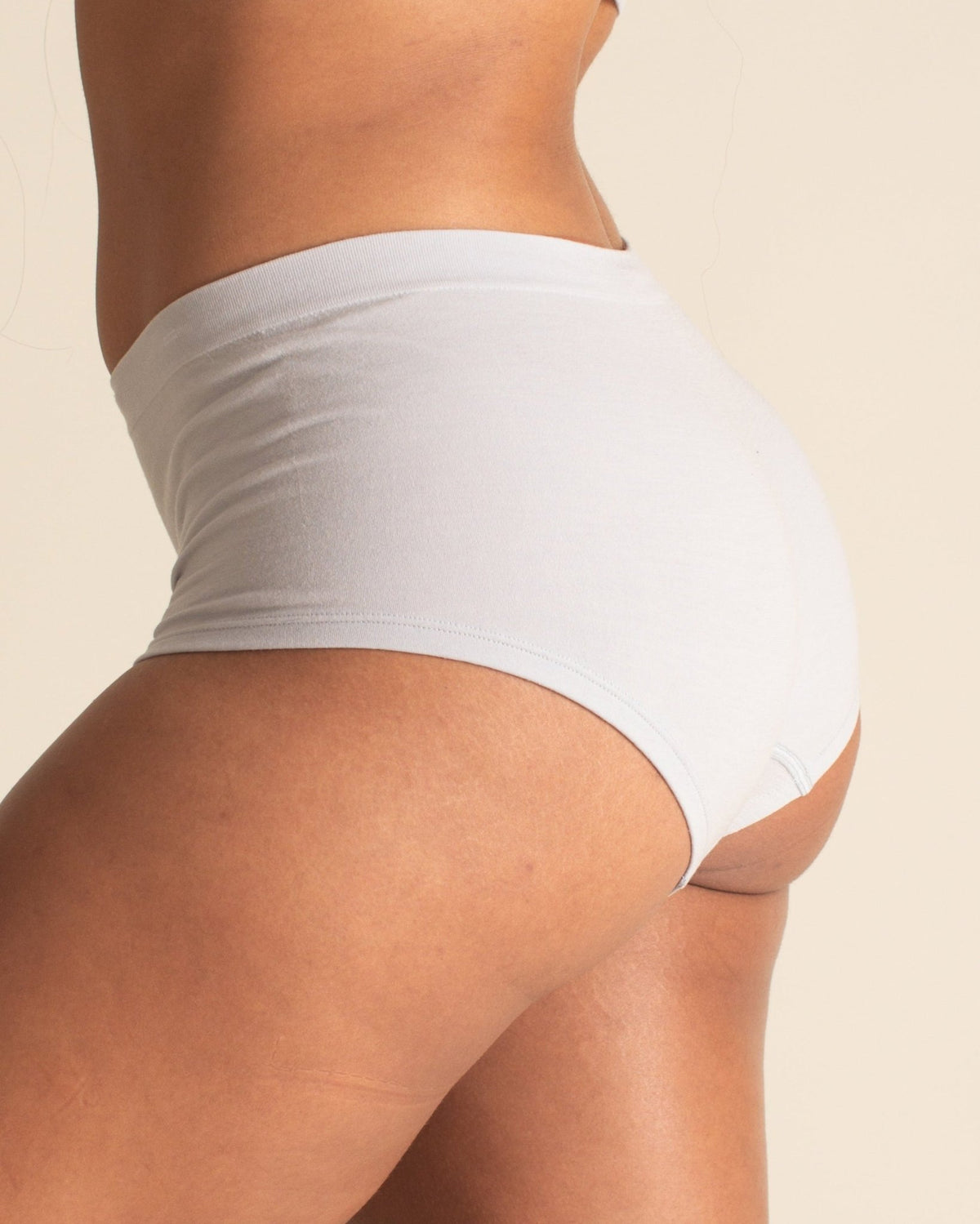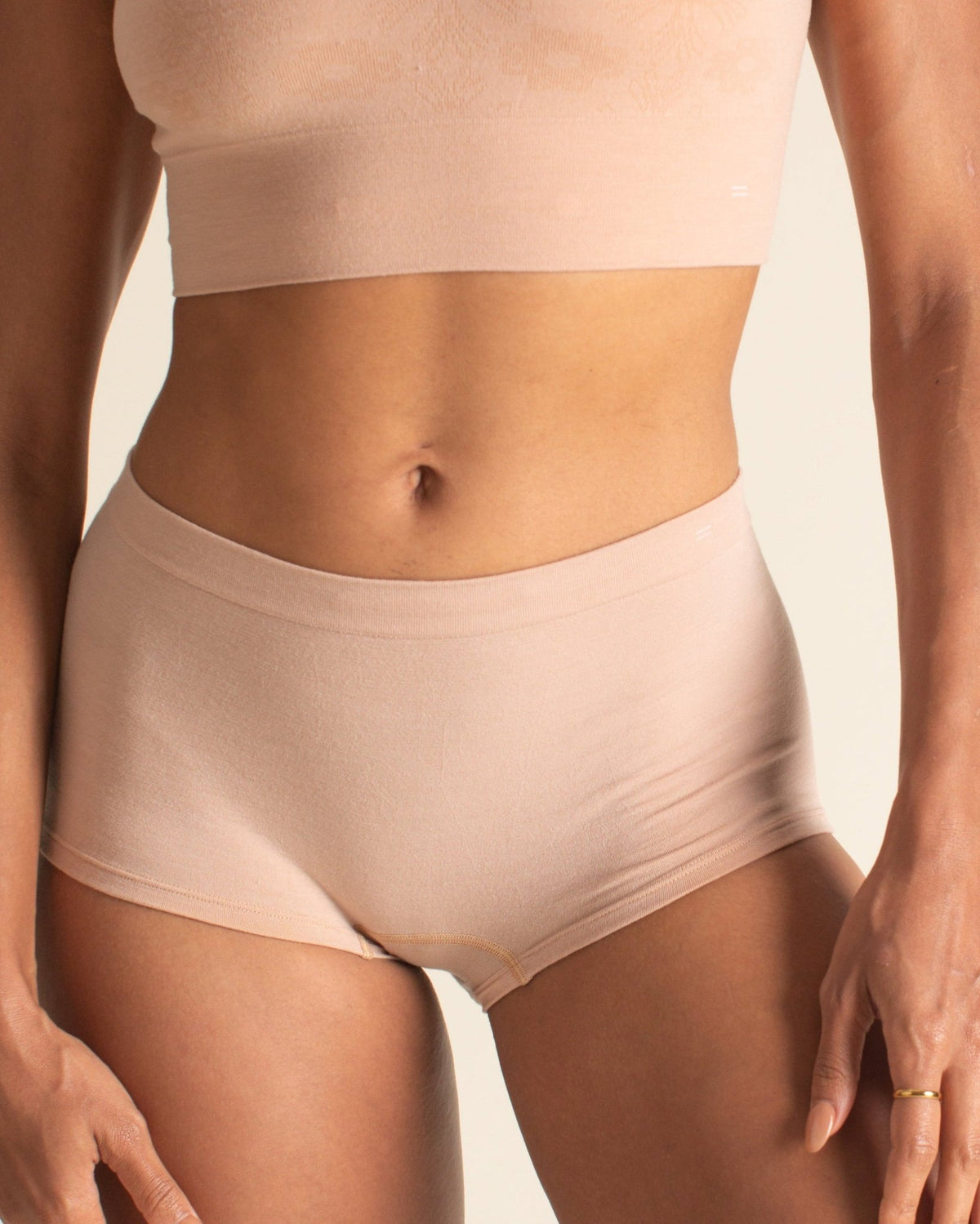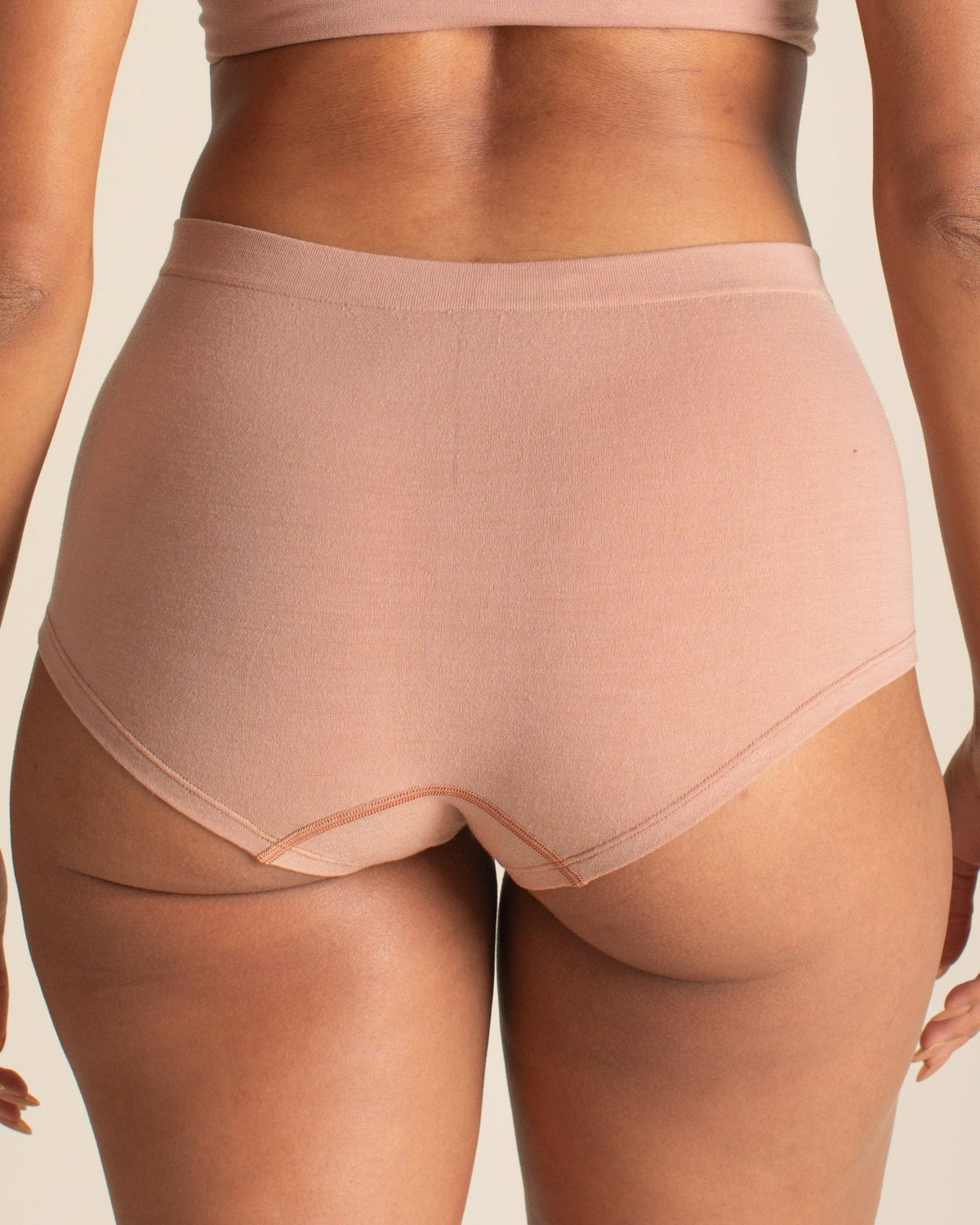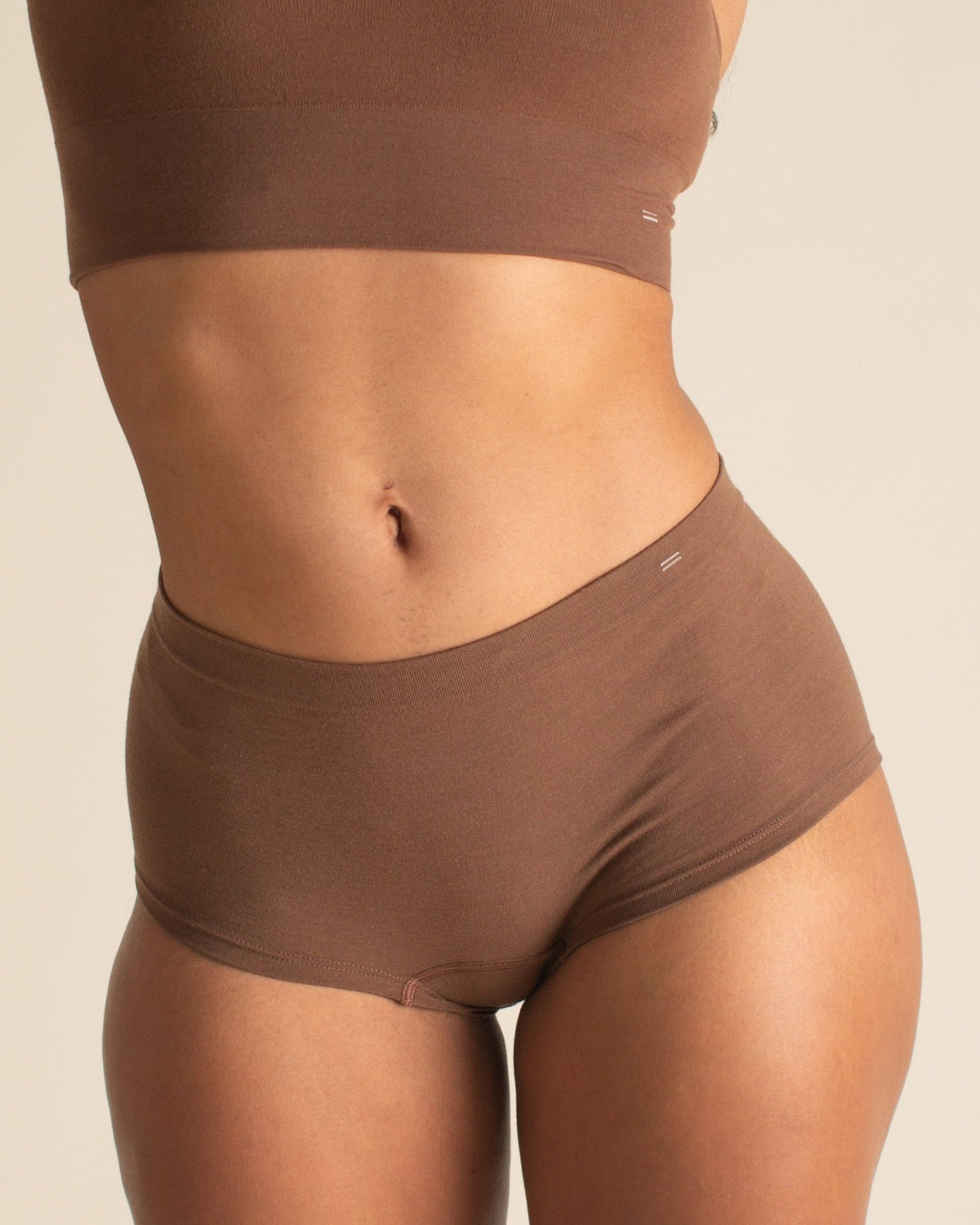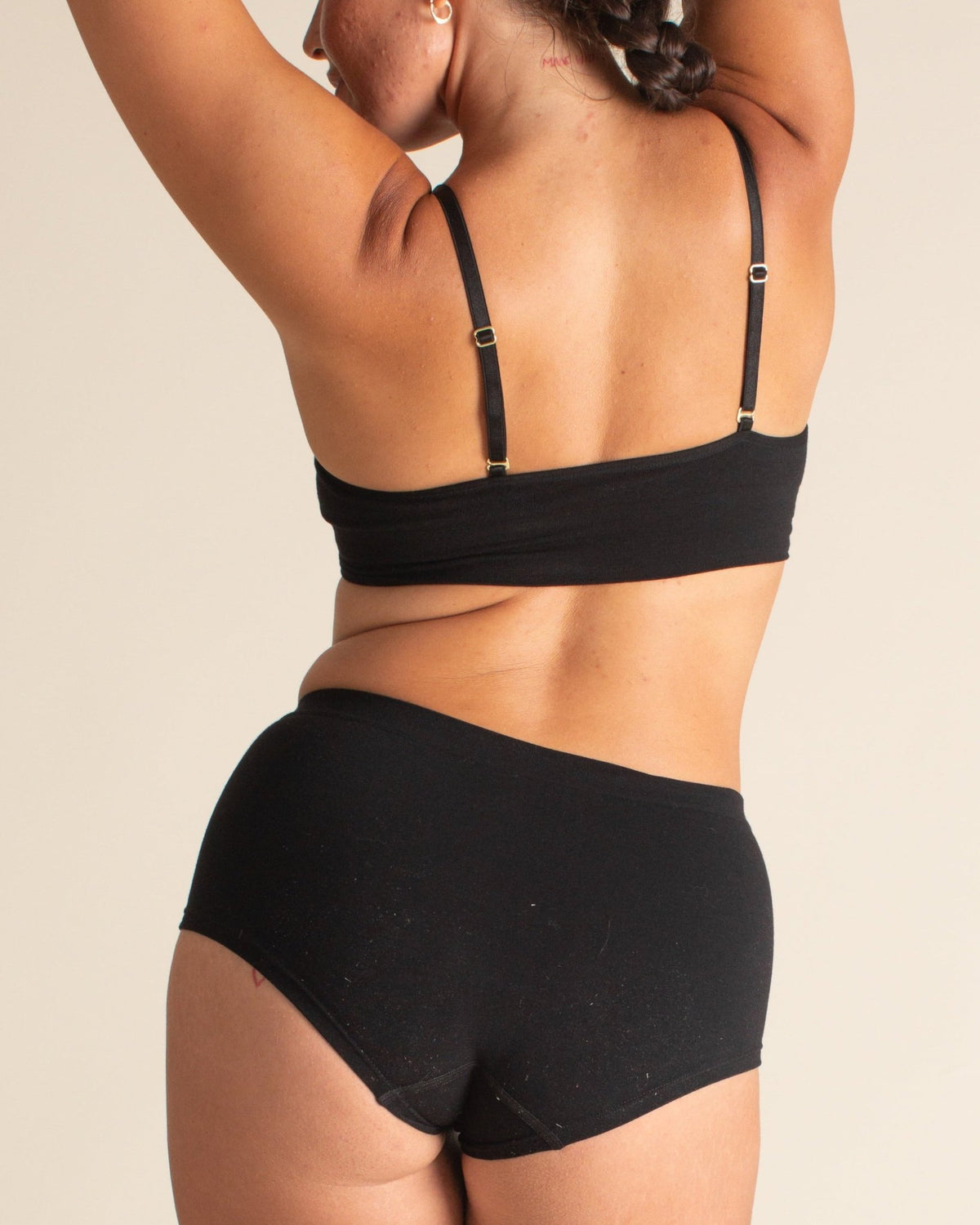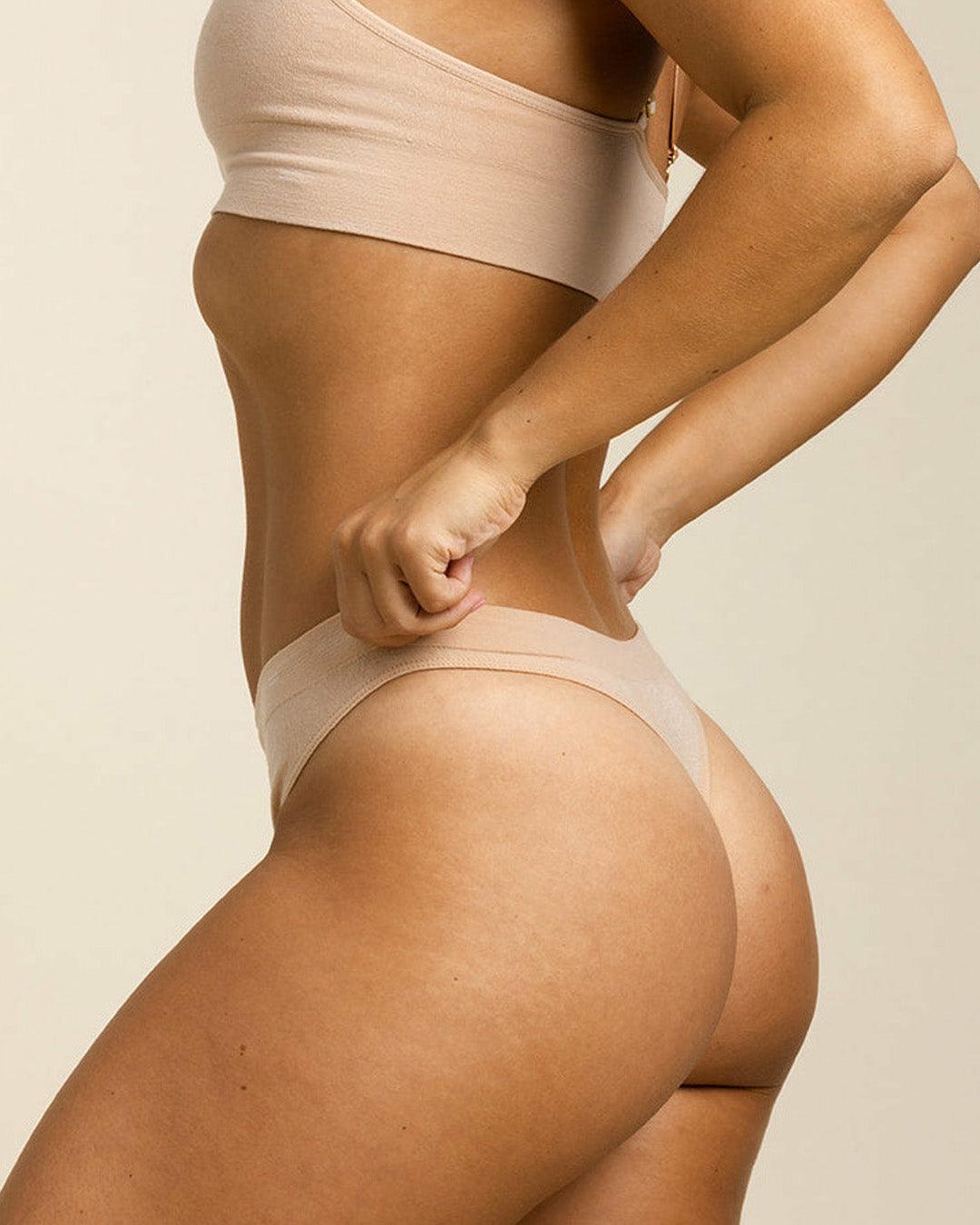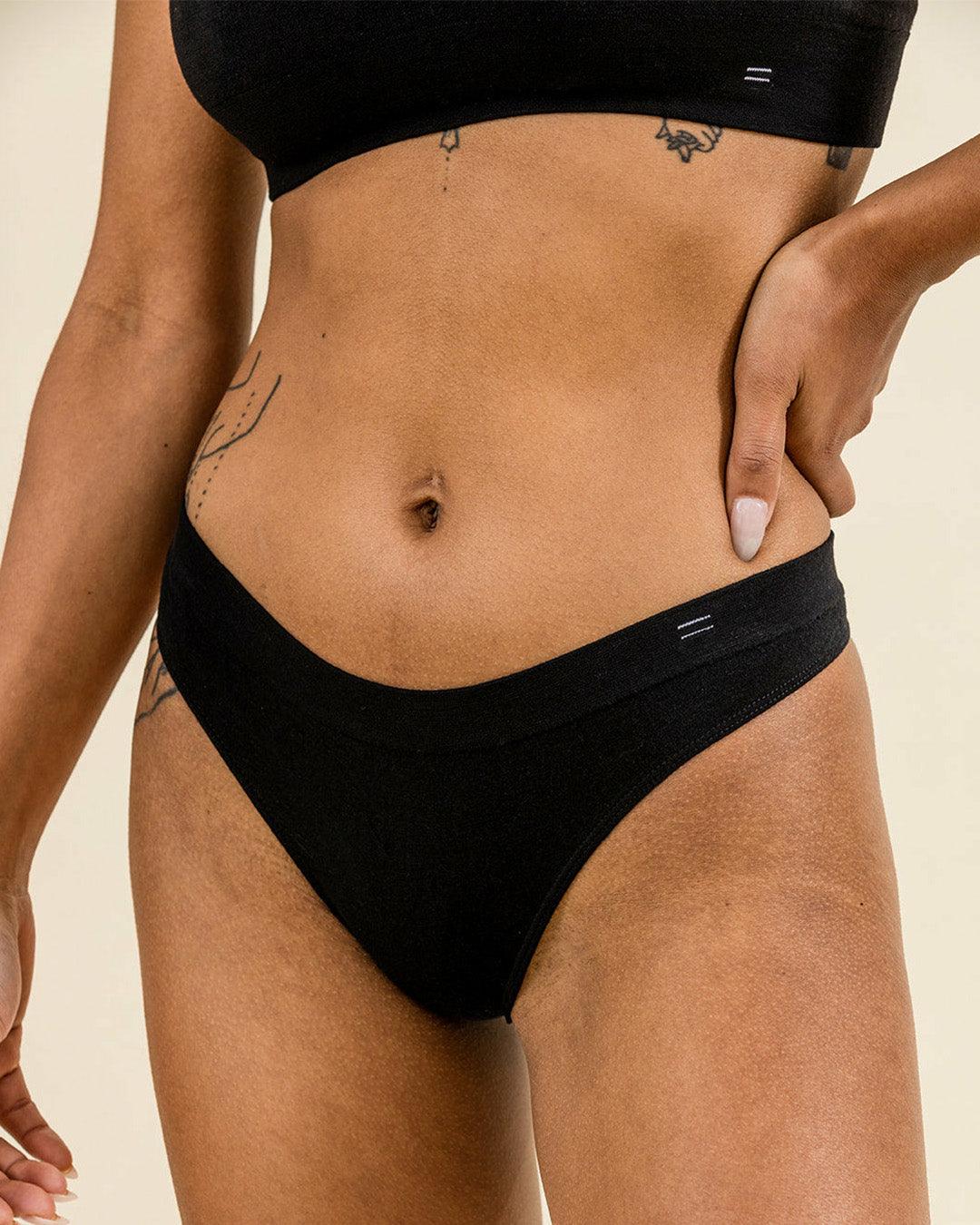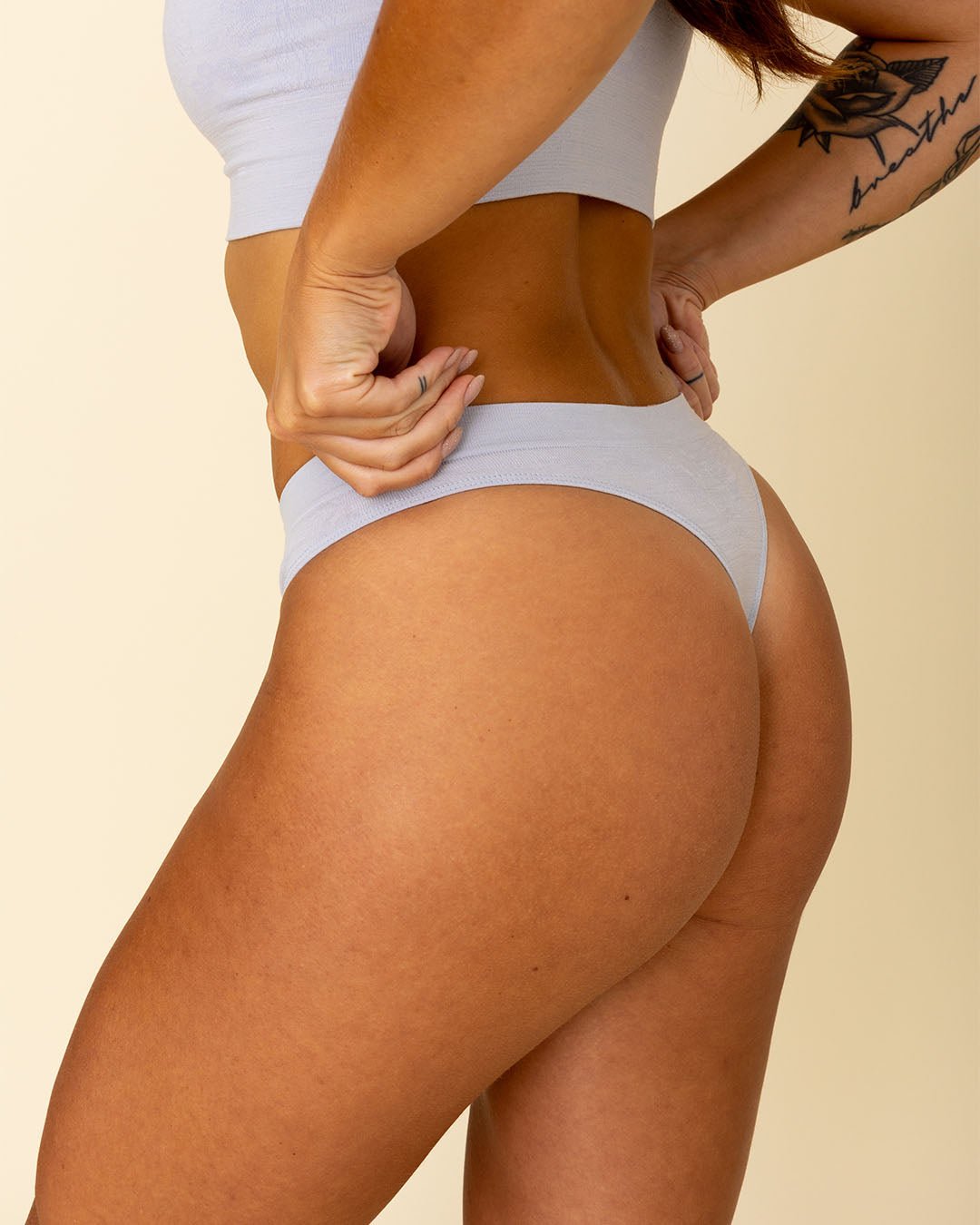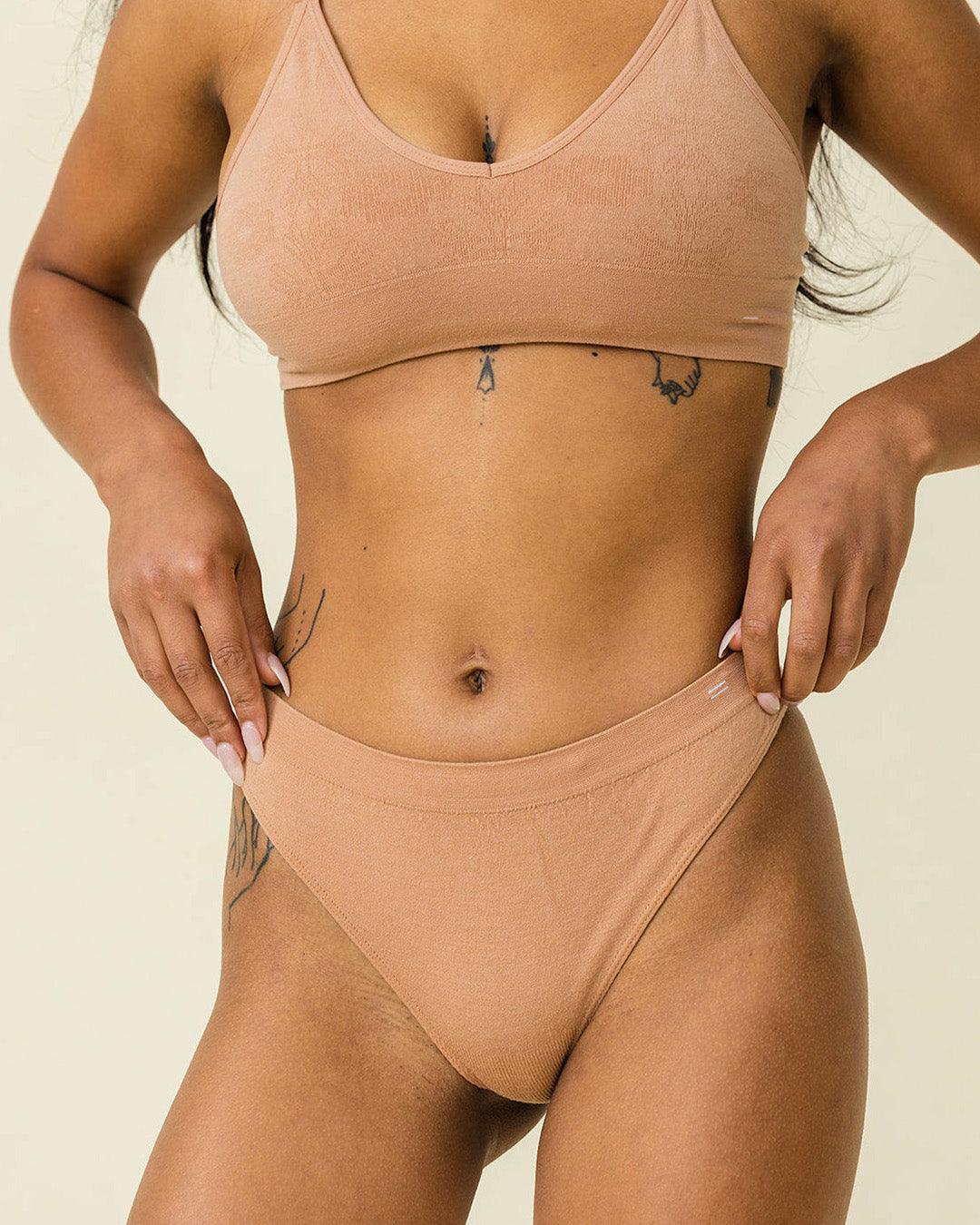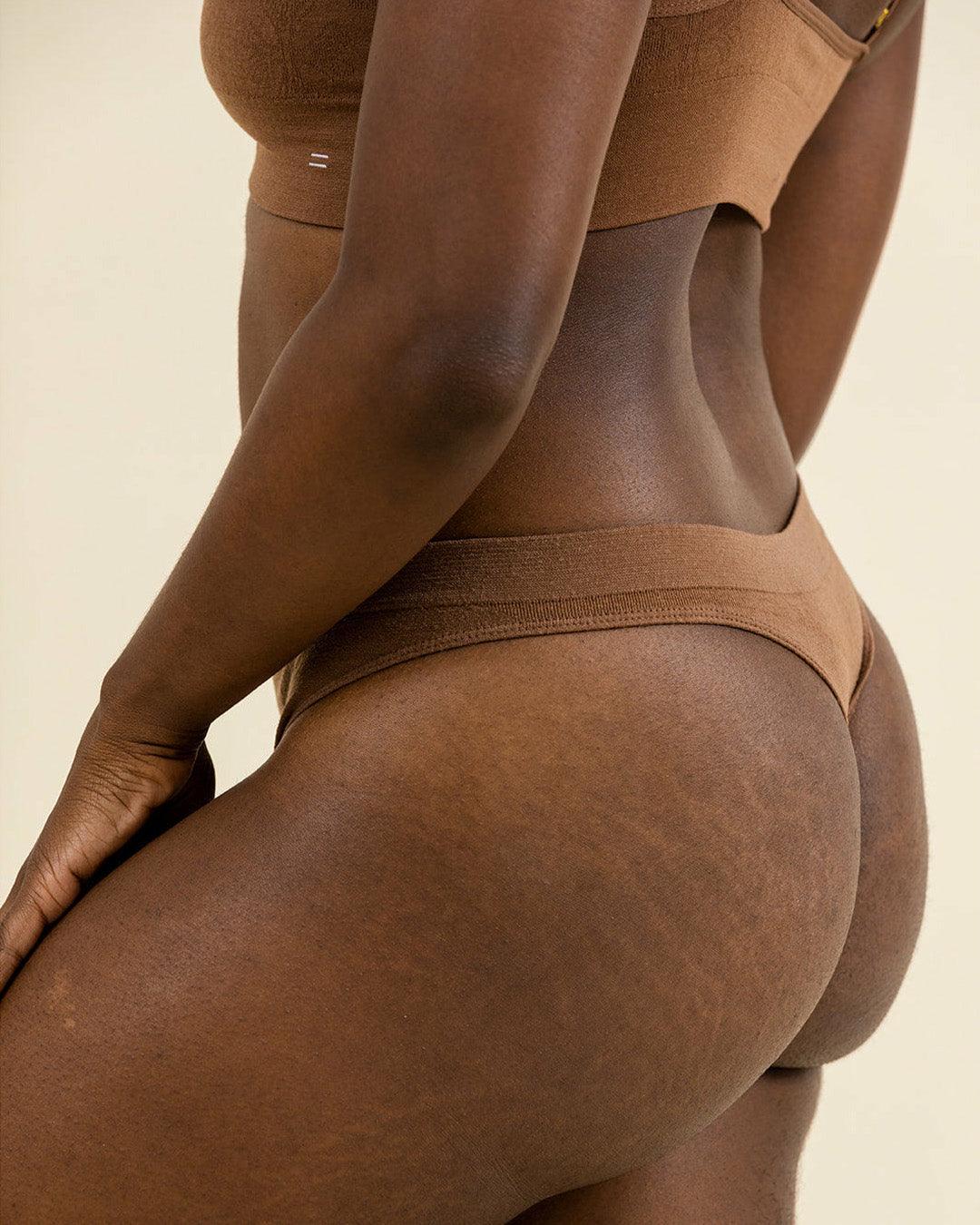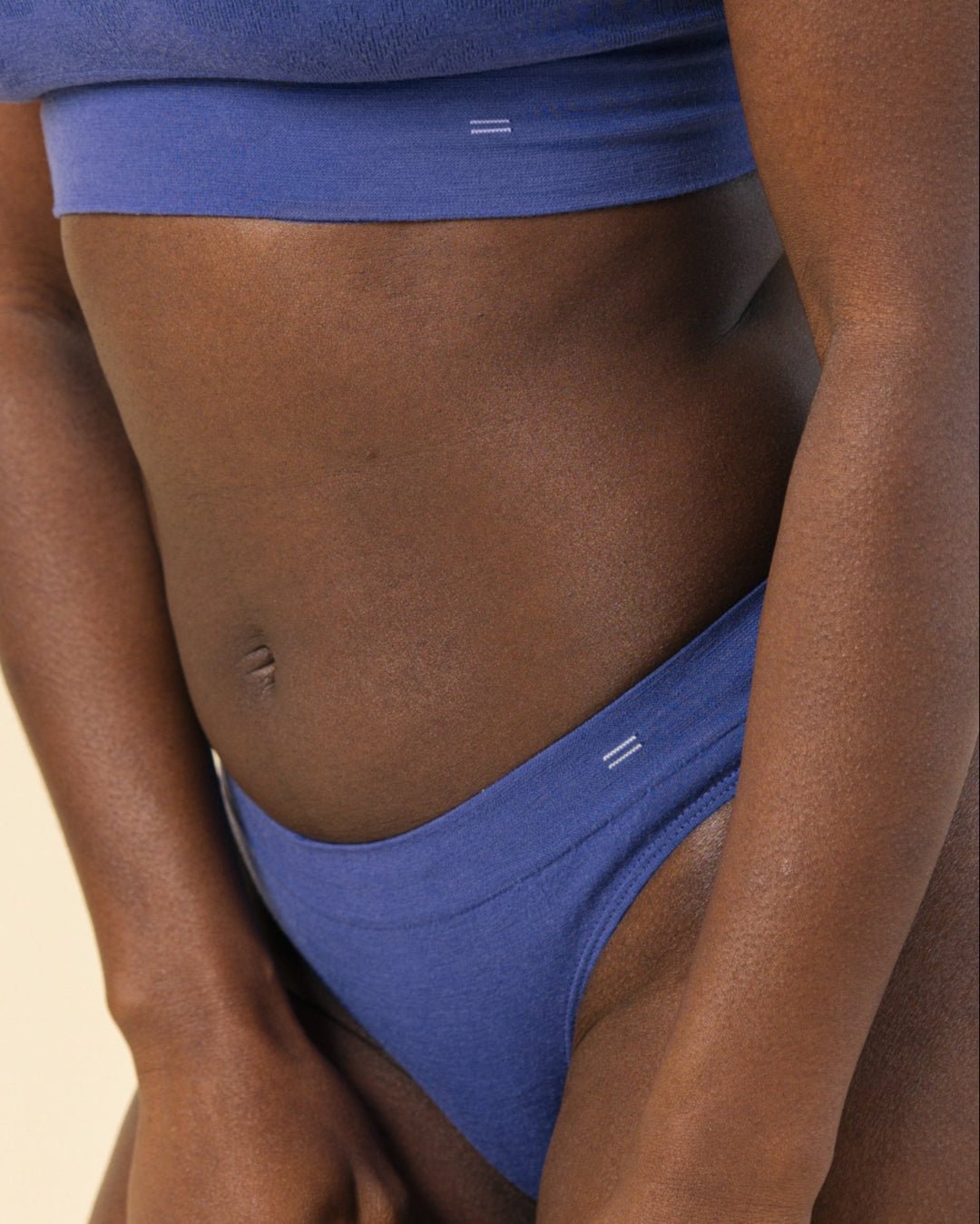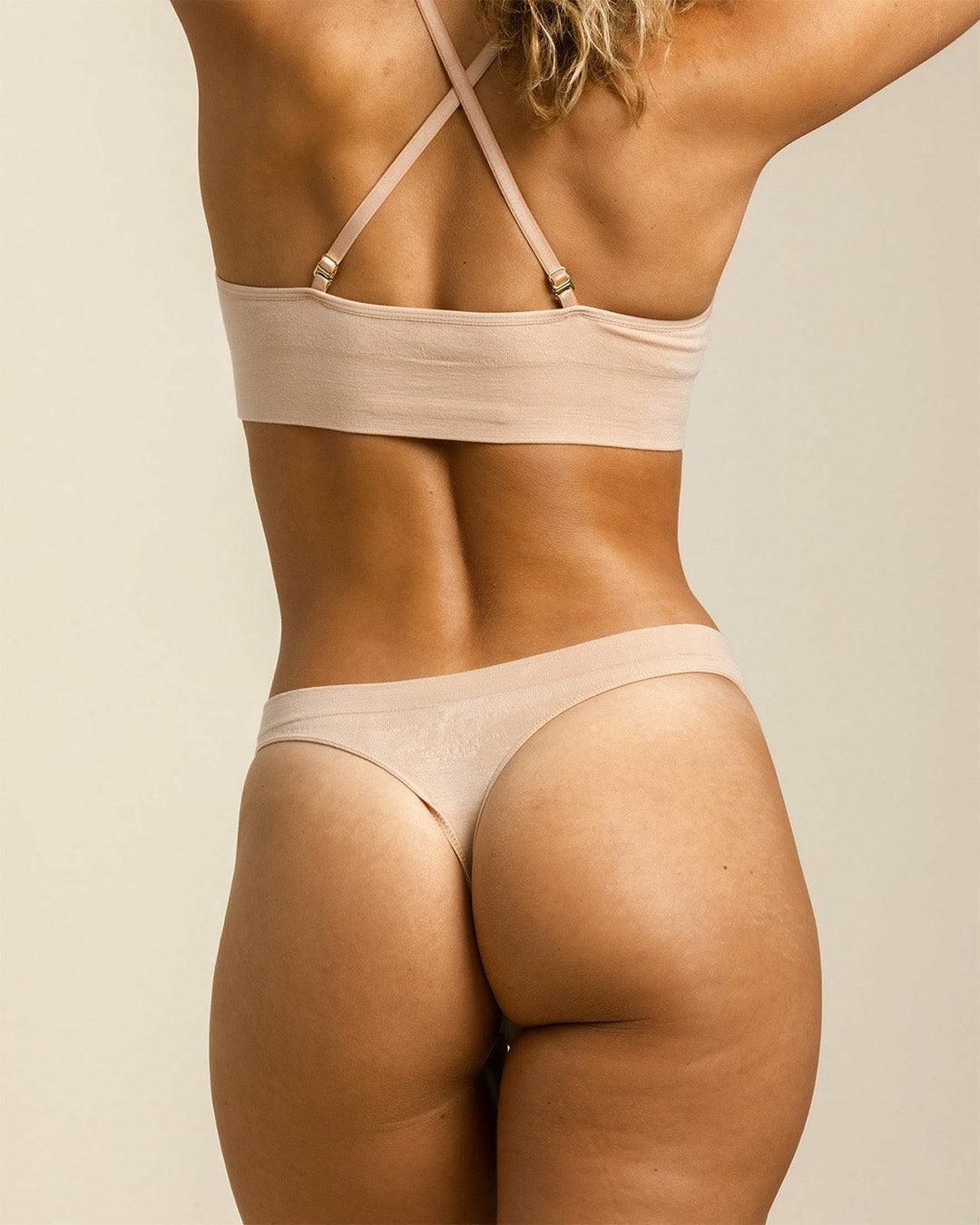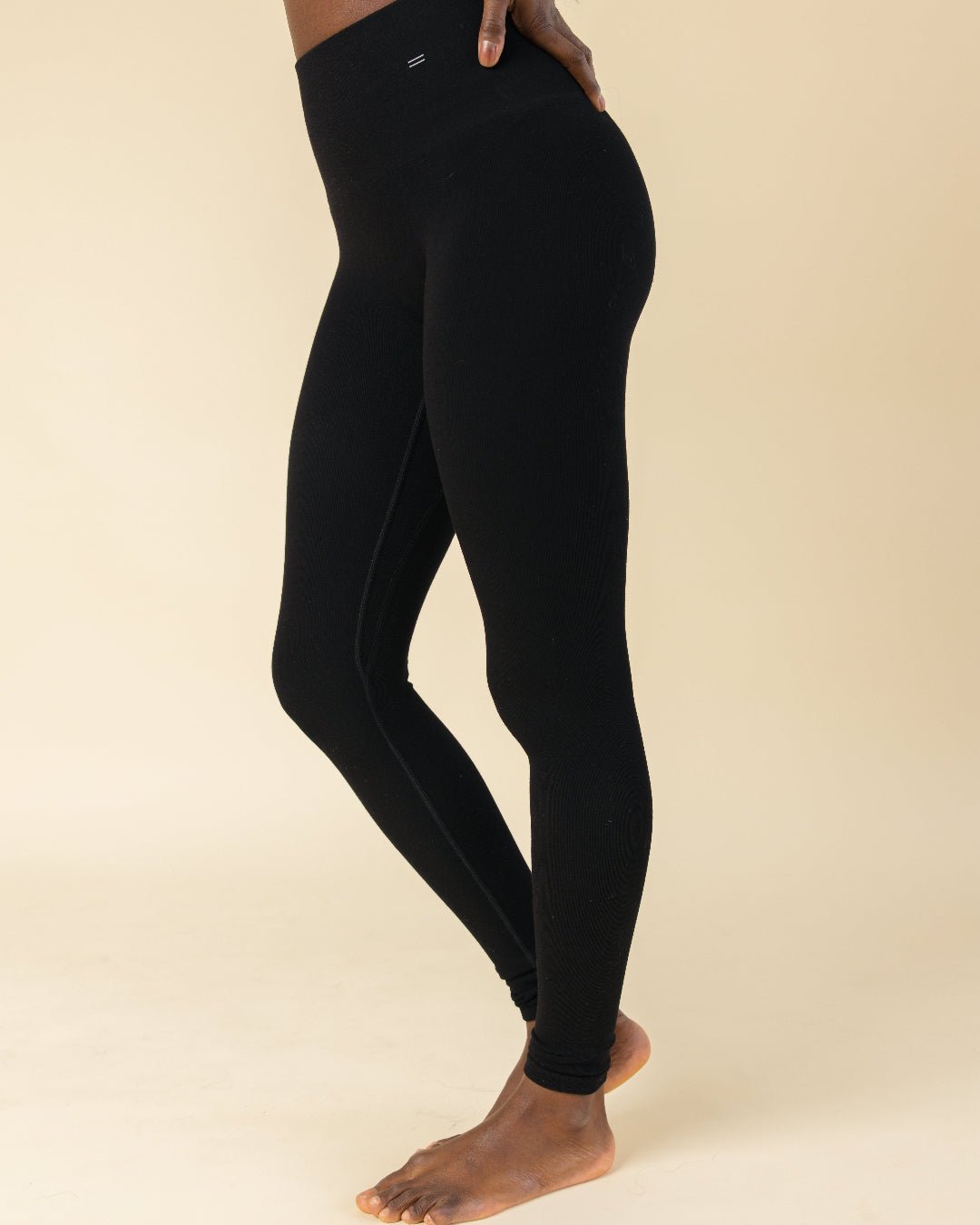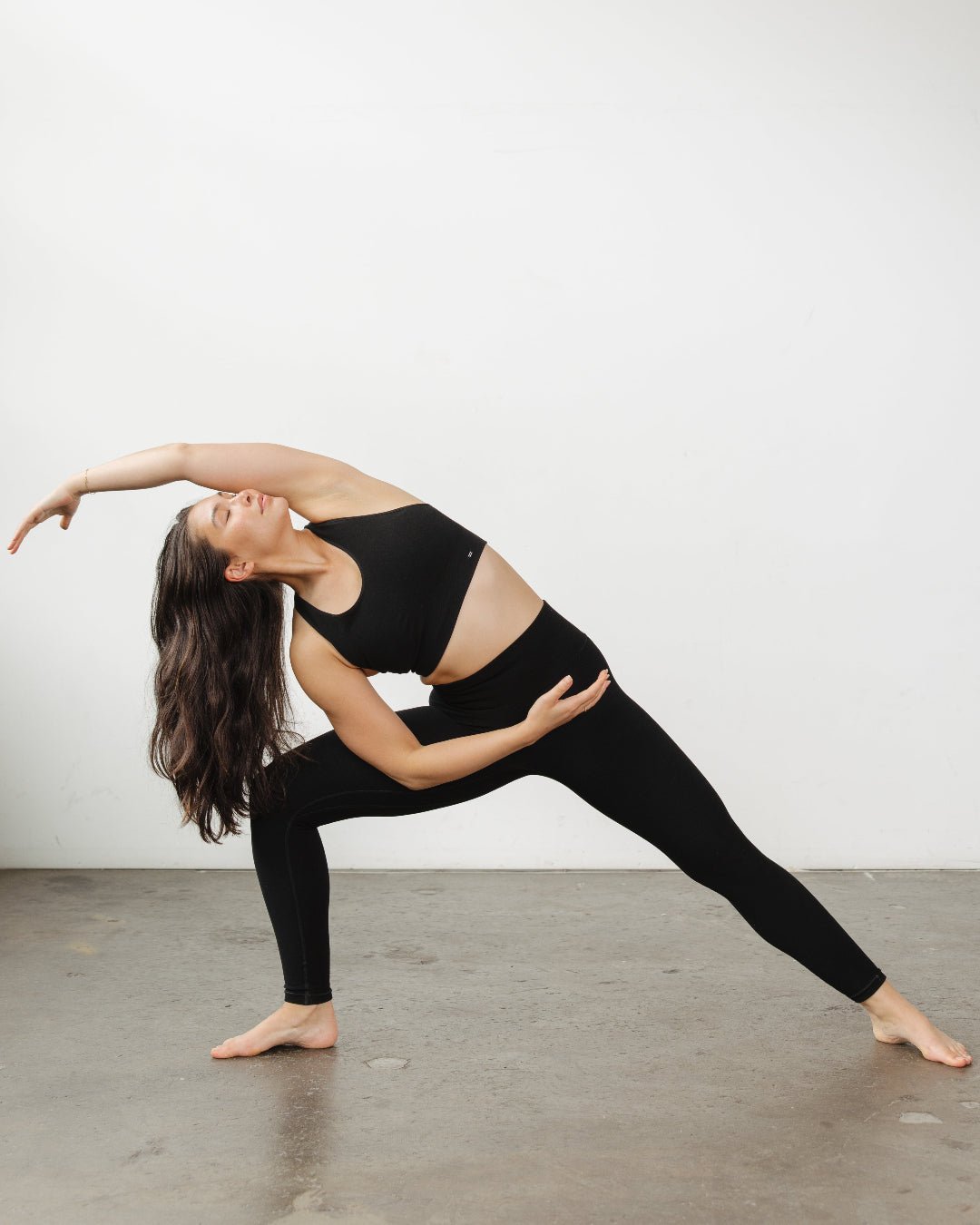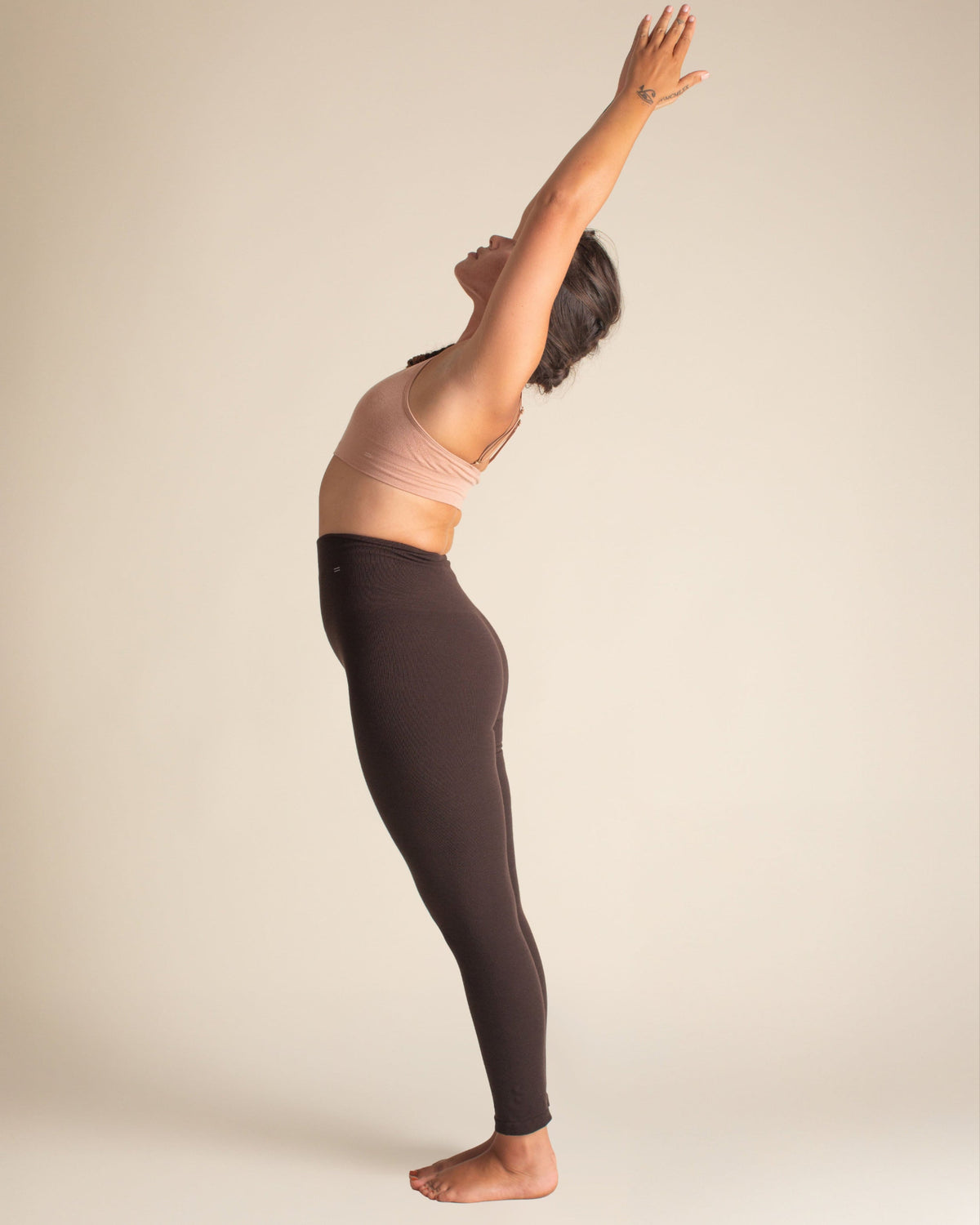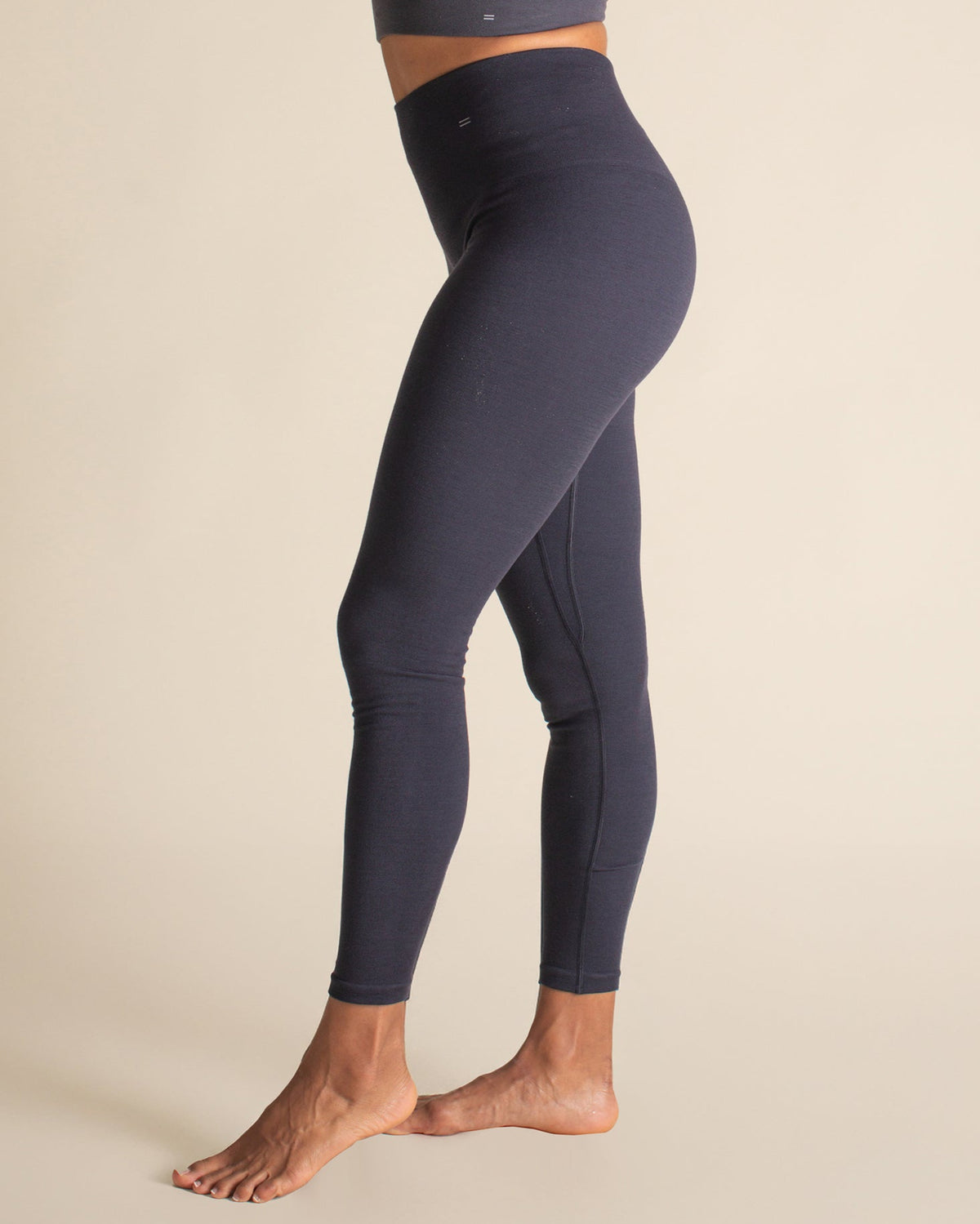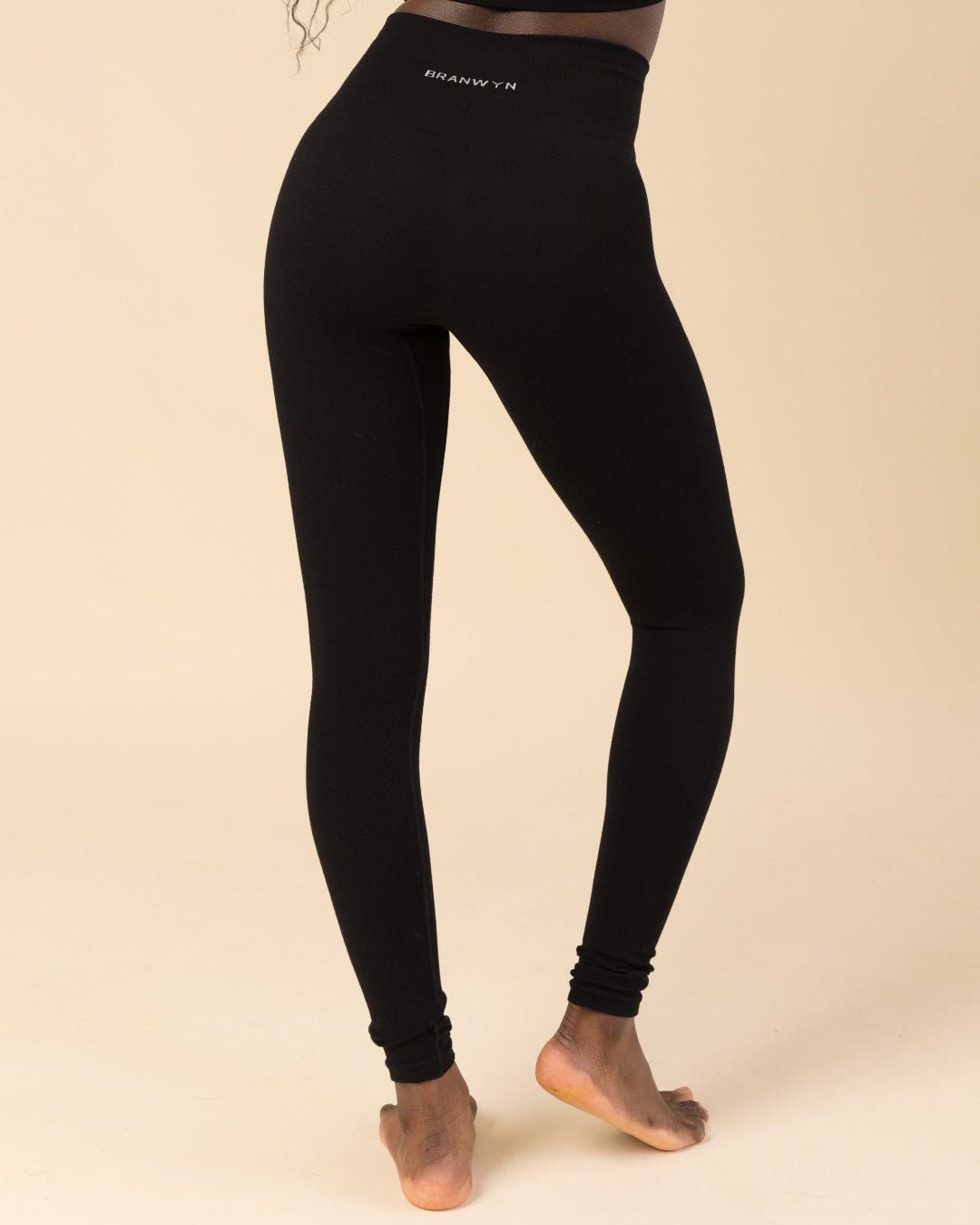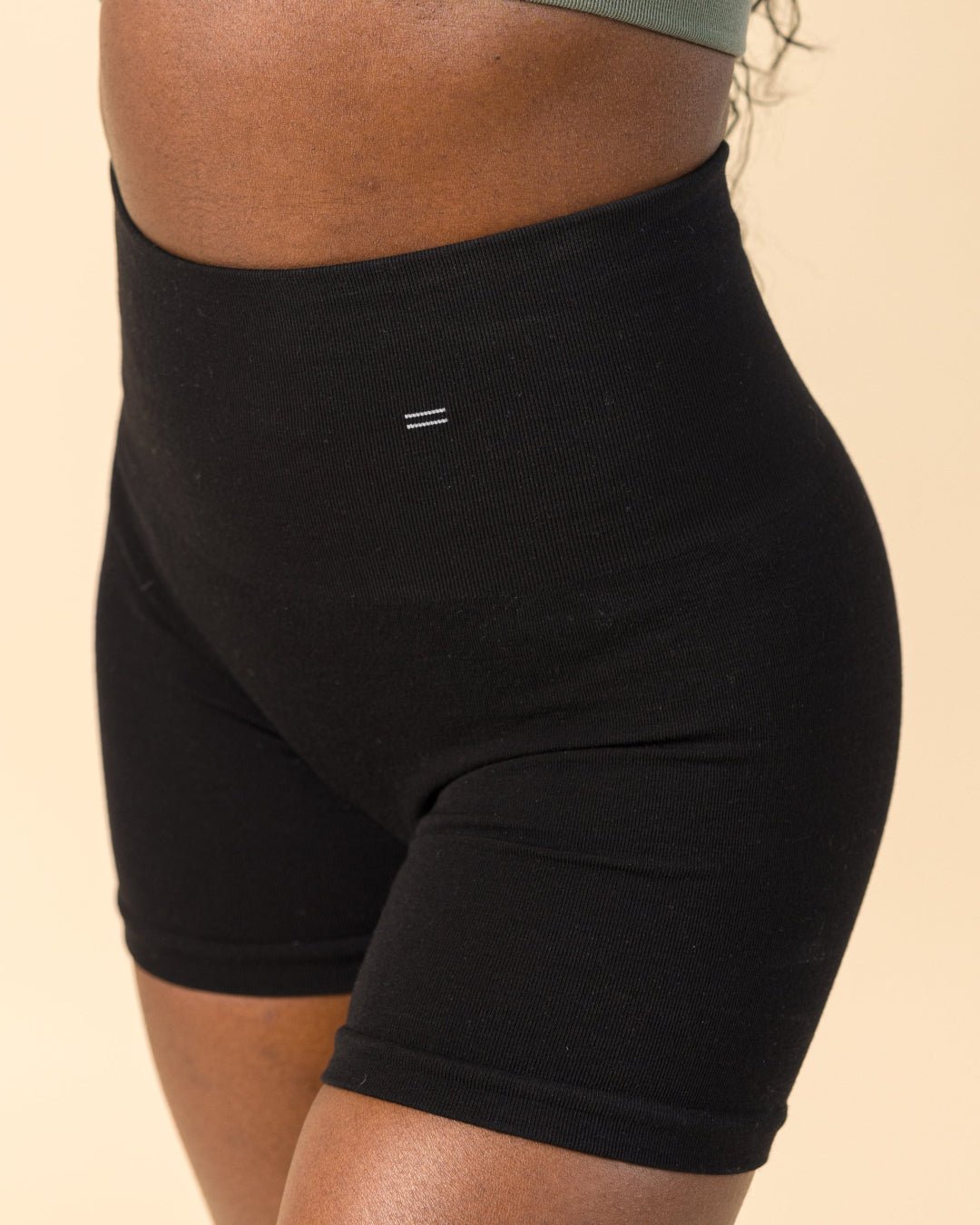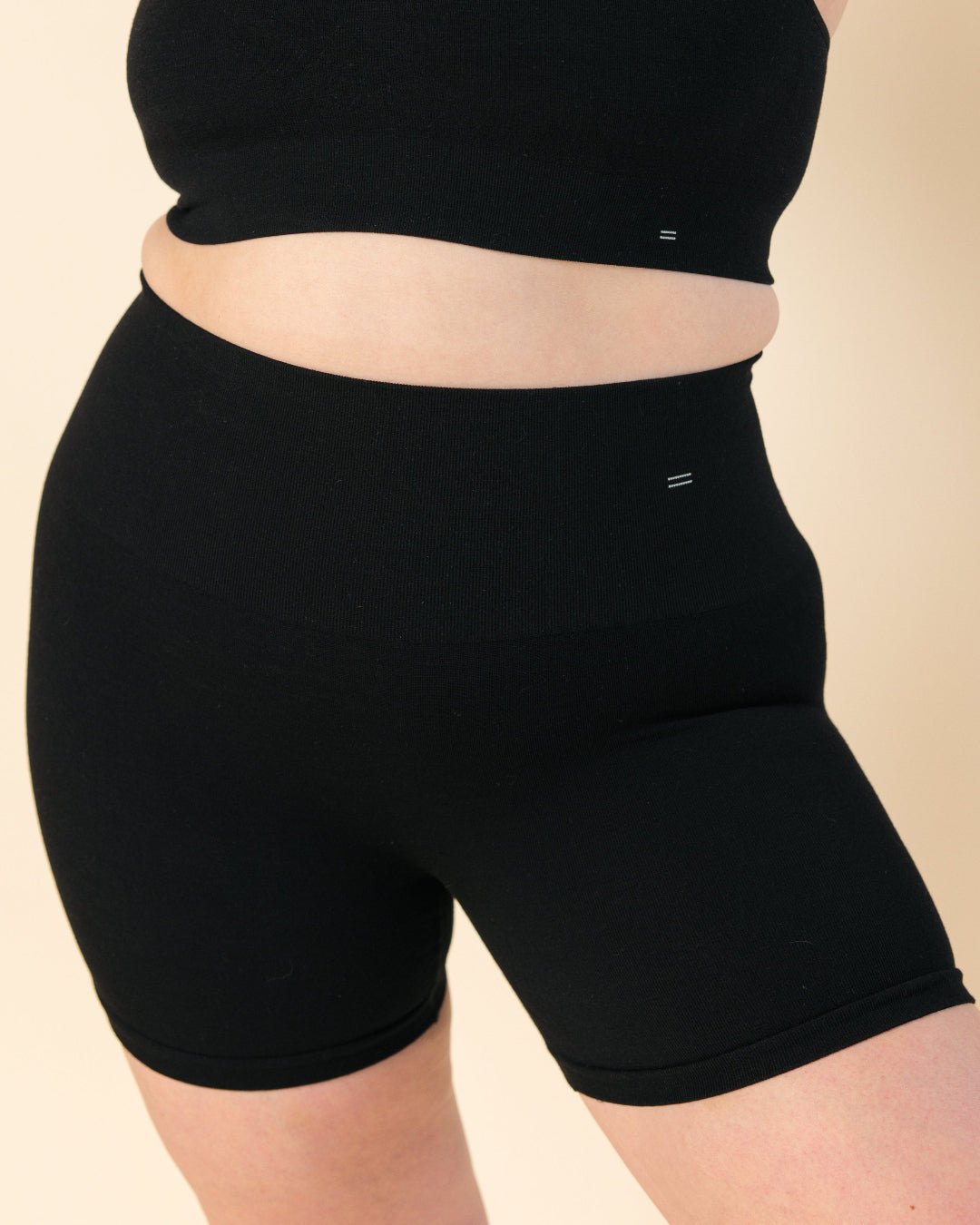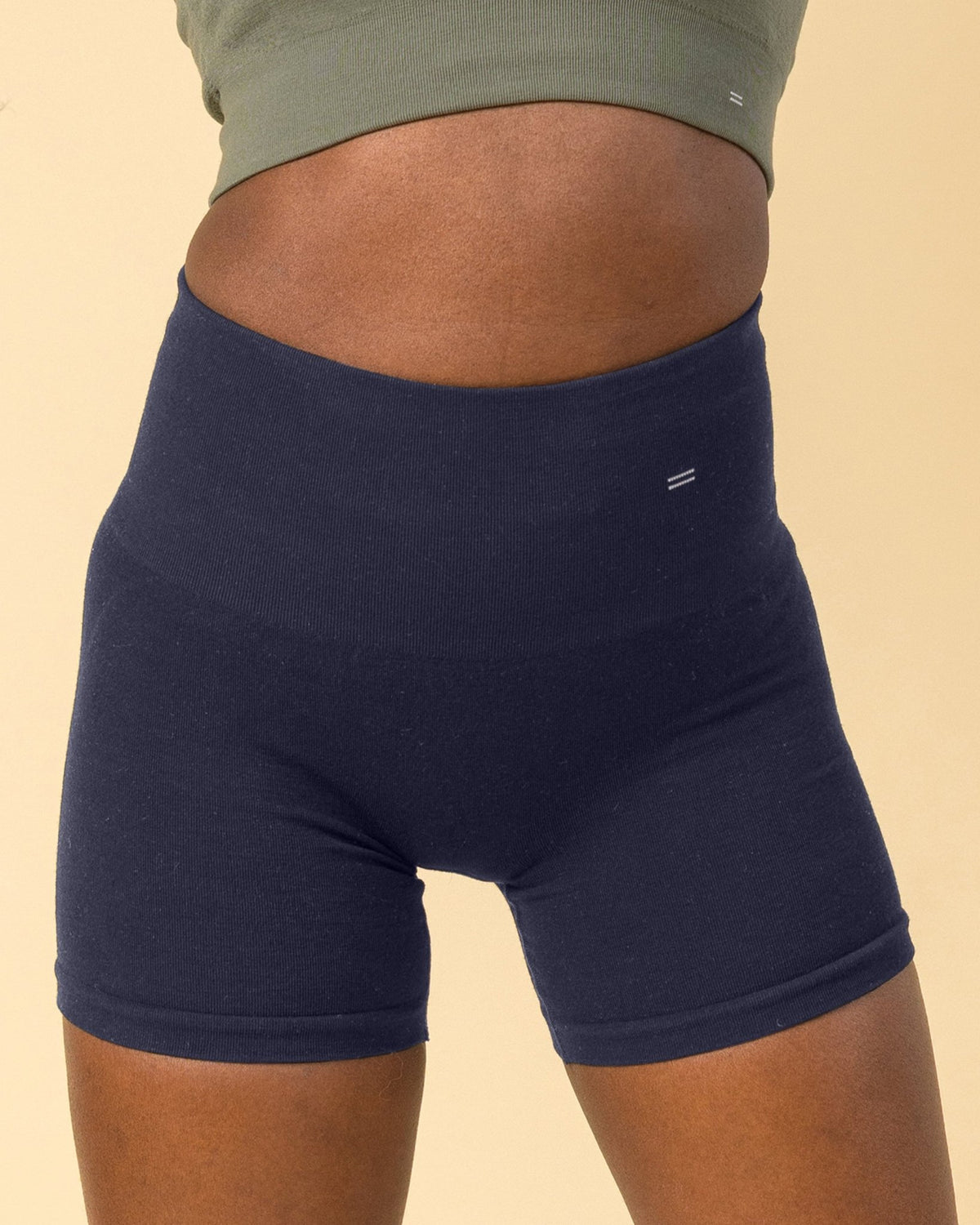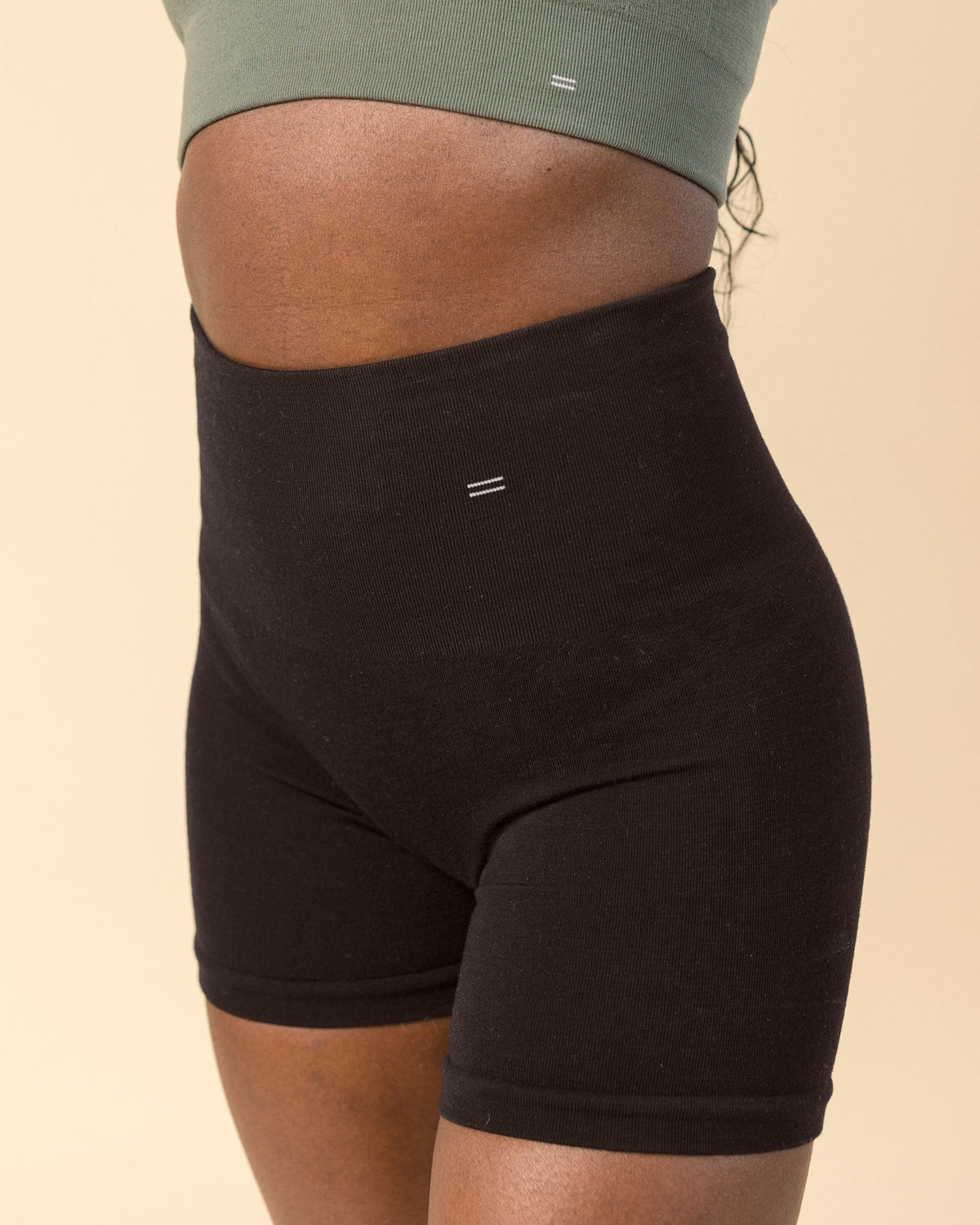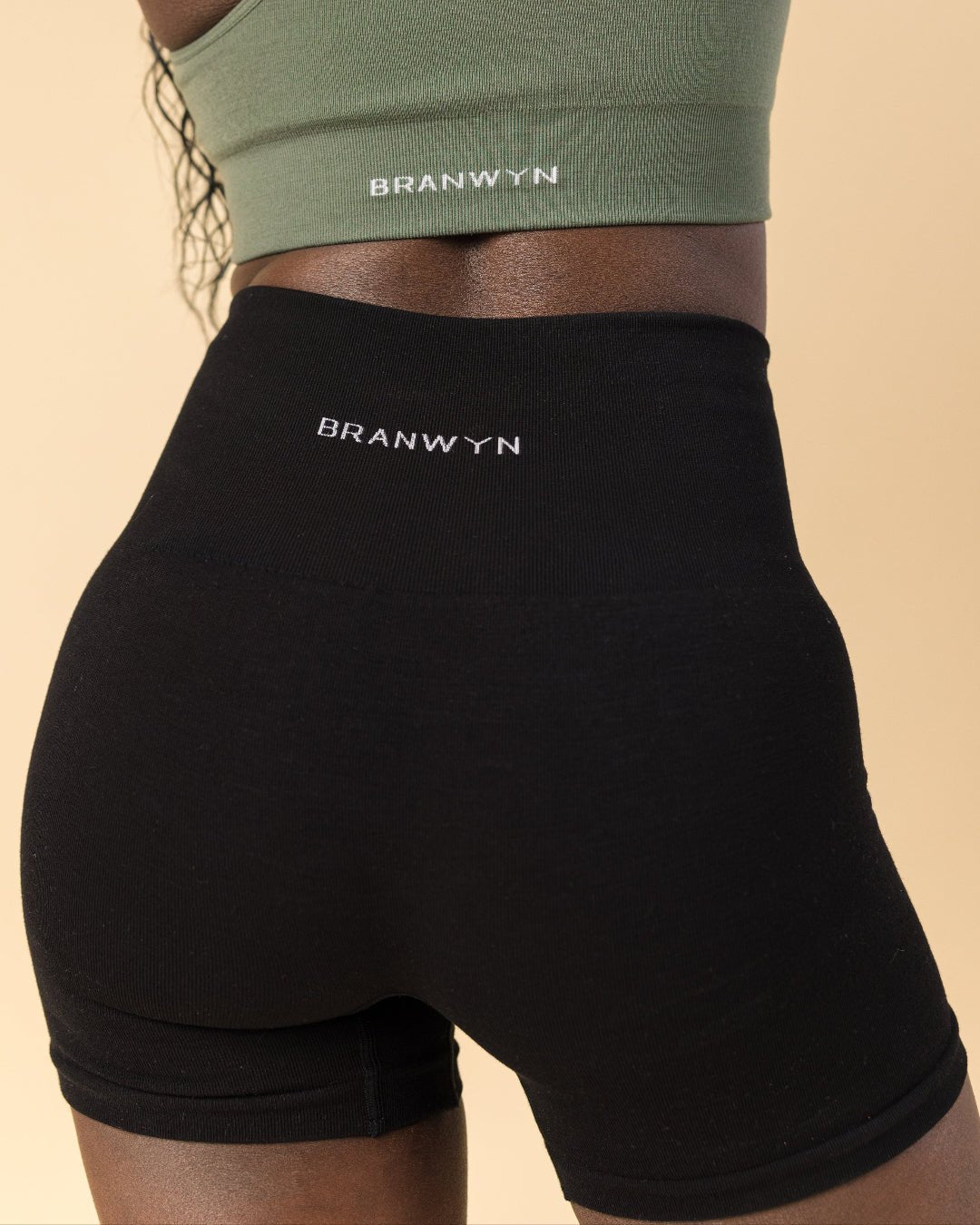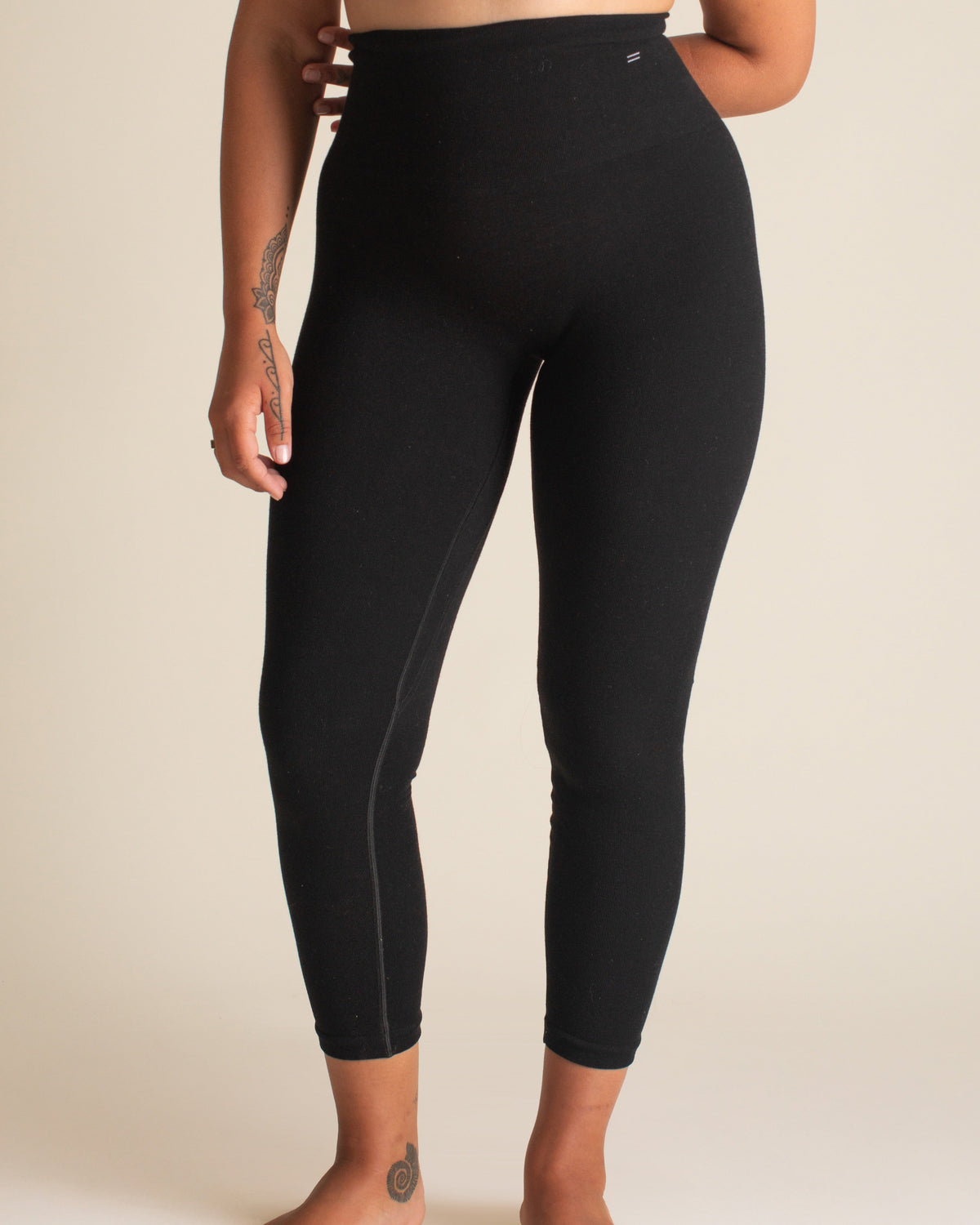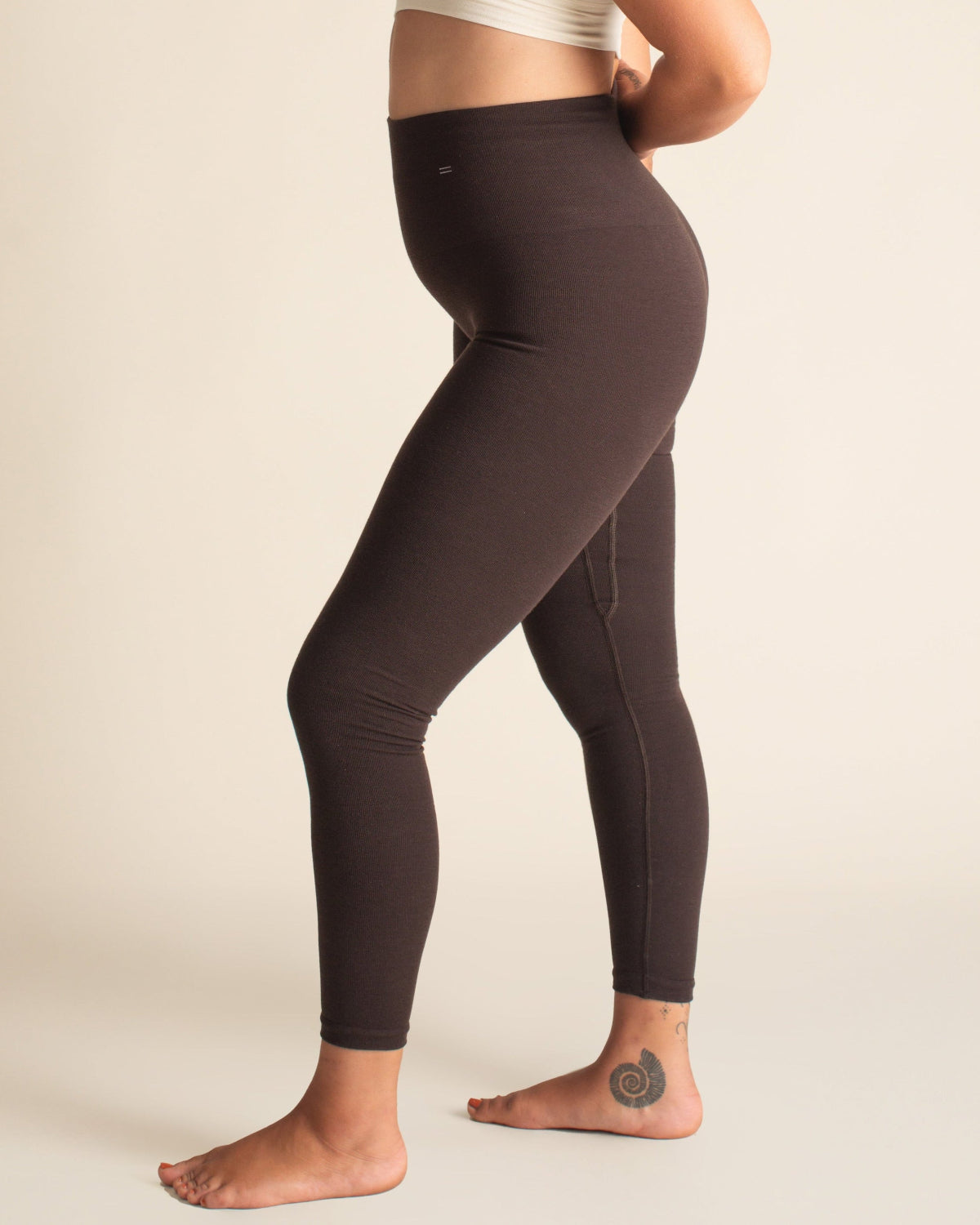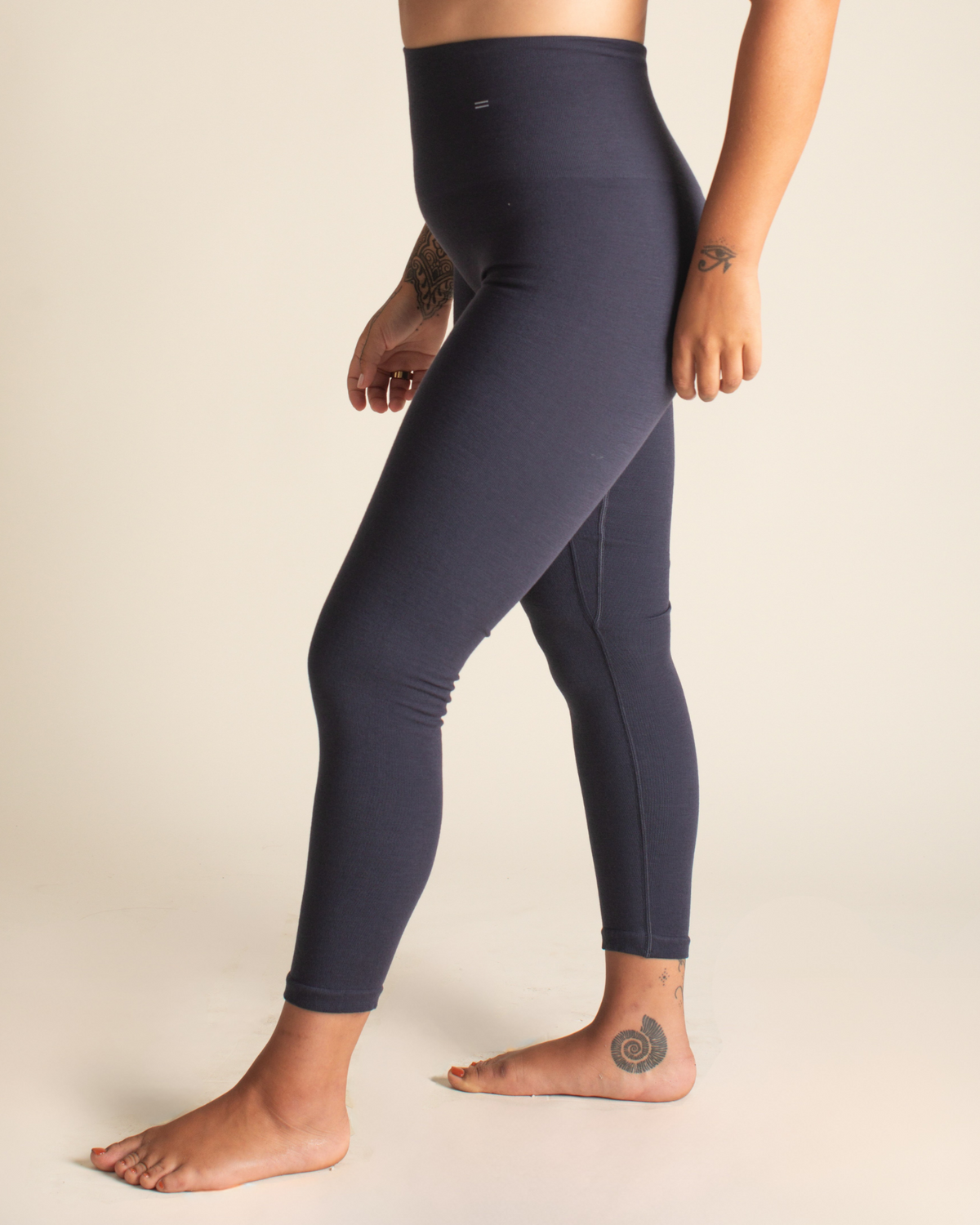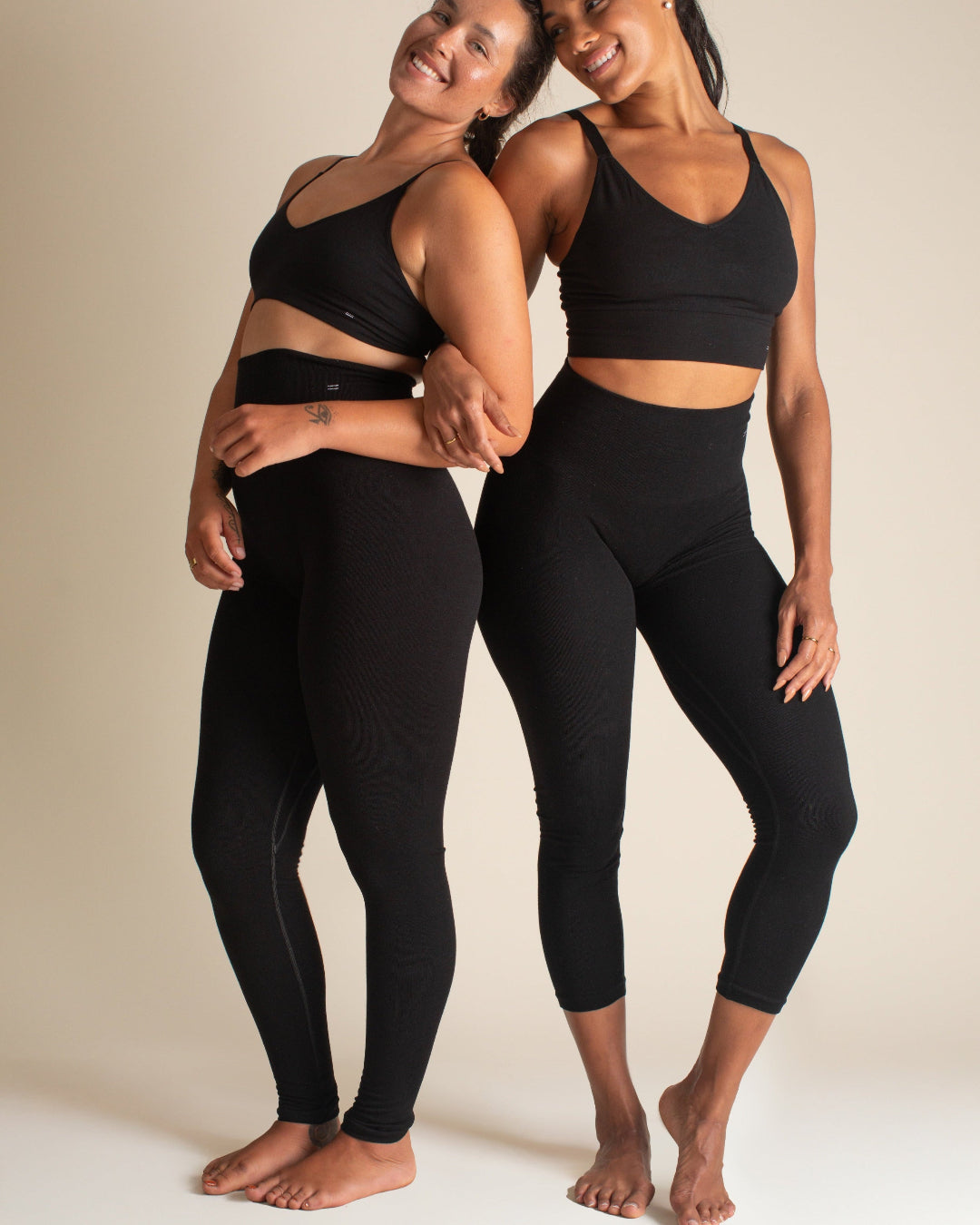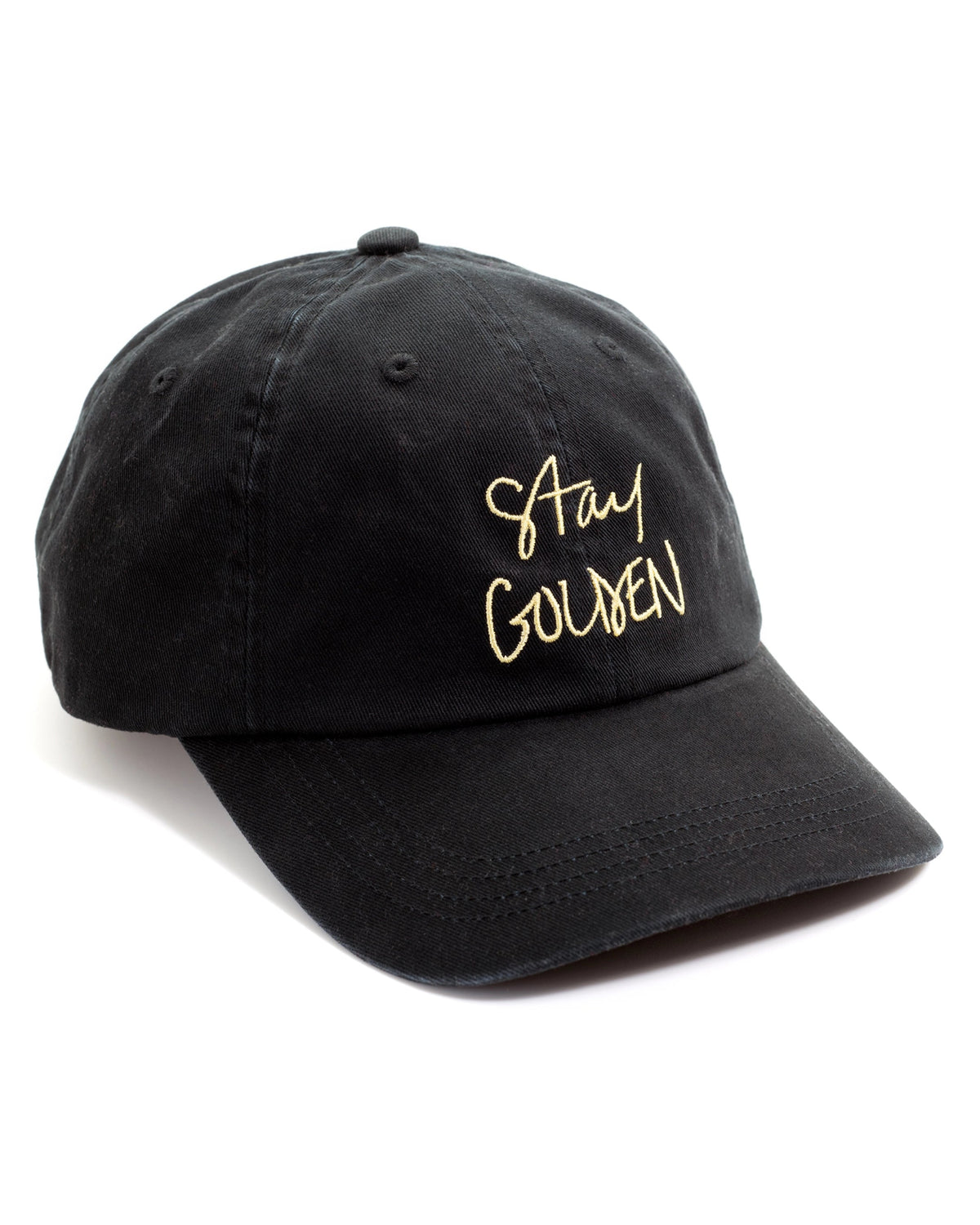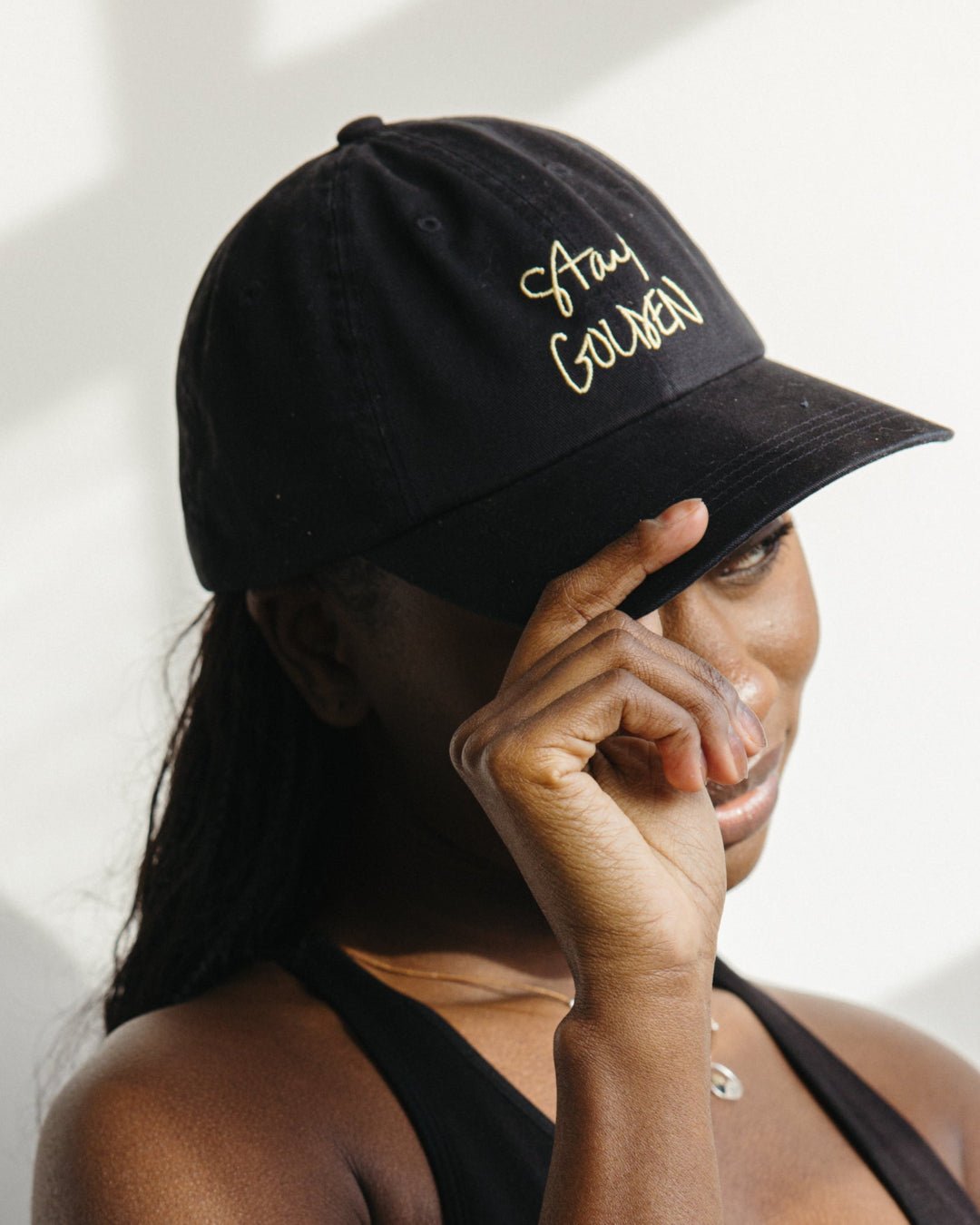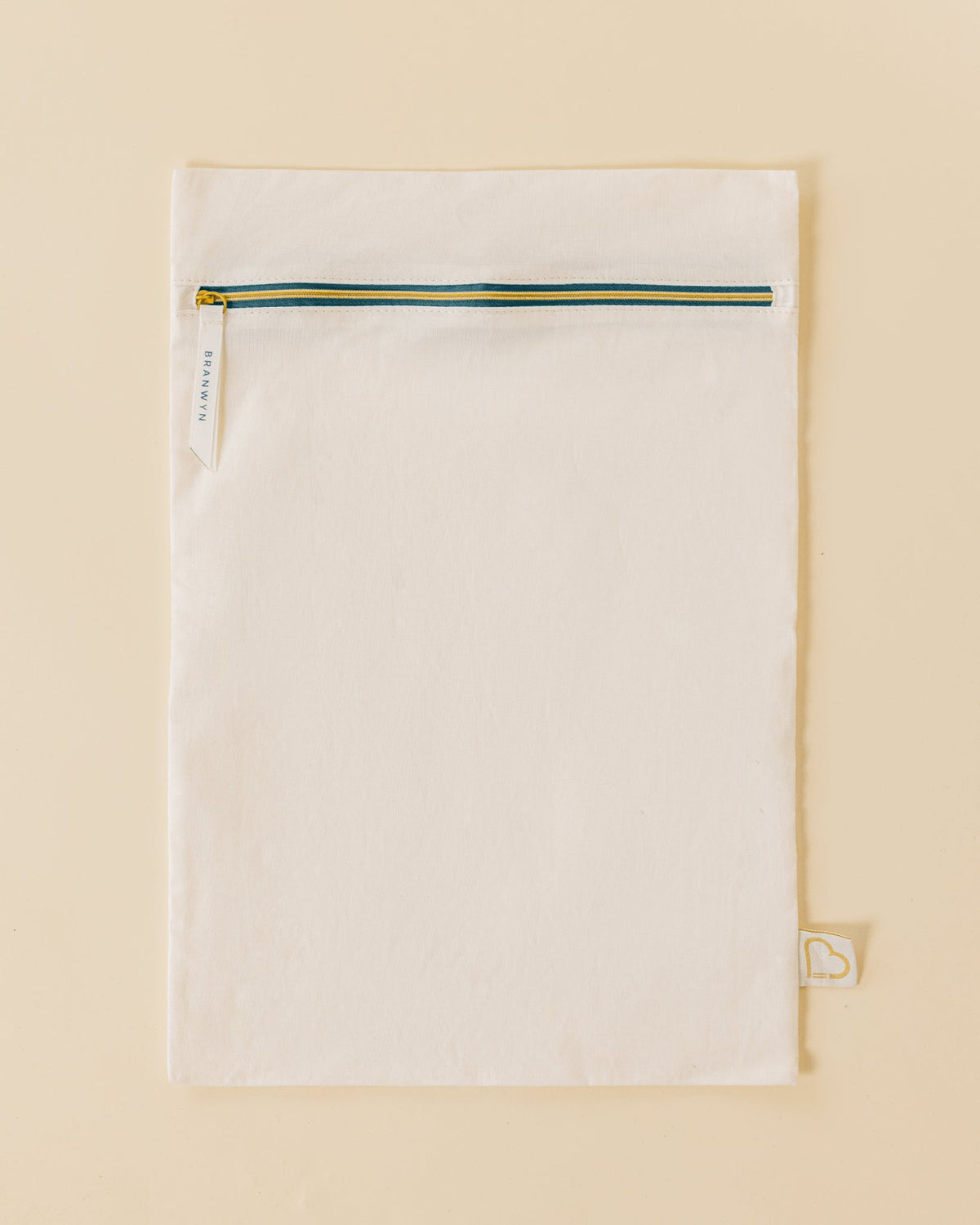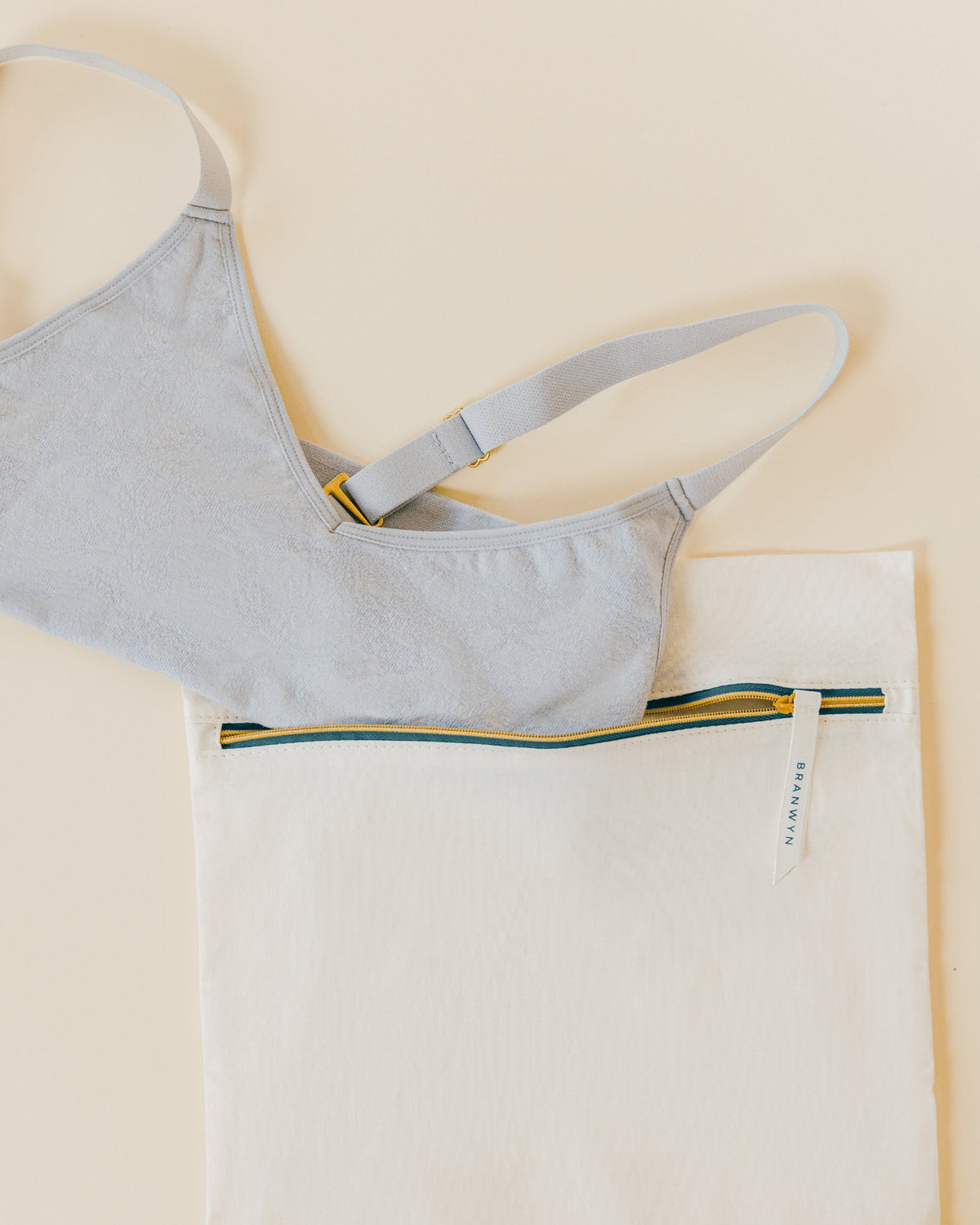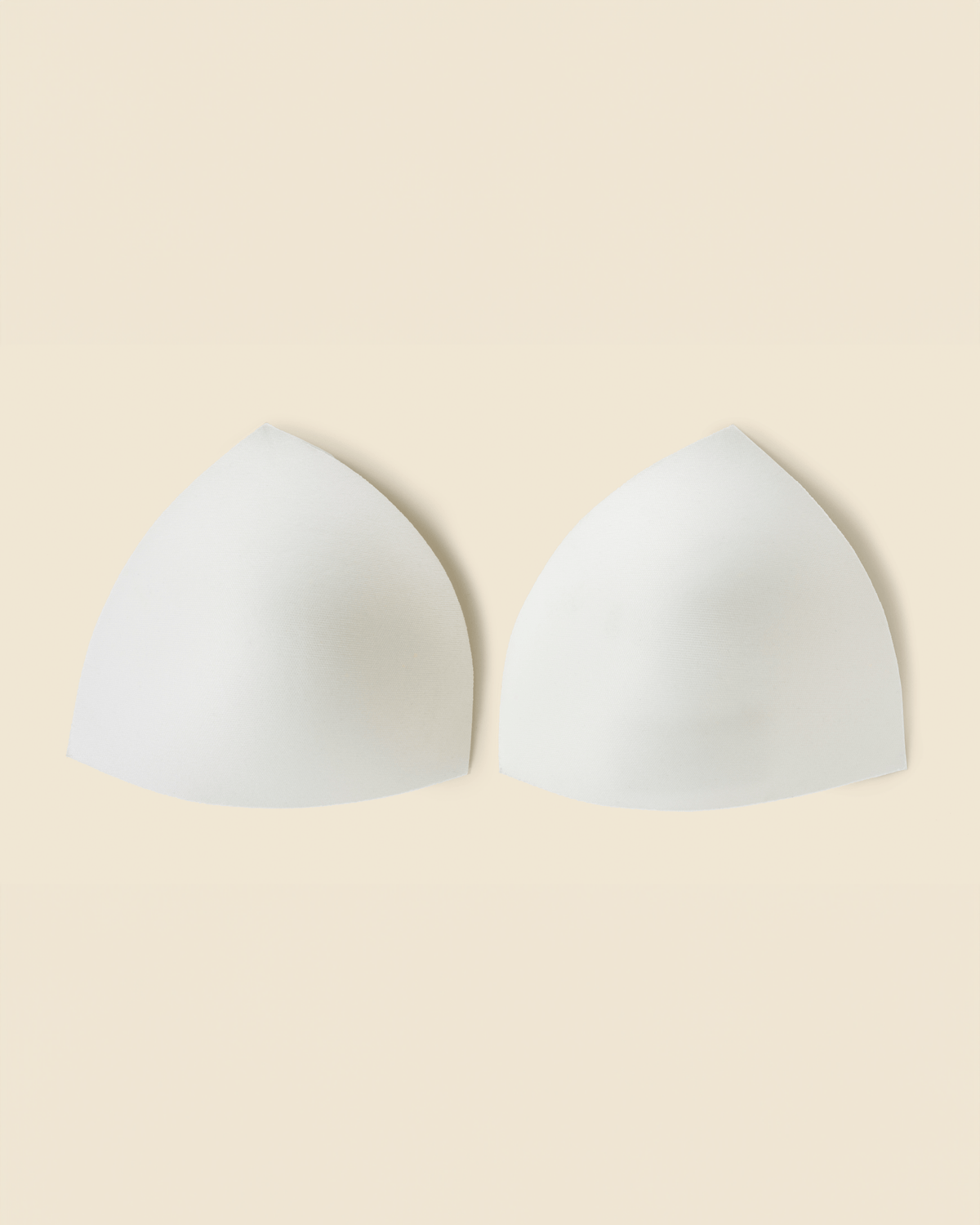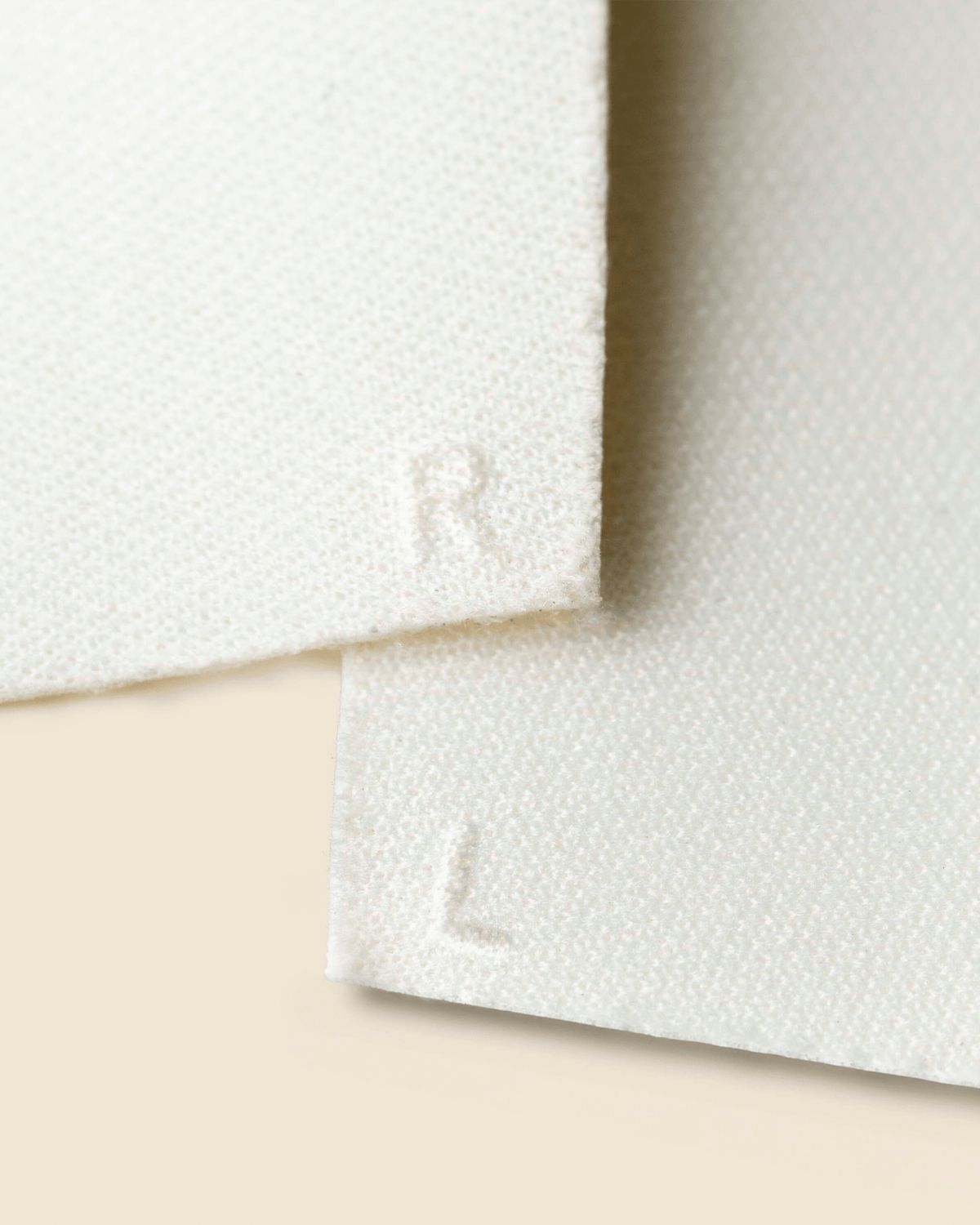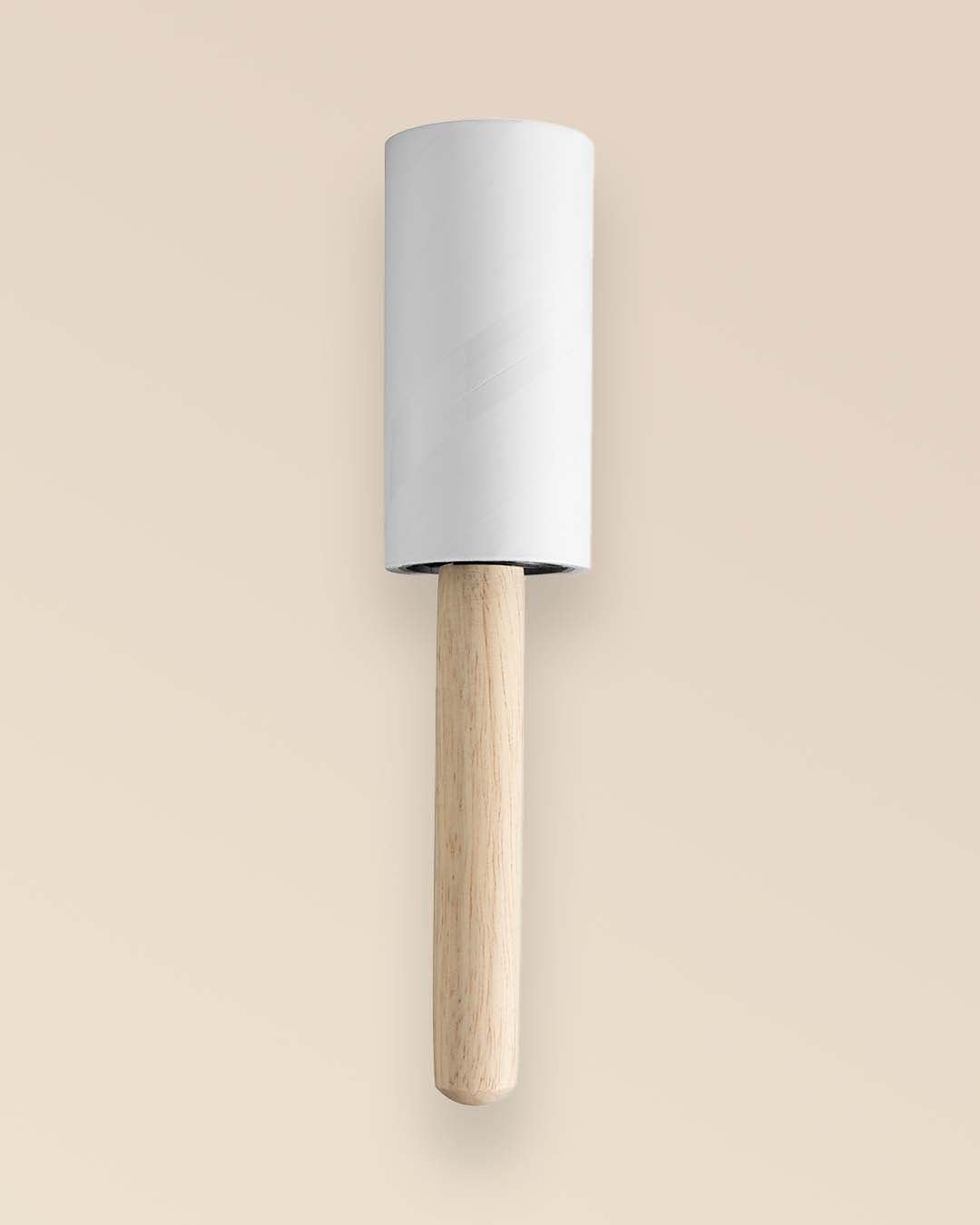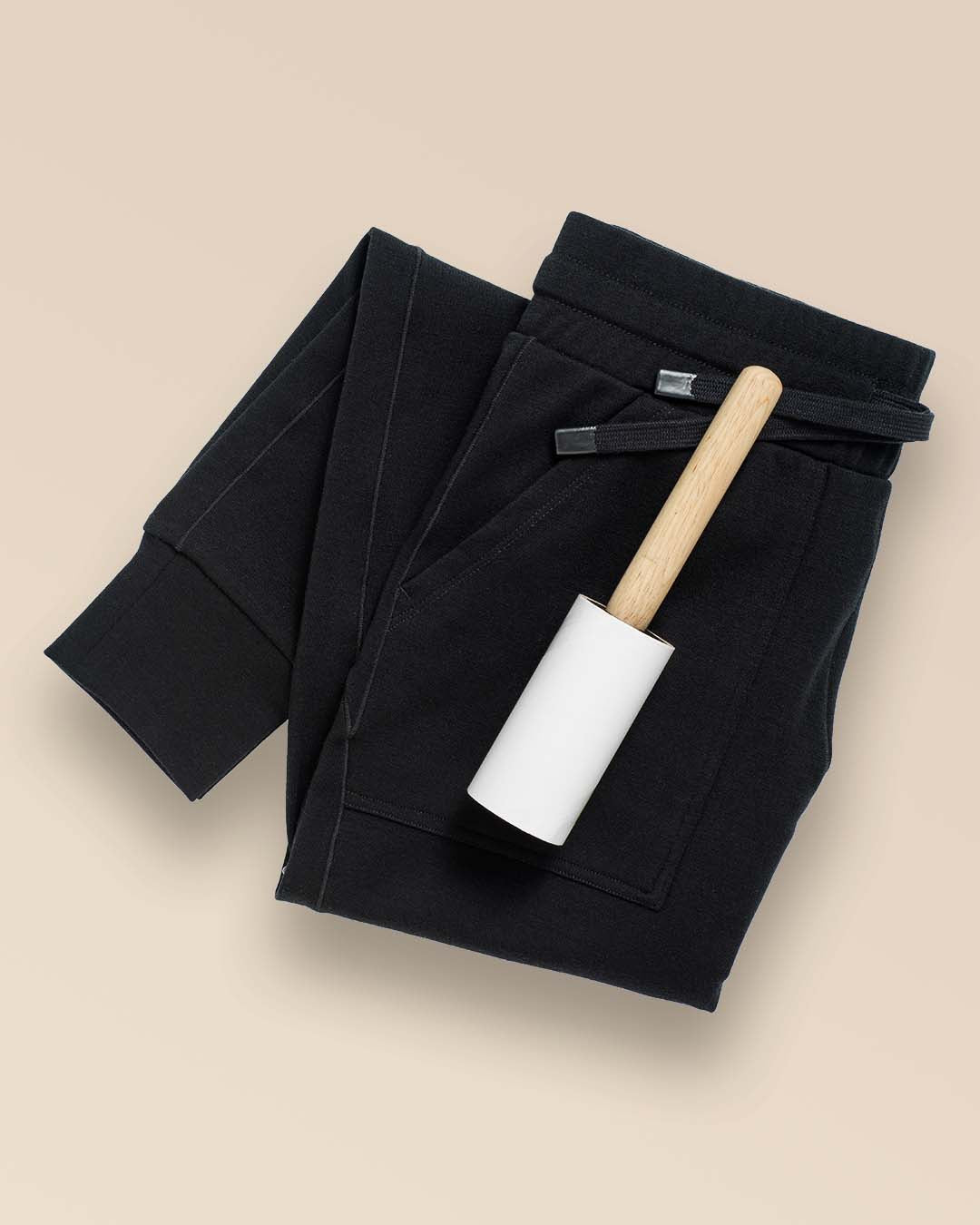If you’ve ever tried Merino, you know how good it feels to wear. The sustainable fabric naturally keeps you cool in the summer, warm in the winter—and effortlessly dry, comfortable, and funk-free all year round. But you know what feels even better? The knowledge that the wool you’re wearing was sourced in a completely ethical way from happy, healthy, free-range sheep.
What does ethical wool mean?
Let’s start with the good news: No matter how it’s harvested, all wool is biodegradable. Unlike polyester, which can take centuries to degrade, wool is an organic material that returns to the earth just like anything else in your compost bin. But not all wool is ethical wool.
Ethical wool means that sheep are treated with the highest quality of care on farms that practice sustainable farming methods and treat workers fairly, too. With many brands, it’s tough to tell where your wool comes from, but BRANWYN uses only ZQ Certified Natural Fibers to ensure that every piece of fabric is woven from ethical wool.
“The more we understand about our animals, our environment, the technology and threats that are coming over the horizon, the greater impact we can have,” says Alice Norton of ZQ. “Our partners believe natural beats synthetic any day and strive to ensure their businesses are managed in a way that puts people, our animals and land first.”

Does shearing wool hurt sheep?
For domesticated sheep, sheering is a natural—and necessary—process. For thousands of years, humans have bred sheep to produce wool, so now they need an annual haircut, usually done right before summer to stay comfortable. If a sheep’s wool isn’t shorn, it will continue to grow and can cause dangerous overheating and mobility issues for the animal—it can even get in the way of the eyes rendering a sheep practically blind.
As for shearing, “it's just like getting a 'number 4' haircut,” says Norton. “ZQ shearers are highly skilled people who pride themselves on careful handling of the sheep. Before shearing even starts, ZQ growers work with their shearing contractors and team to ensure that appropriate planning and preparation has taken place to minimize stress.”

Happy sheep = exceptional wool
All ZQ-certified wool comes from happy, healthy sheep… but what does that mean in the real world? First and most importantly, ZQ ensures that its sheep are never ever subject to “mulesing.” Mulesing is the practice of carving pieces of flesh off of a sheep’s buttocks and legs to prevent the disease flystrike. The brutal practice is extremely painful for sheep—and it can often lead to infection or even death. While mulesing is common in certain farming regions, ZQ farmers are under strict regulations to never hurt a sheep in this (or in any) way.
ZQ farmers go beyond the commitment to treat sheep in a humane way. “ZQ sheep graze on pastures in ‘free range,’ extensive farming conditions in the high-country hills of New Zealand, the outback of Australia, the green plains of South Africa or the mountainous terrain of South America,” says Norton. All farmers must pledge to provide sheep with:
- Freedom from thirst or hunger: Sheep have the ability to forage freely while maintaining constant access to clean drinking water.
- Freedom from pain or distress: Sheep must be handled in a way that avoids stress, and farms are set up in a safety-first model.
- Freedom from injury or disease: ZQ growers monitor sheep regularly to ensure the best of health.
- Freedom from discomfort or inadequate shelter: ZQ sheep must always have access to comfortable shade and shelter.
- Freedom to display normal patterns of behavior: ZQ sheep must have plenty of space to roam wild—for most this means at least an acre of free-range pasture per animal.
This isn’t just the right thing to do, says Norton, “healthy sheep also naturally produce the best quality fiber.”

Sustainable farming is key
When you’re wearing BRANWYN, you can rest assured that the wool comes from farms that respect the environment and are committed to keep our earth healthy for future generations of people—and sheep!
ZQ growers must create a Land Environmental Plan to manage their environmental impact. Norton explains, “For some that might mean planting native trees, protecting a native eel species or ensuring the lake and waterways are clean enough to drink from.”
Our ultimate goal is for everything BRANWYN makes to not only be sustainable, but regenerative—to leave the earth a happier and more vibrant place than we found it. Thank you for being a part of our mission!

